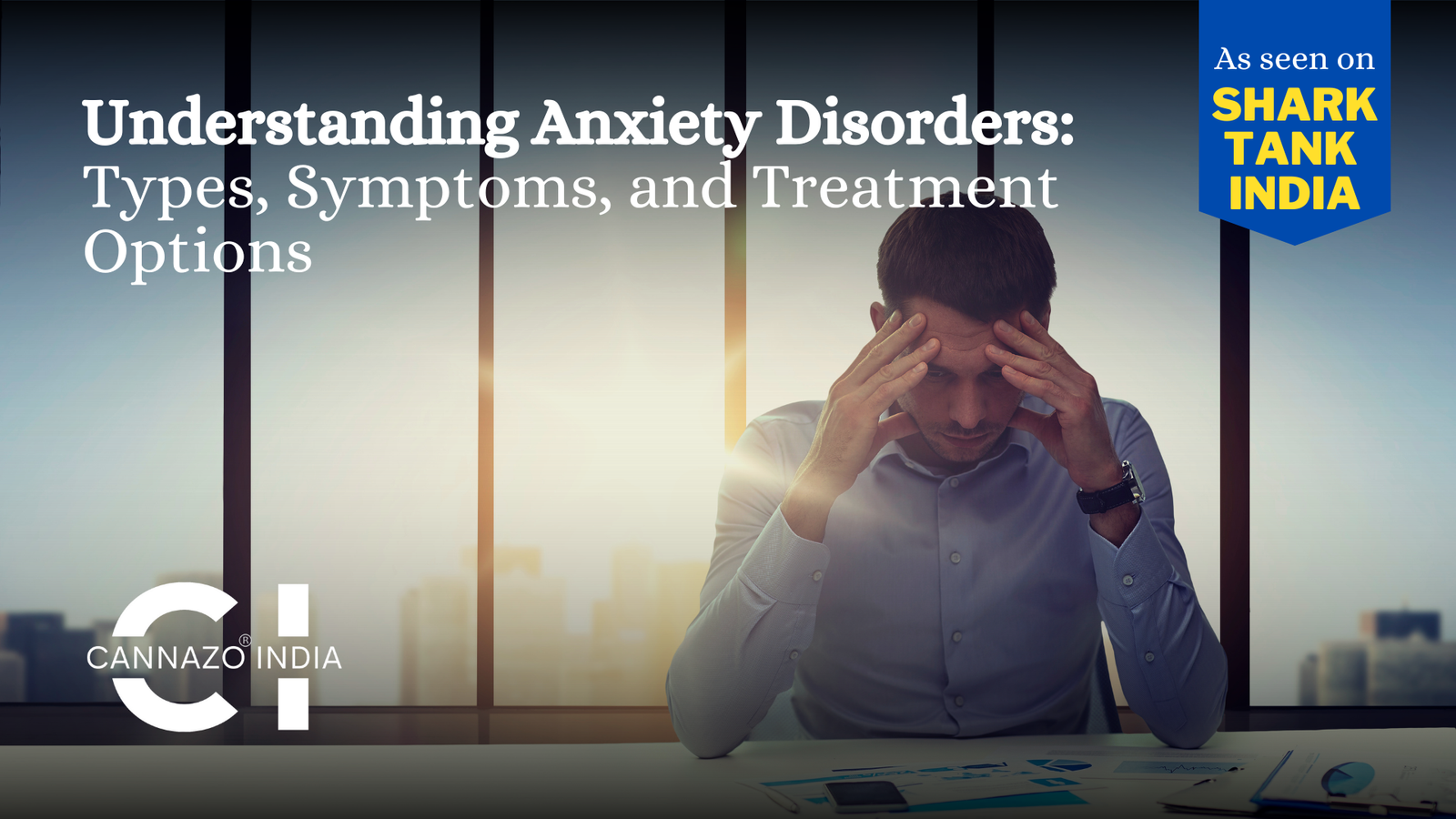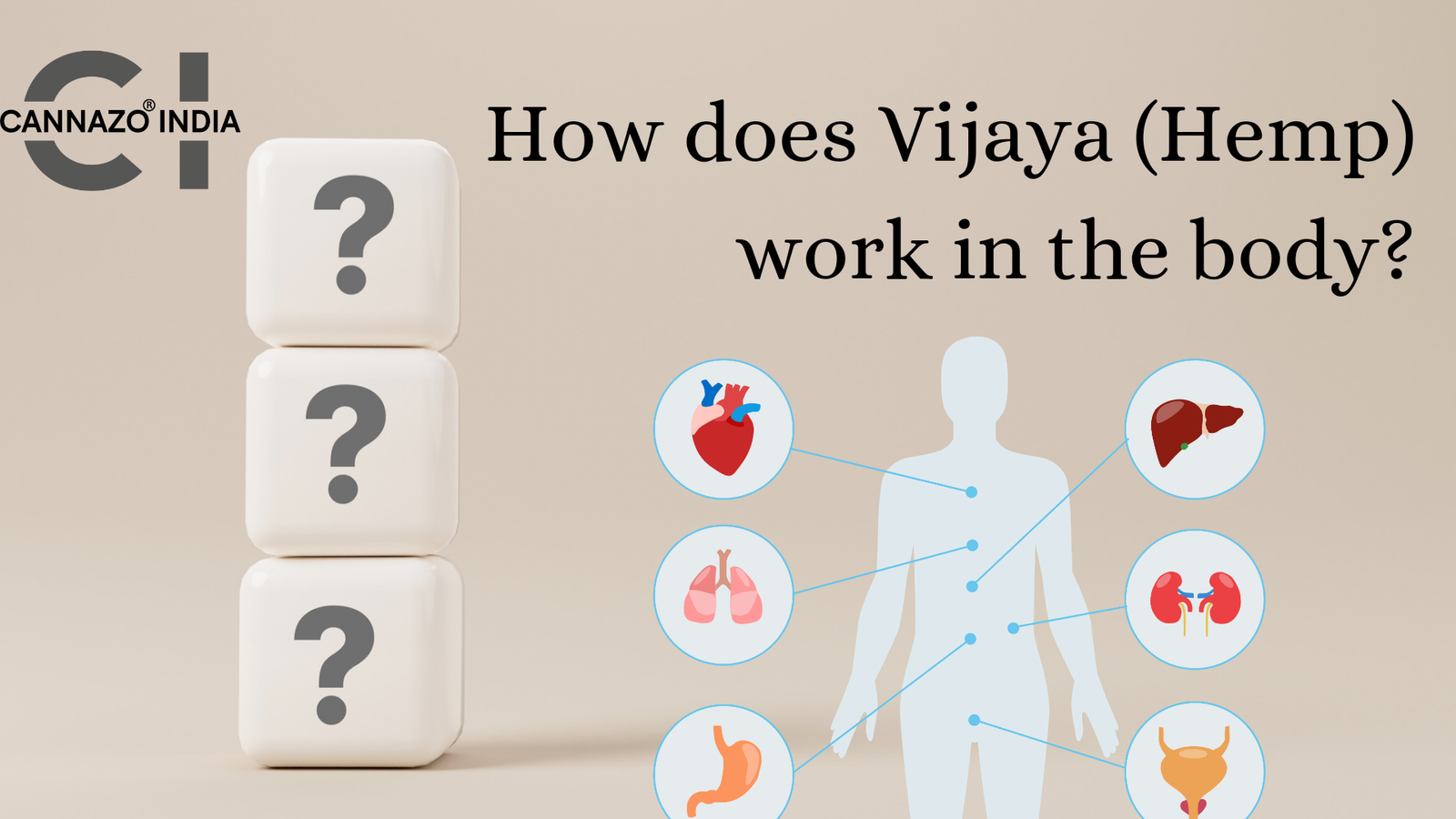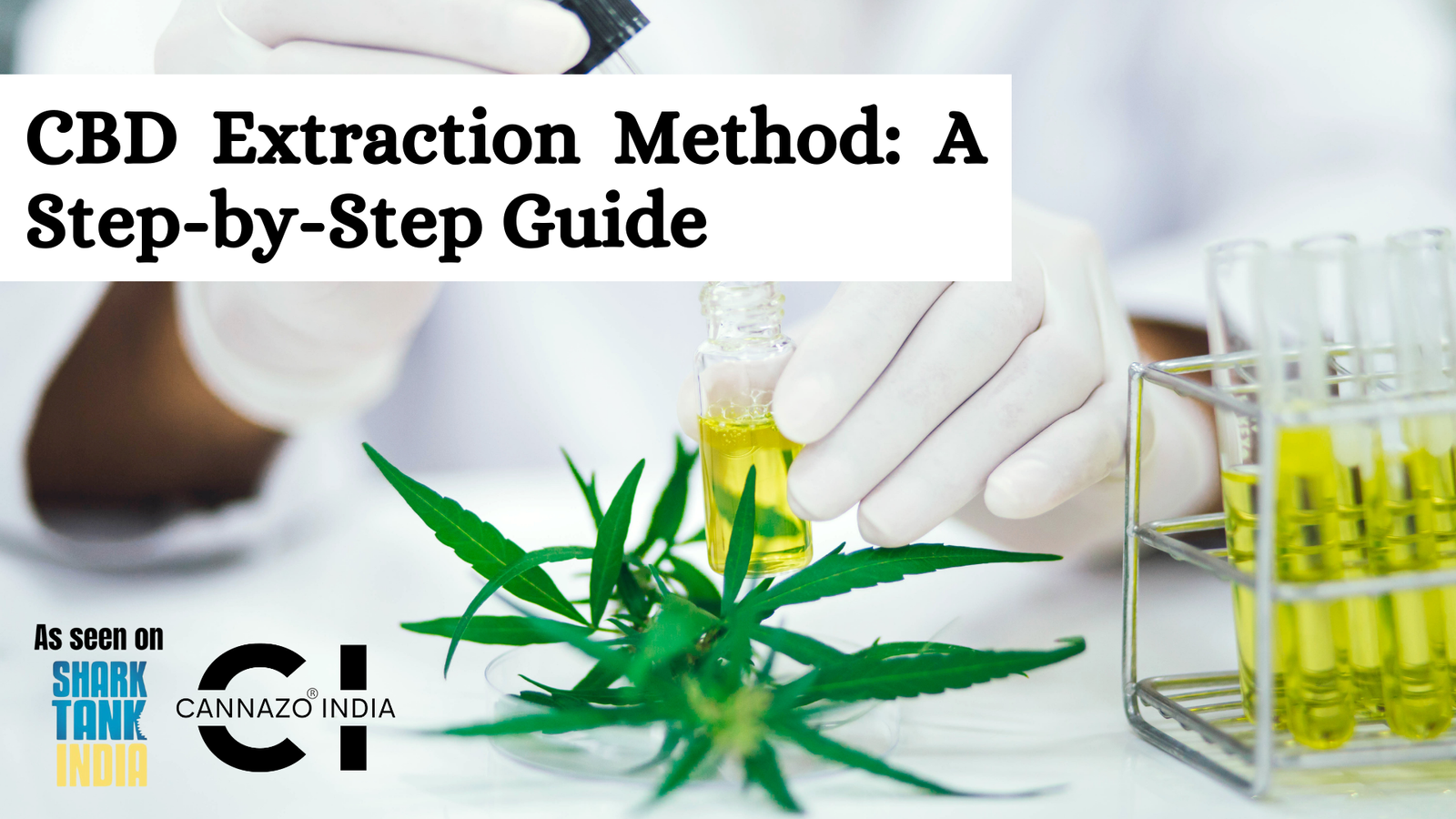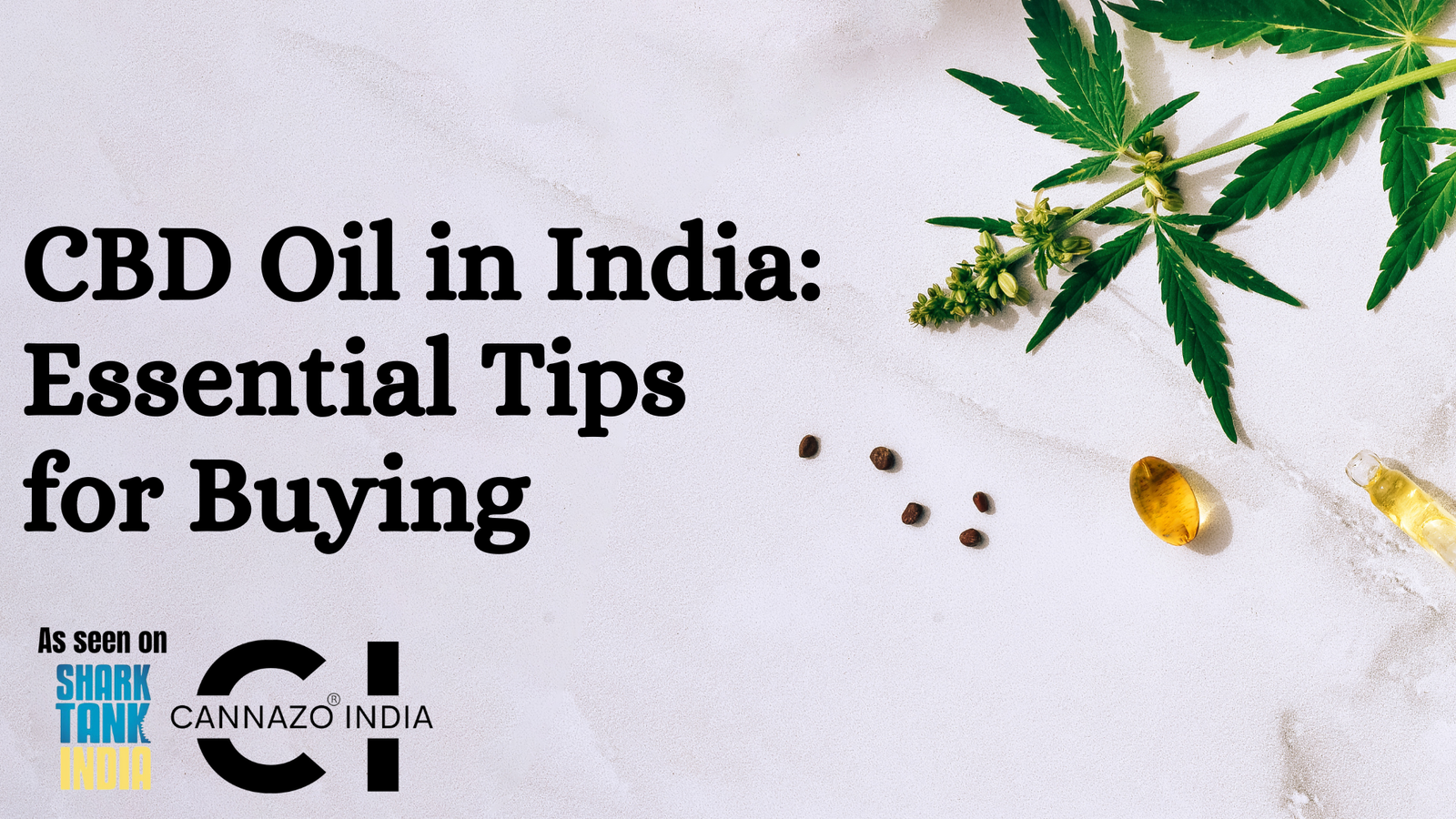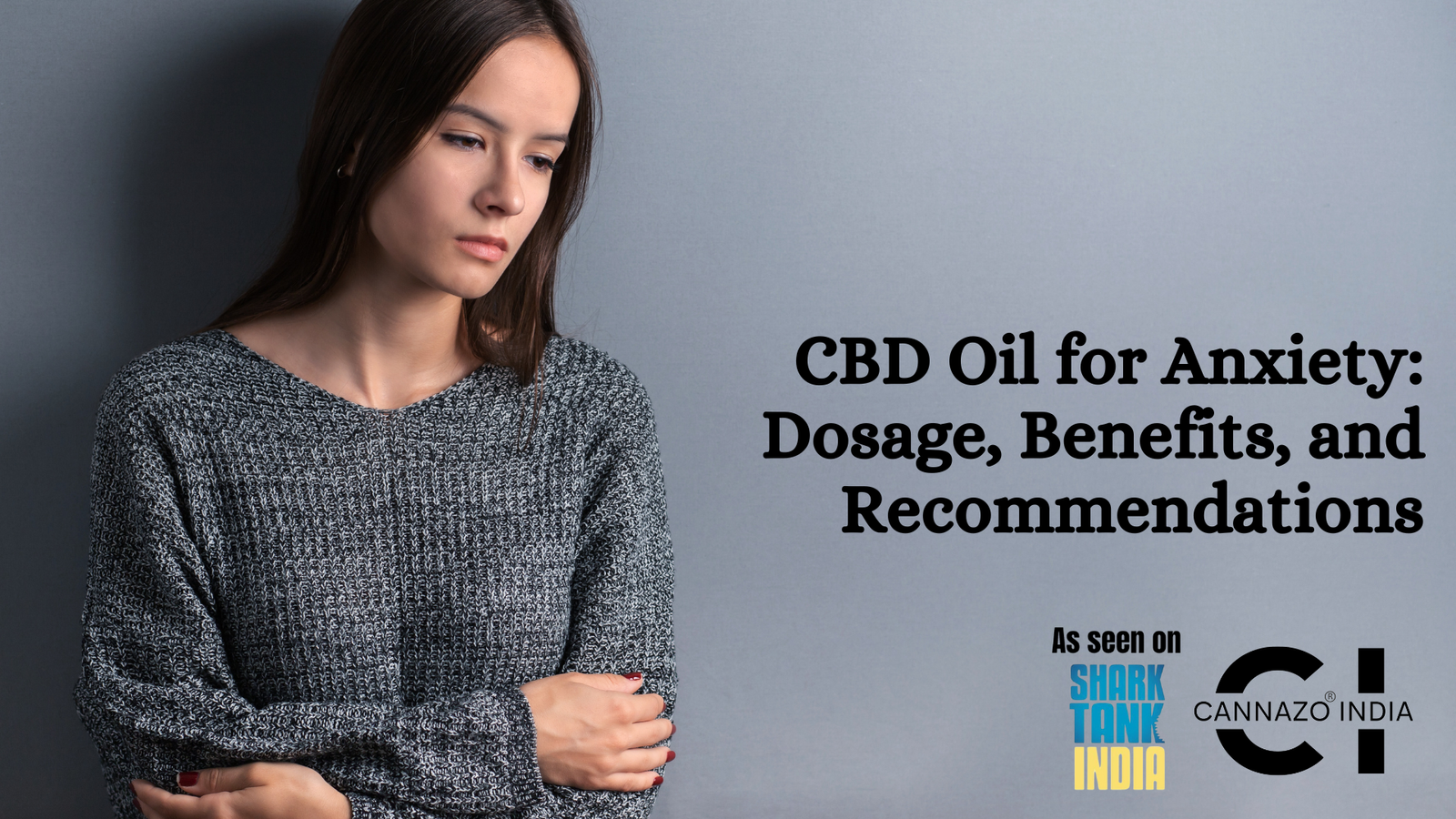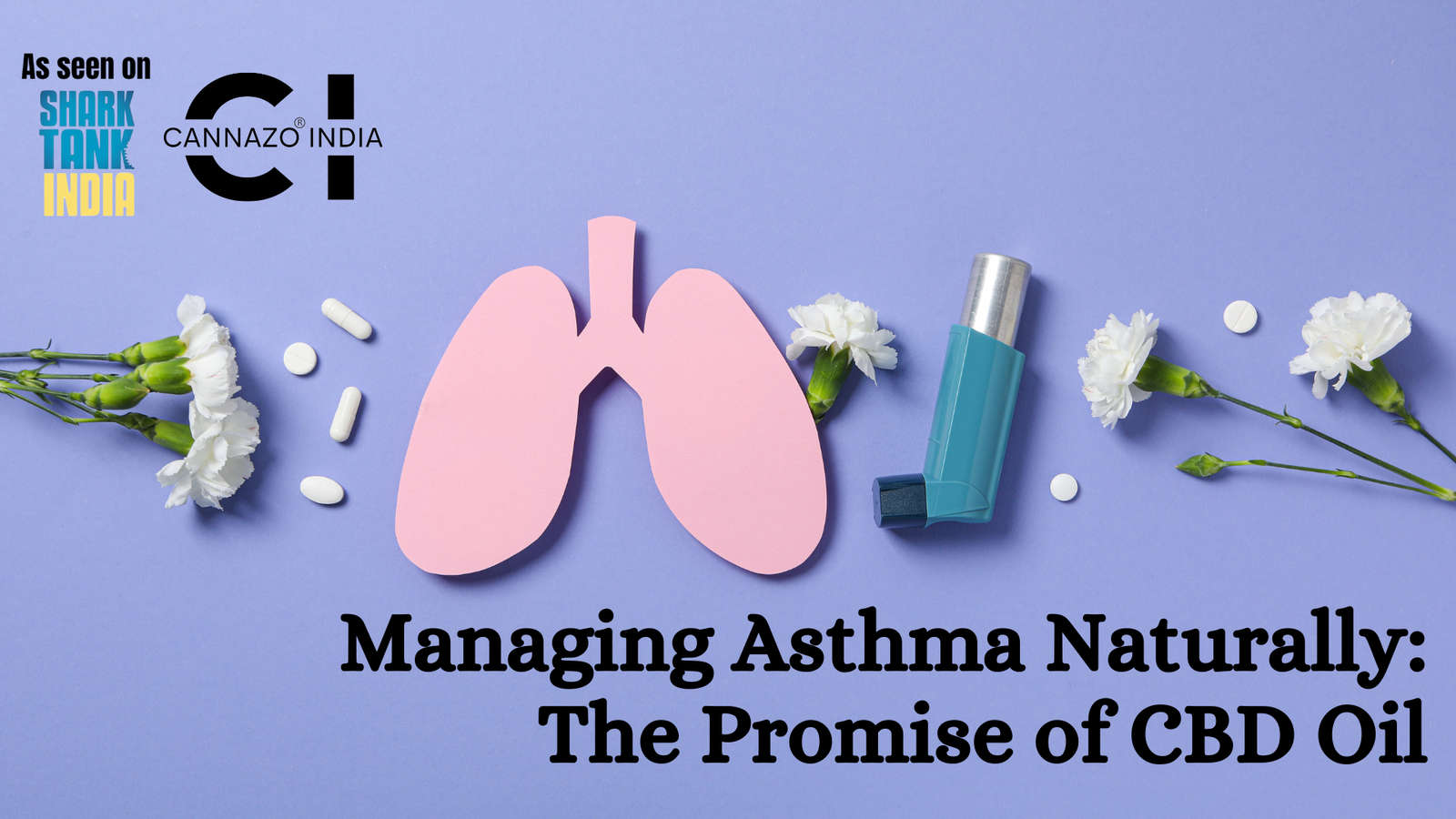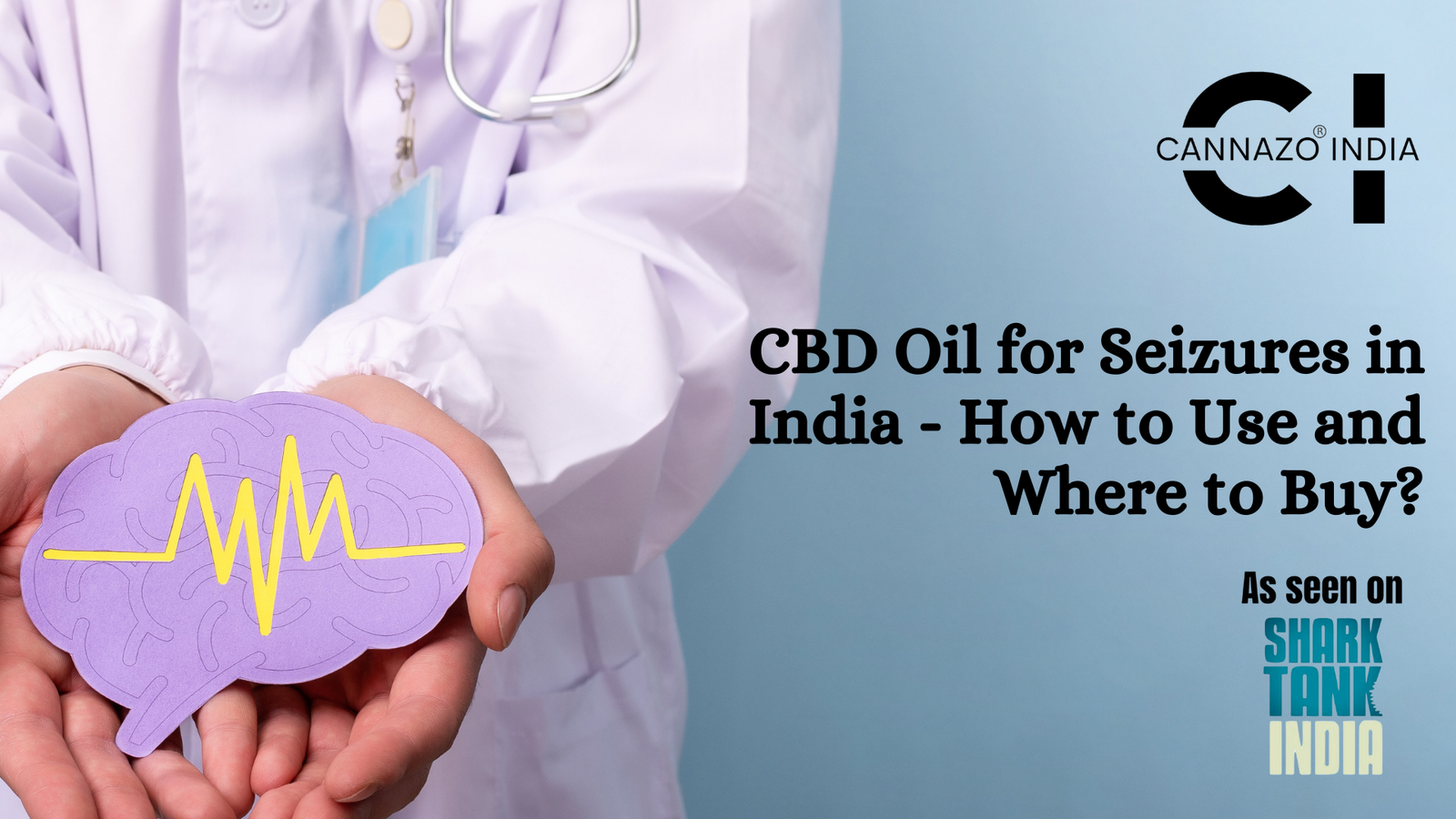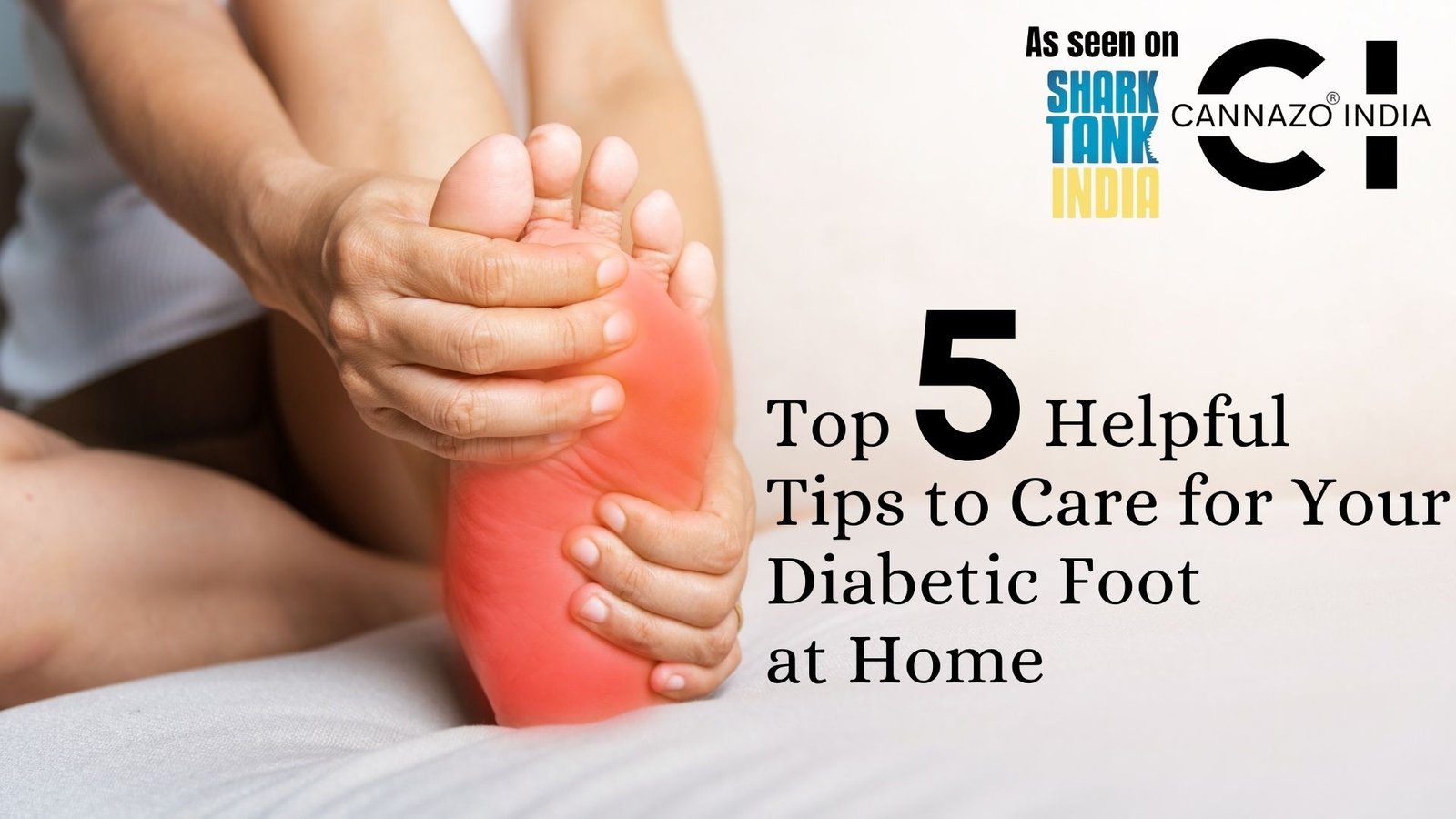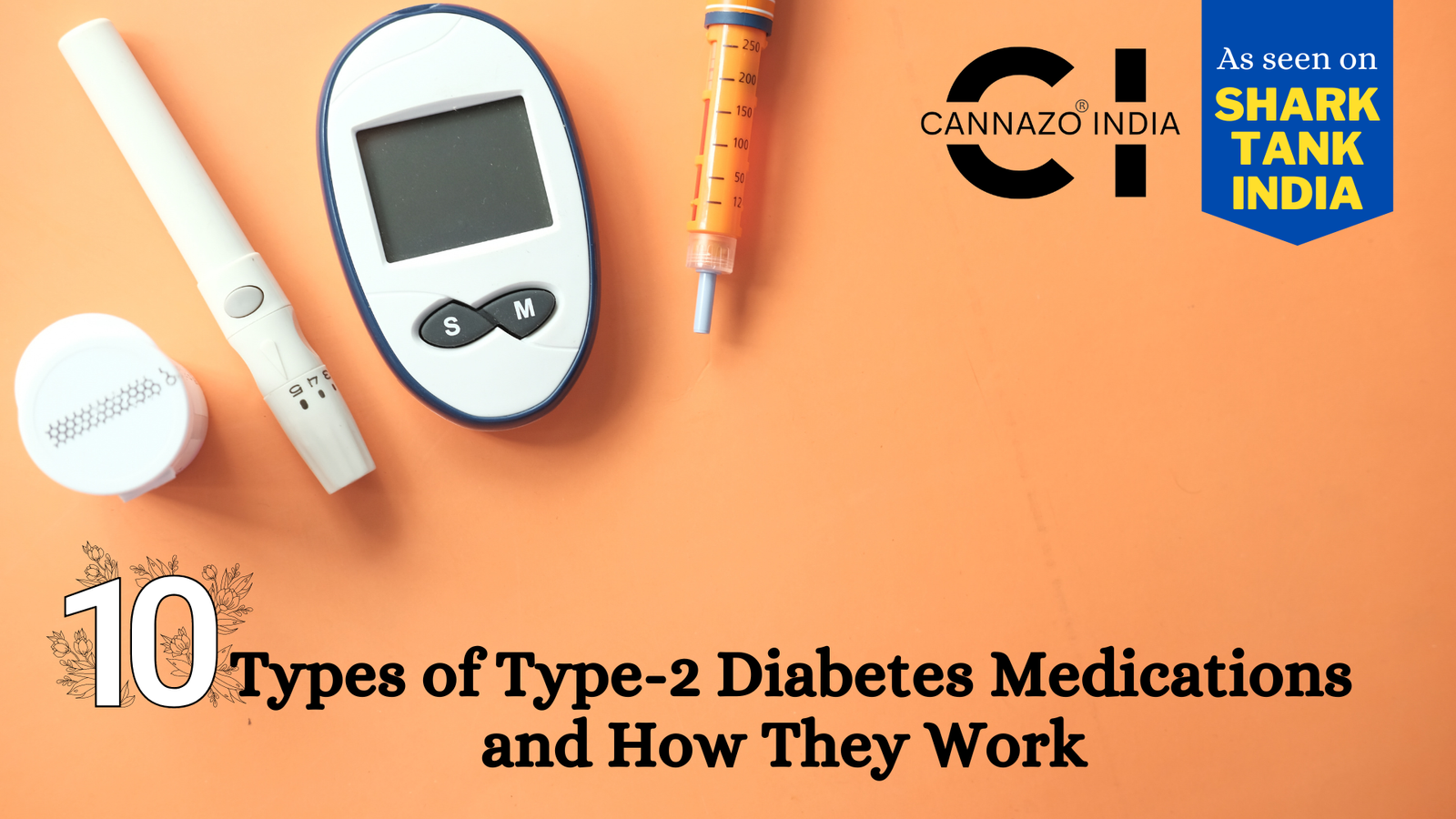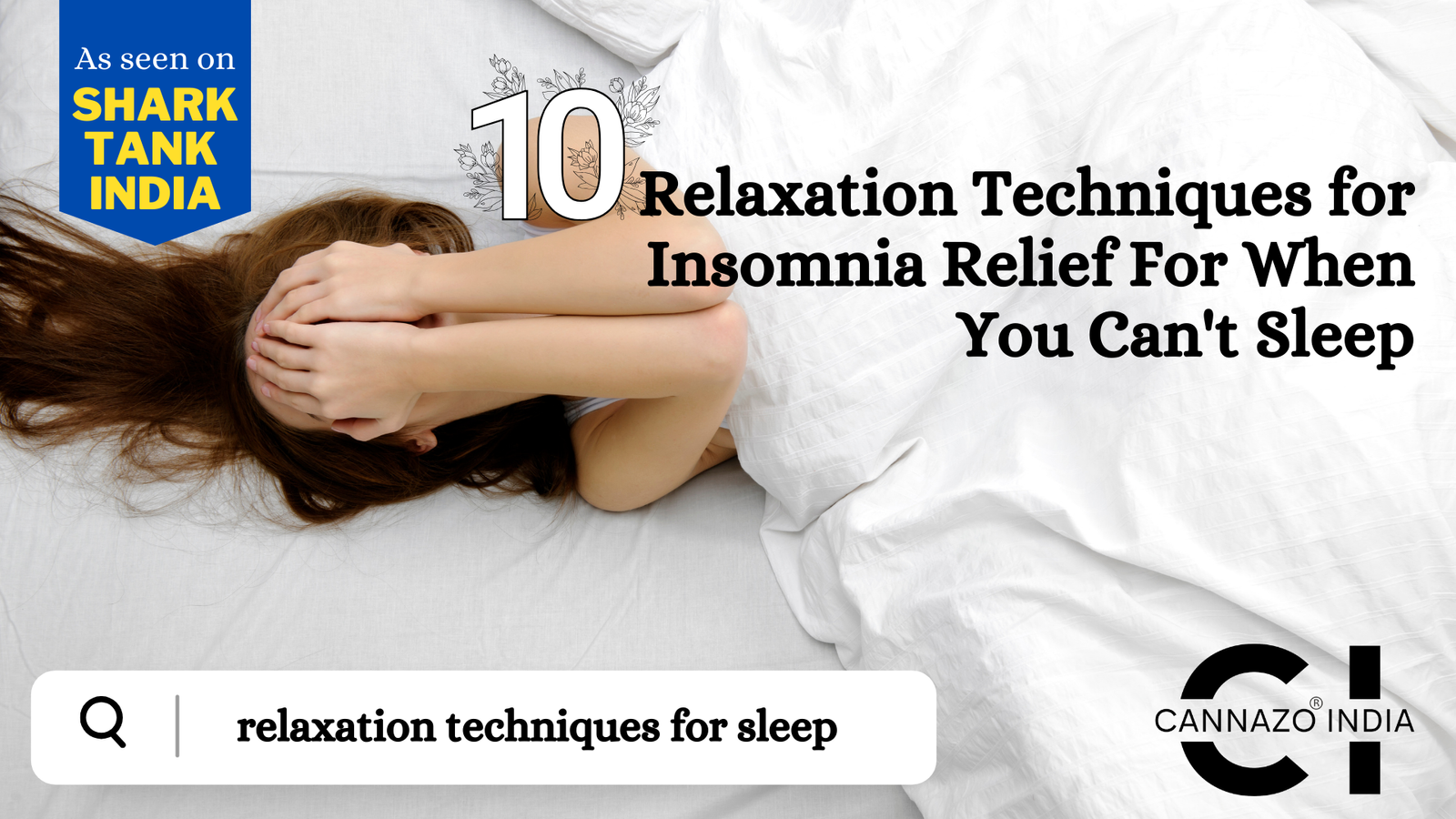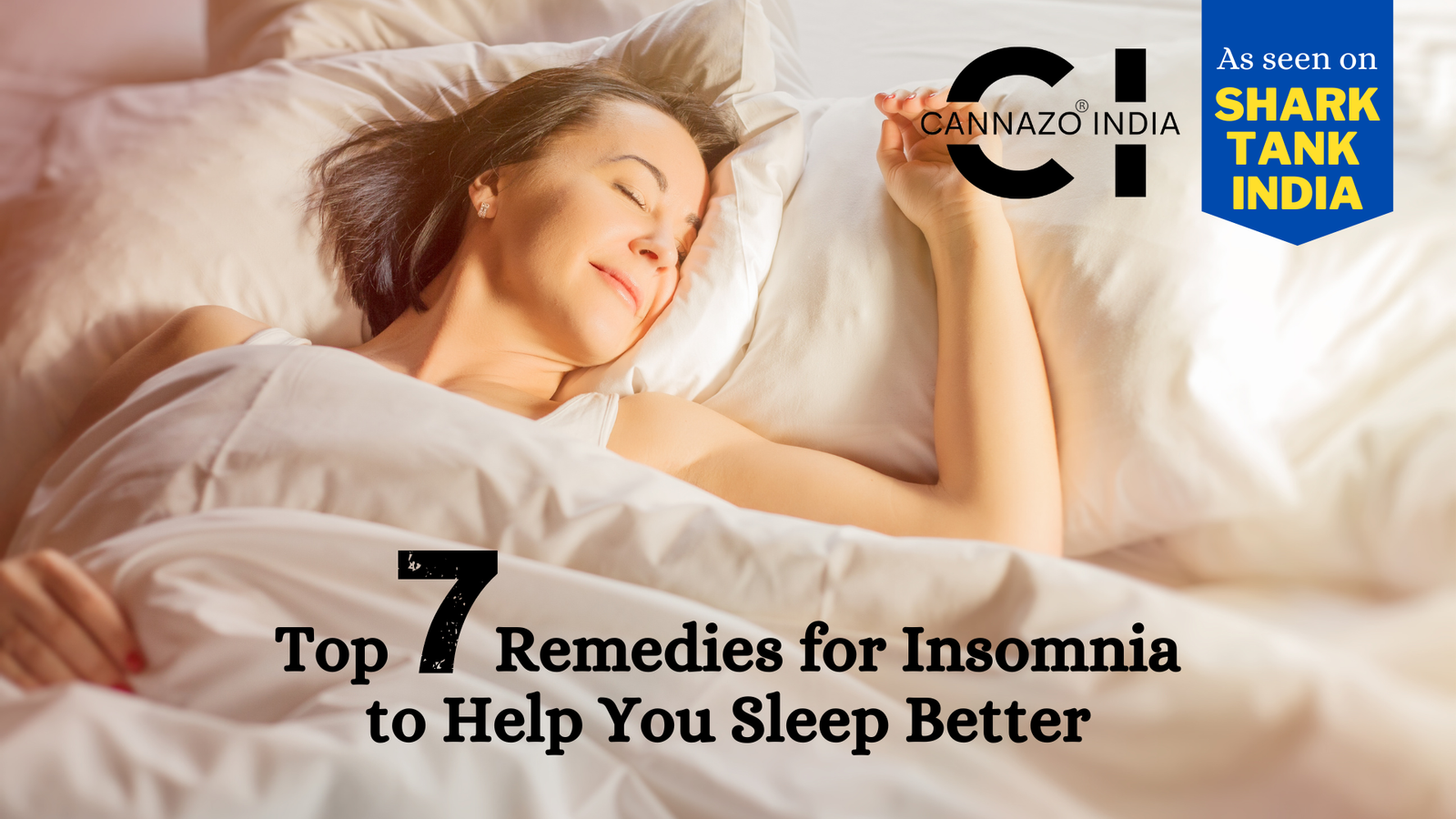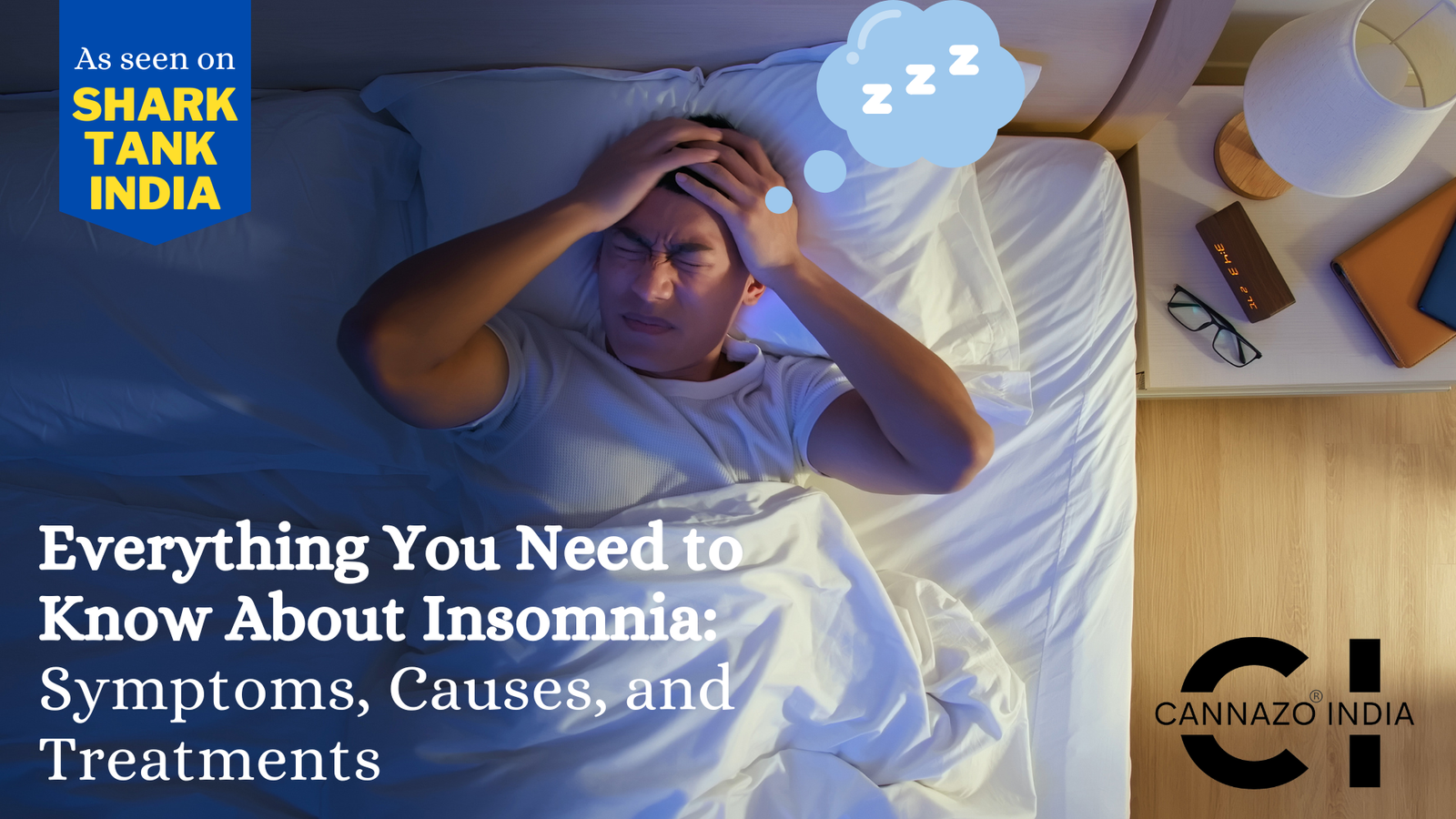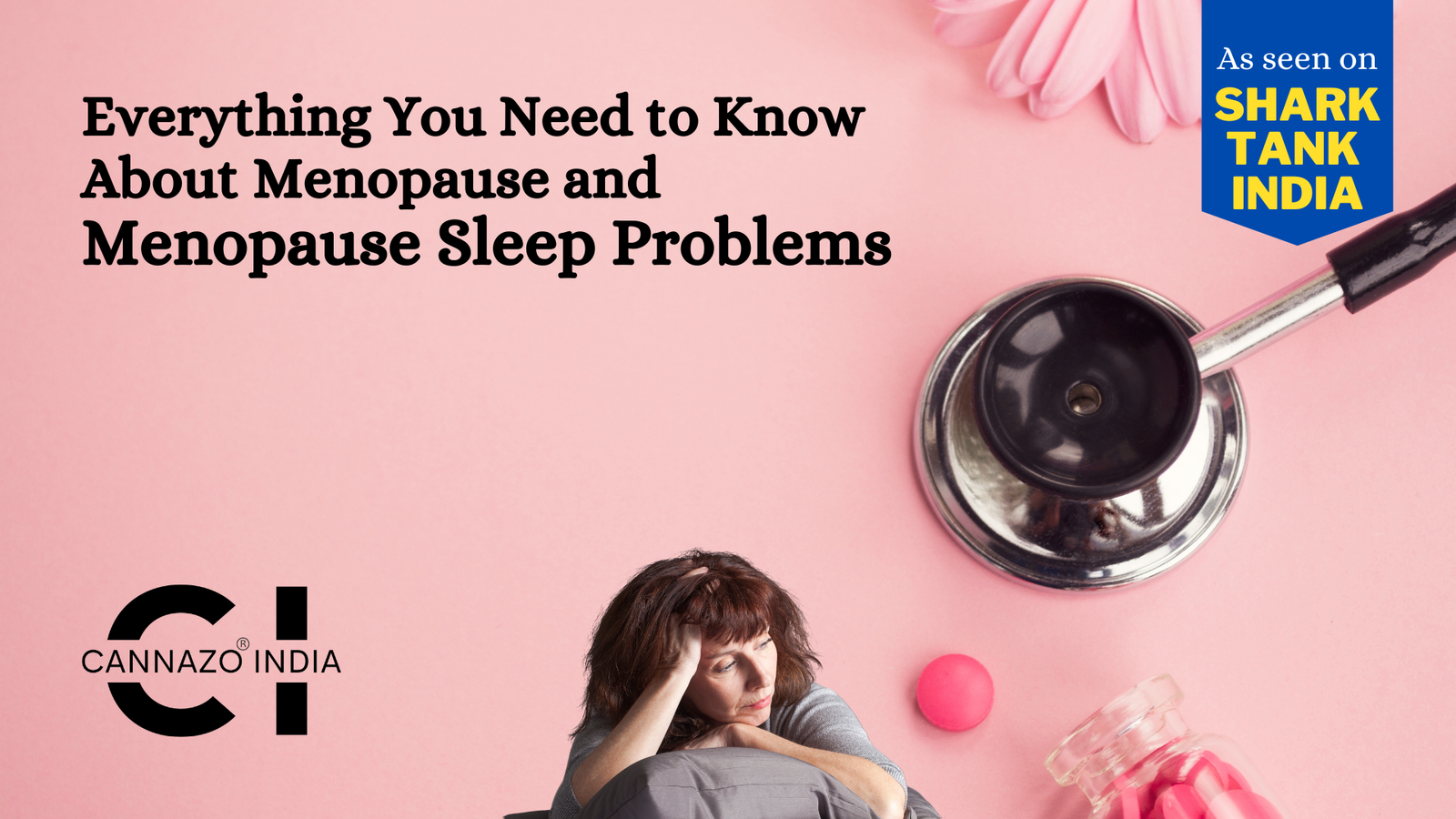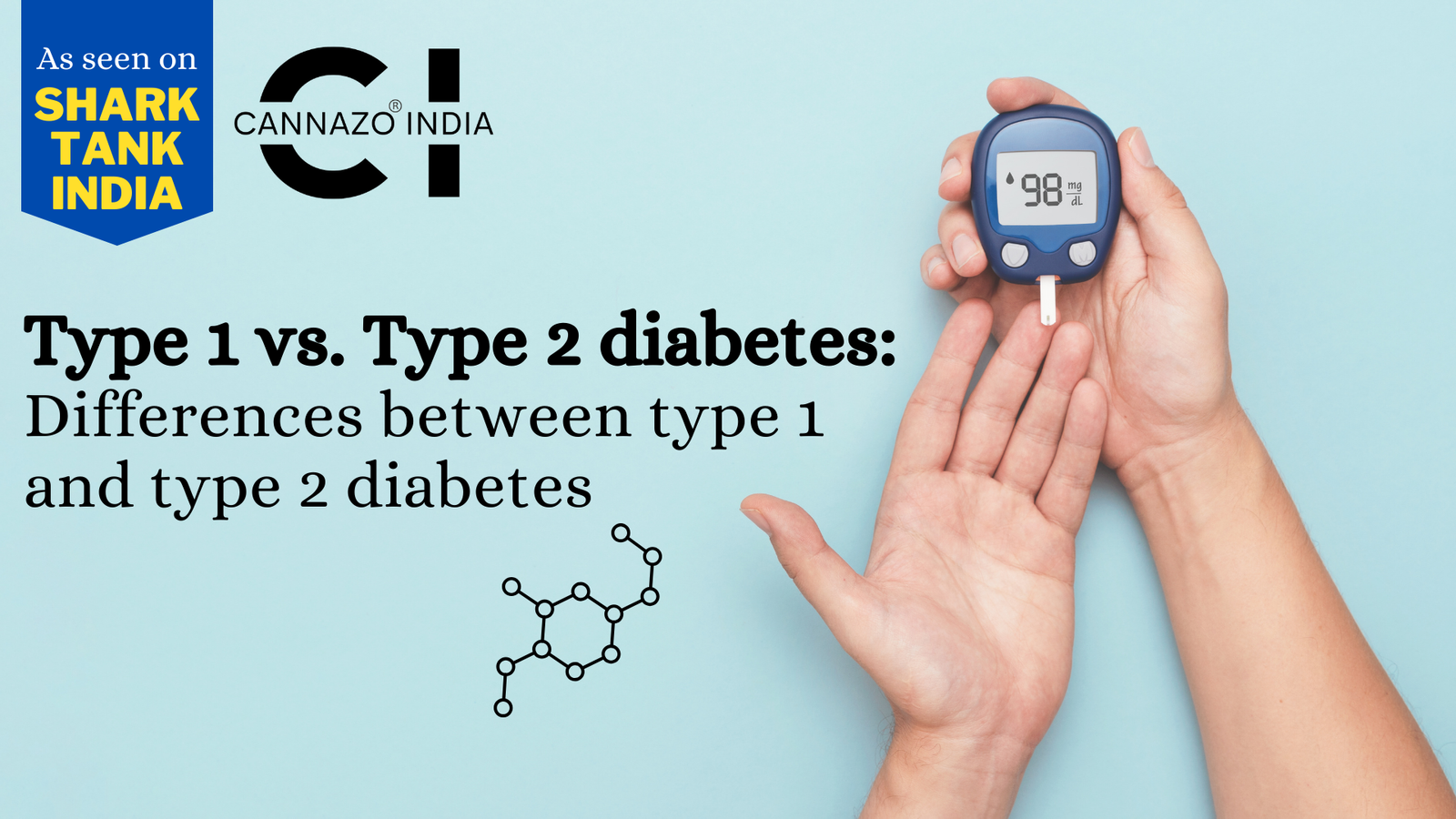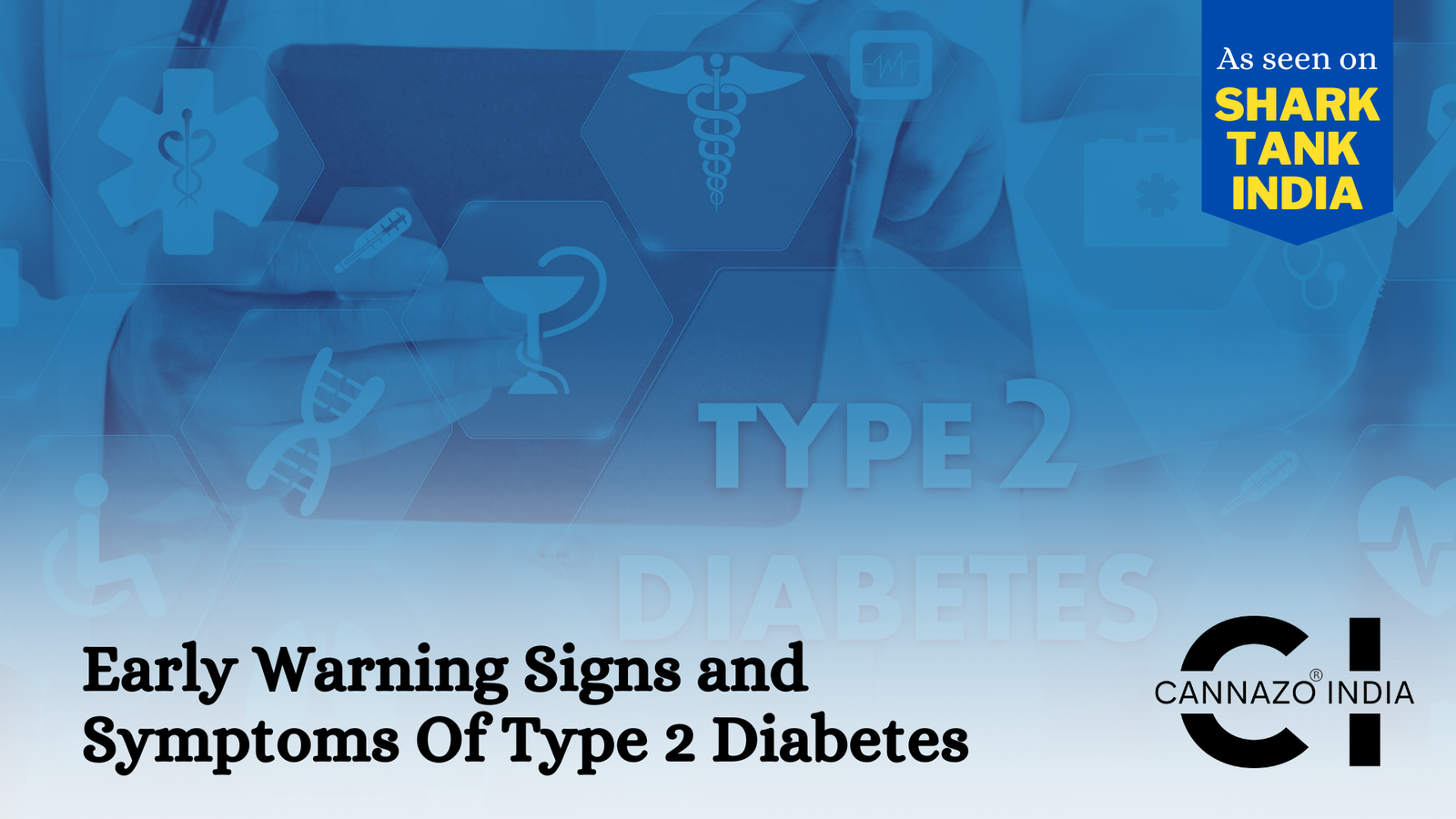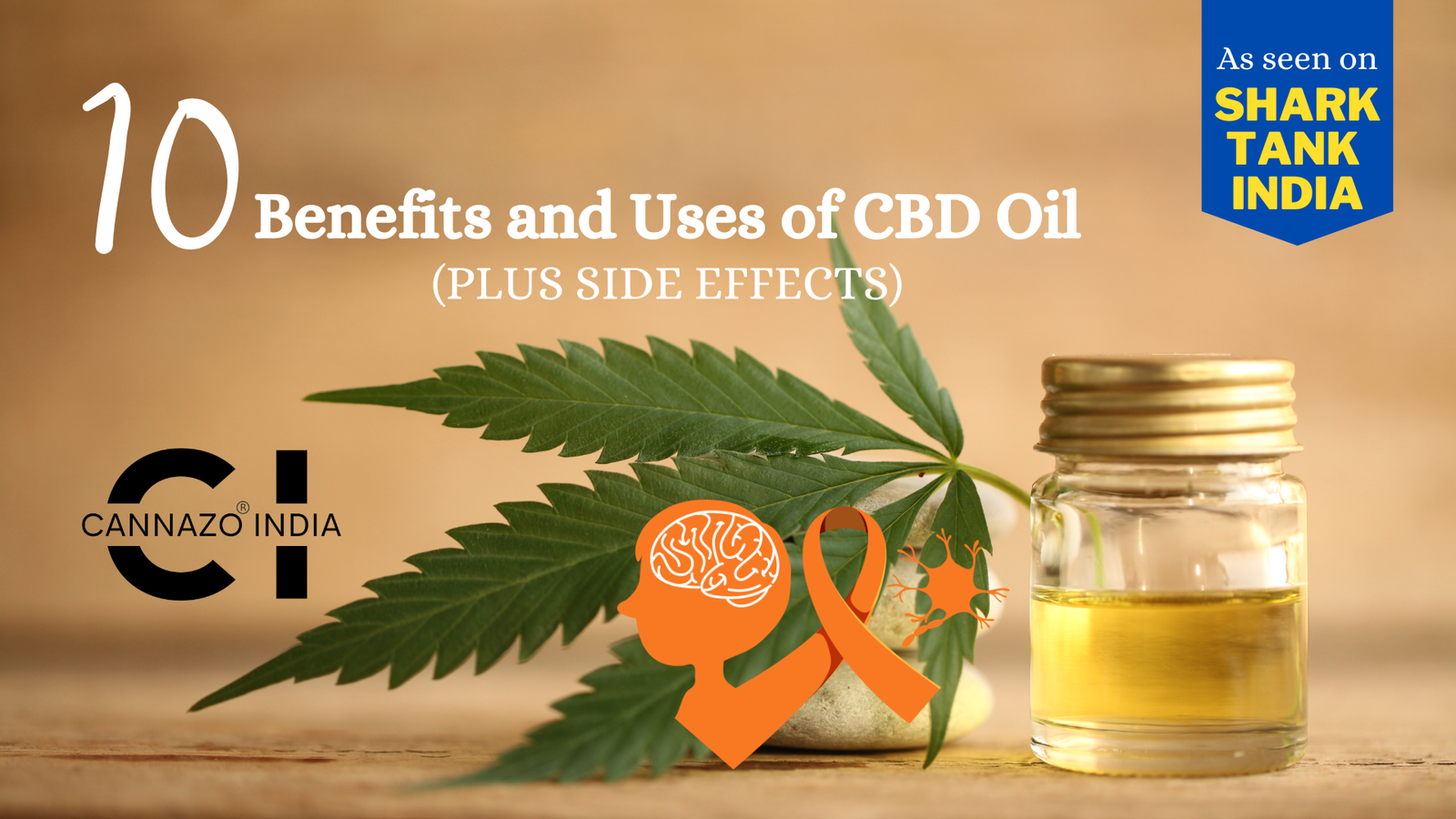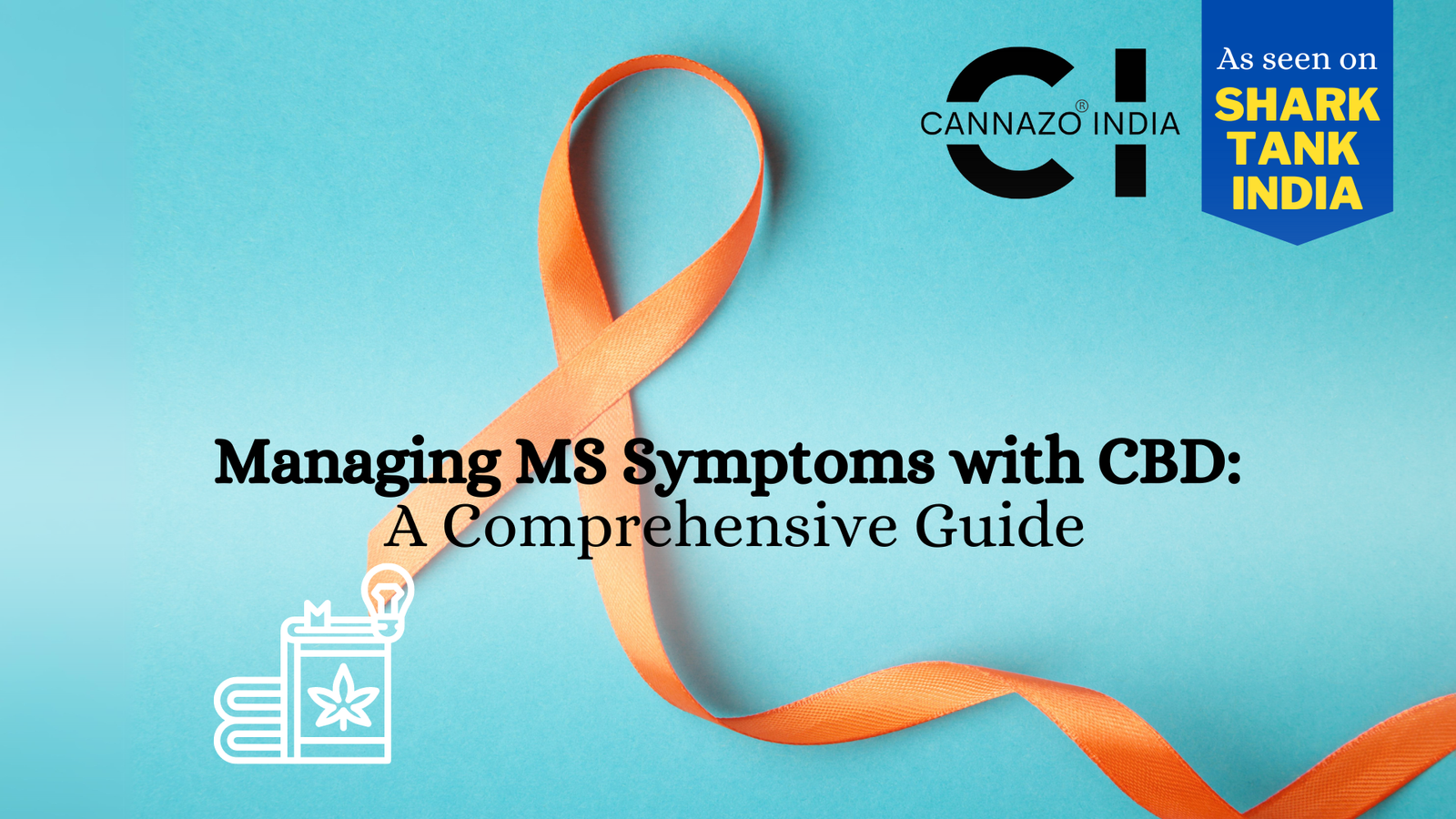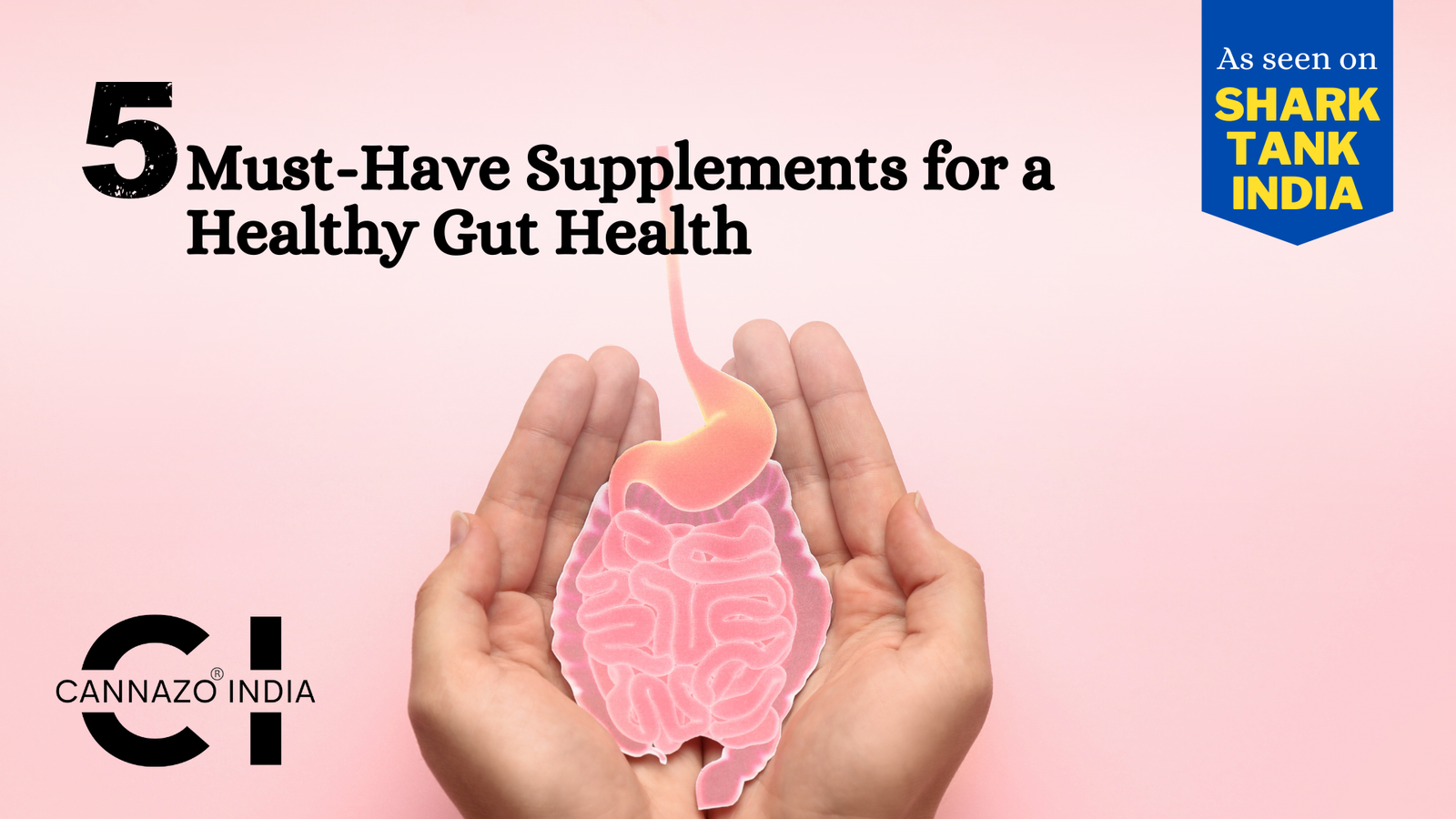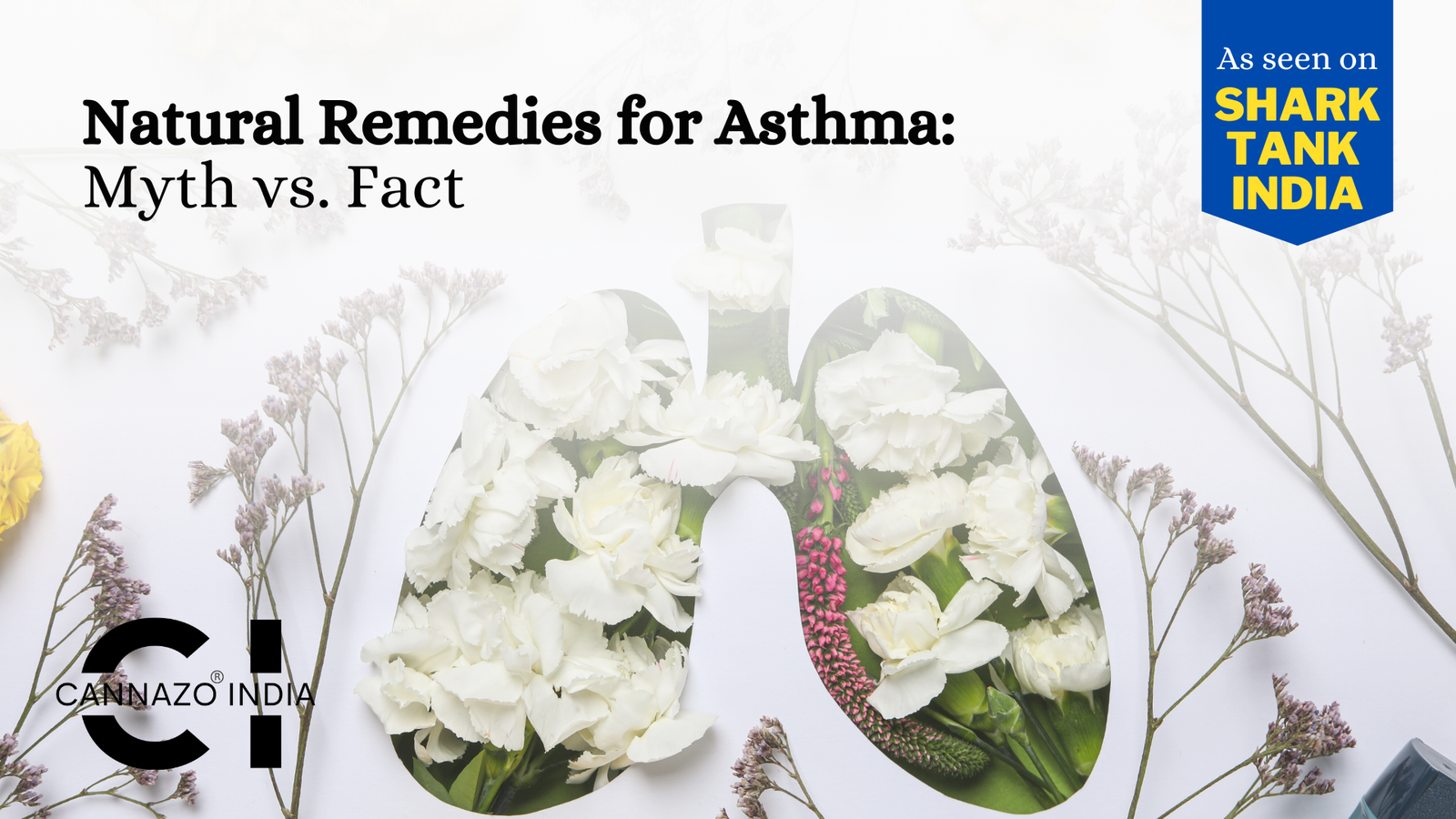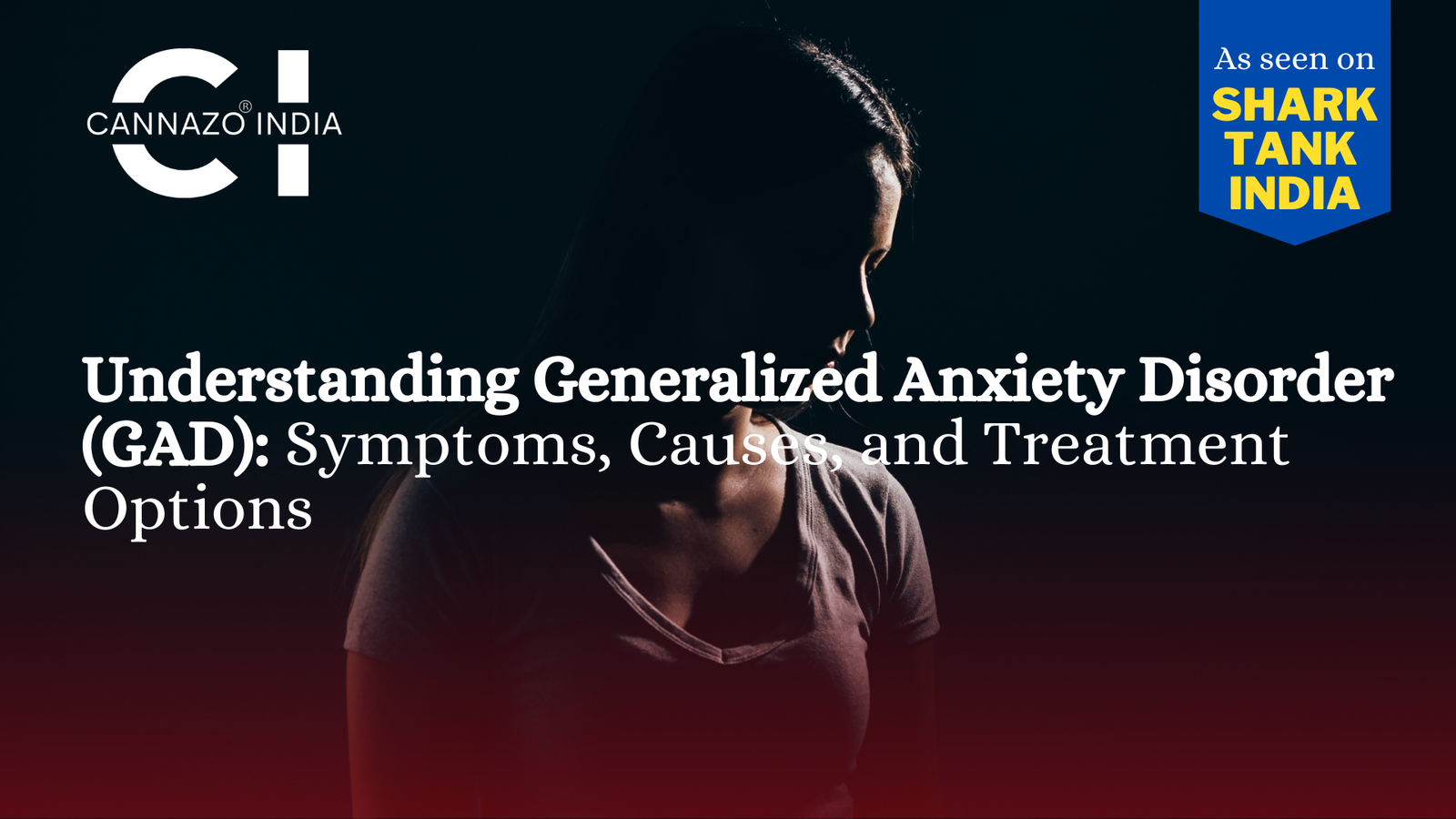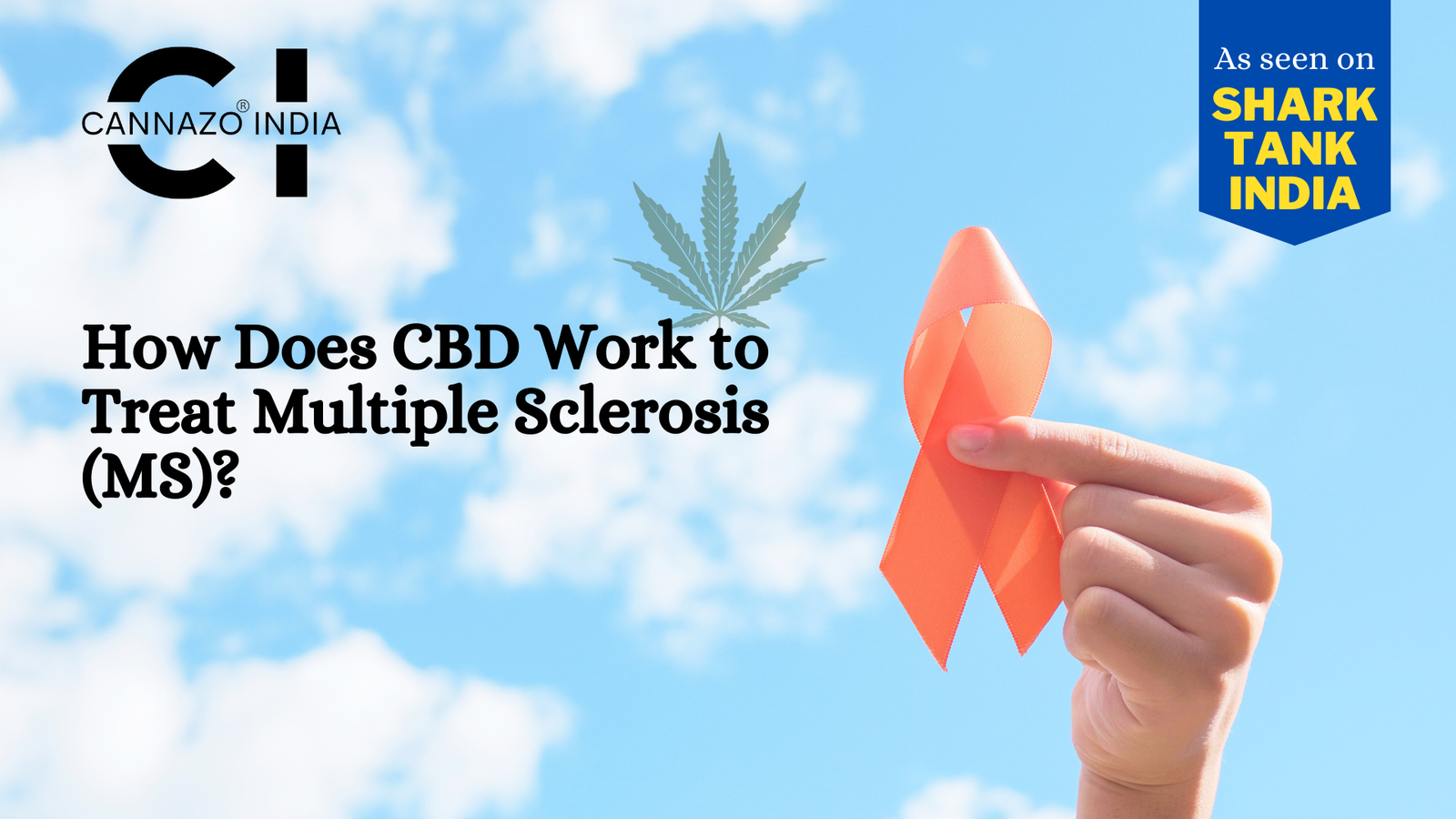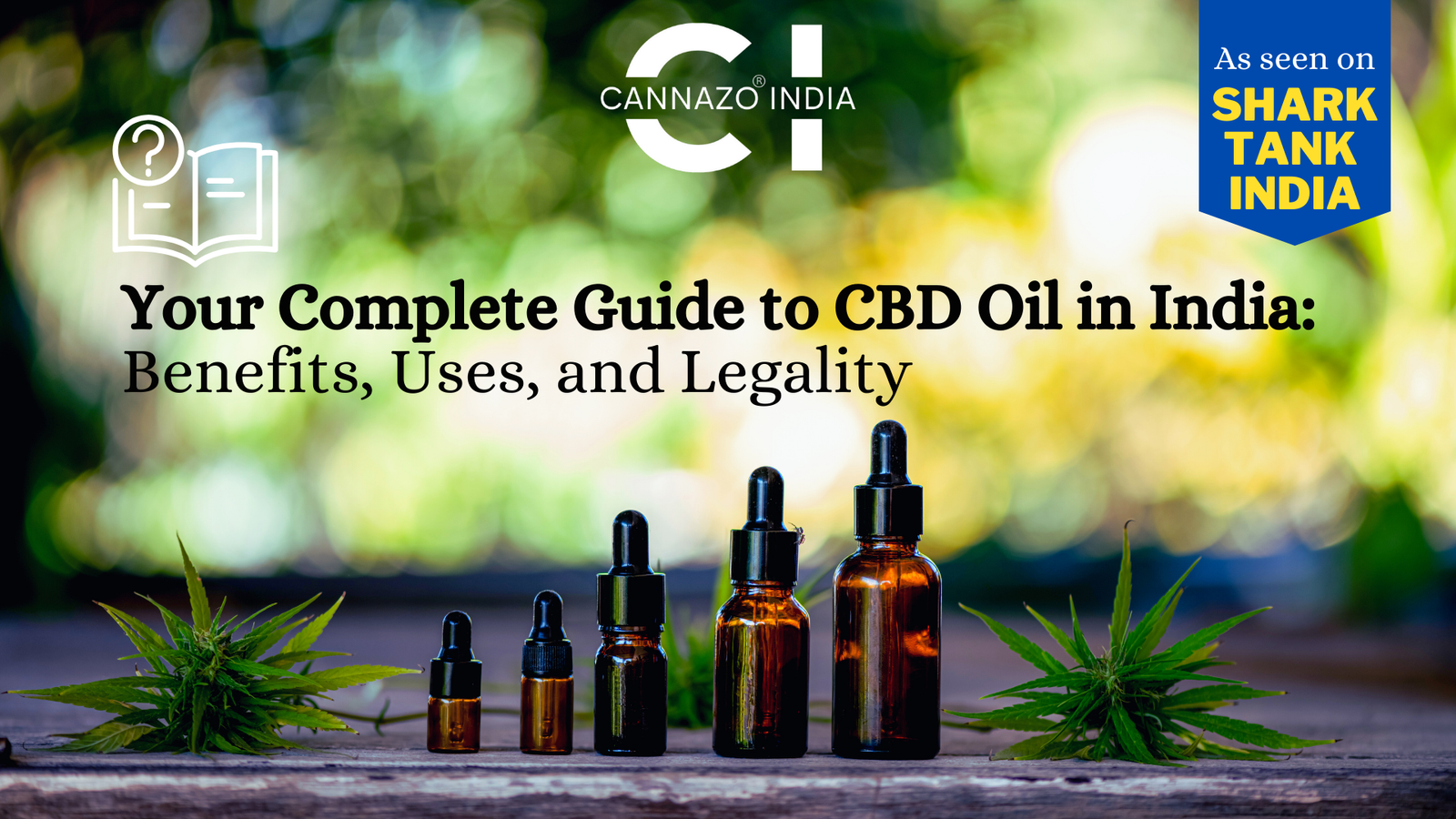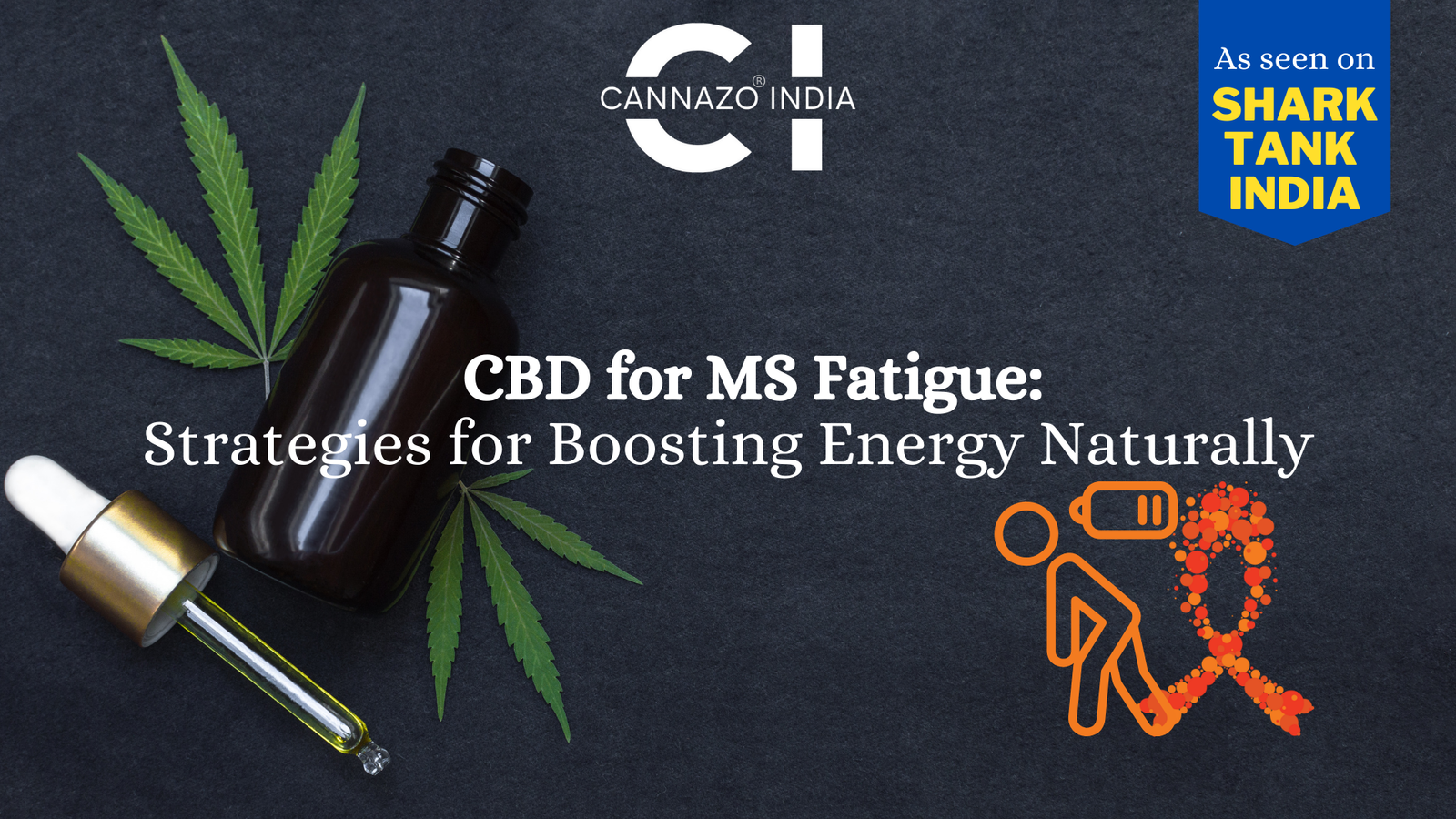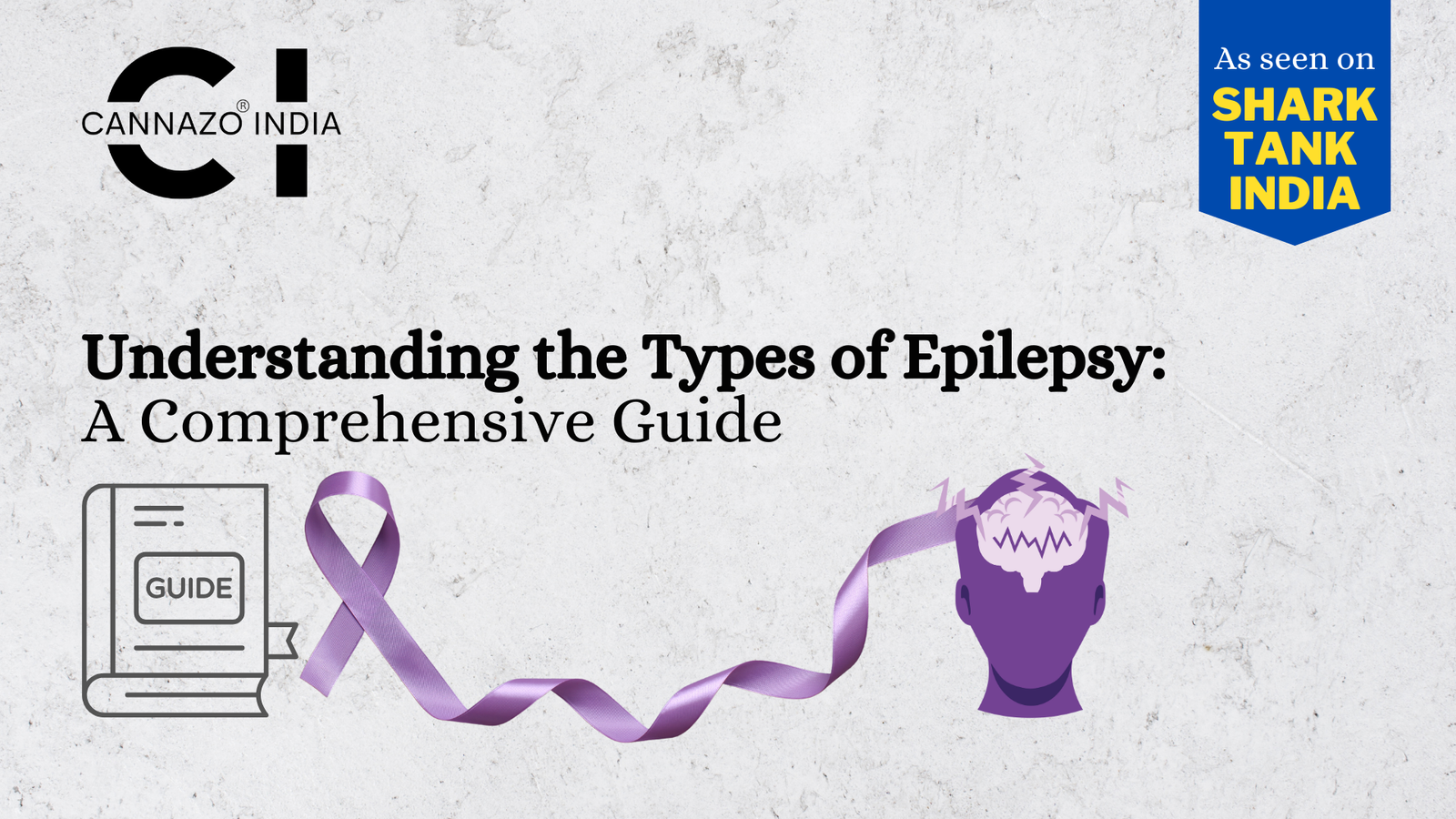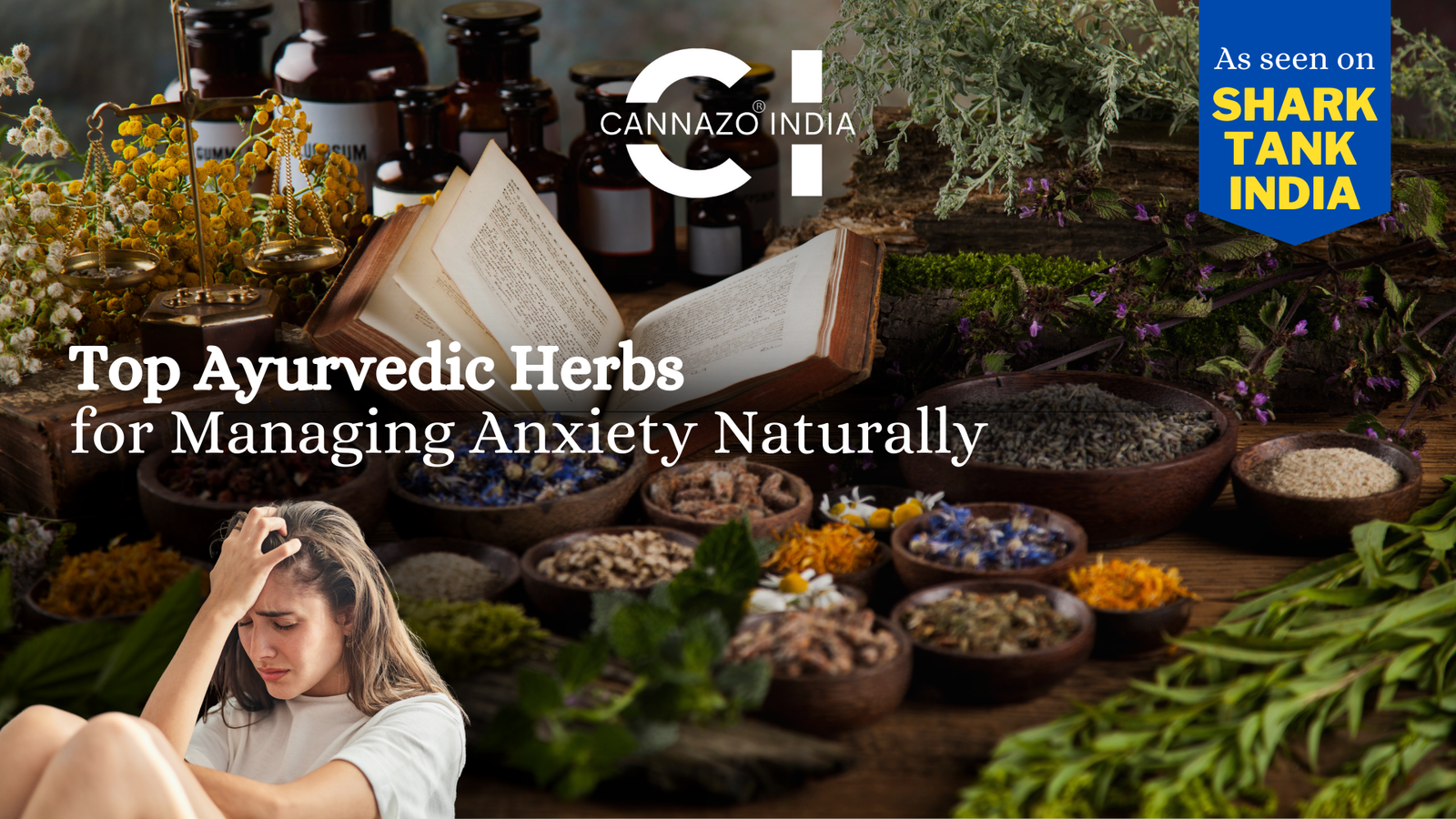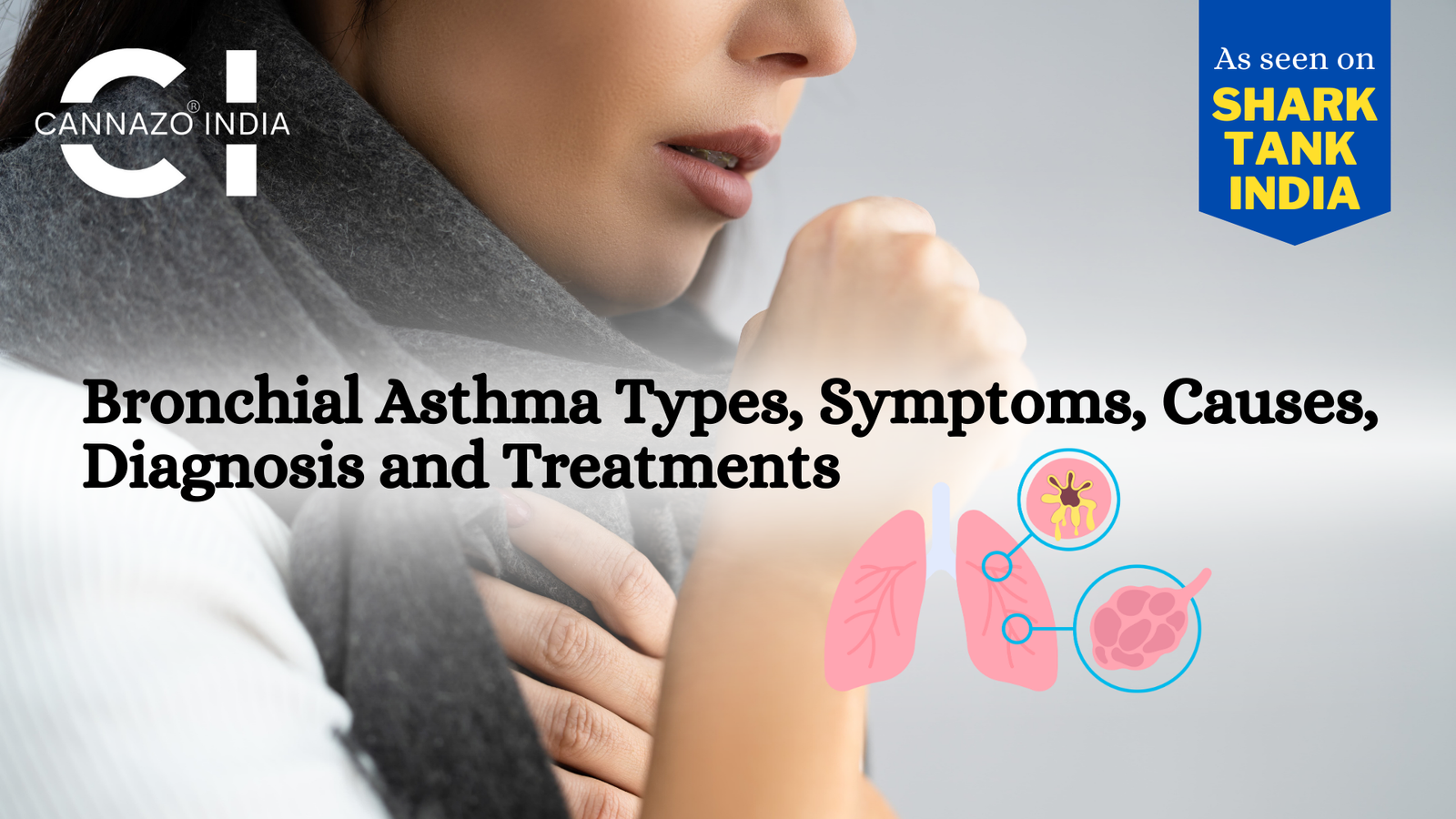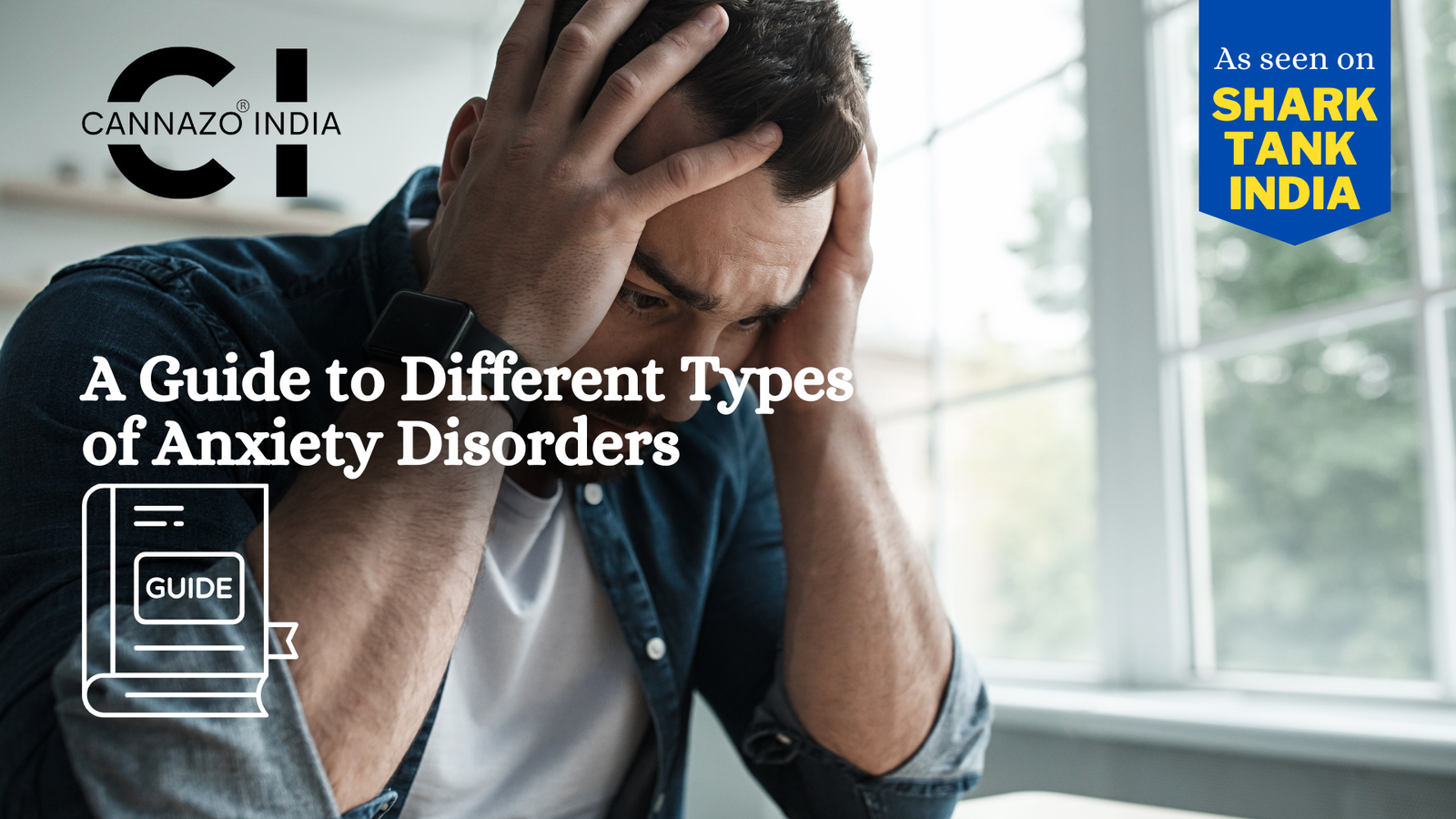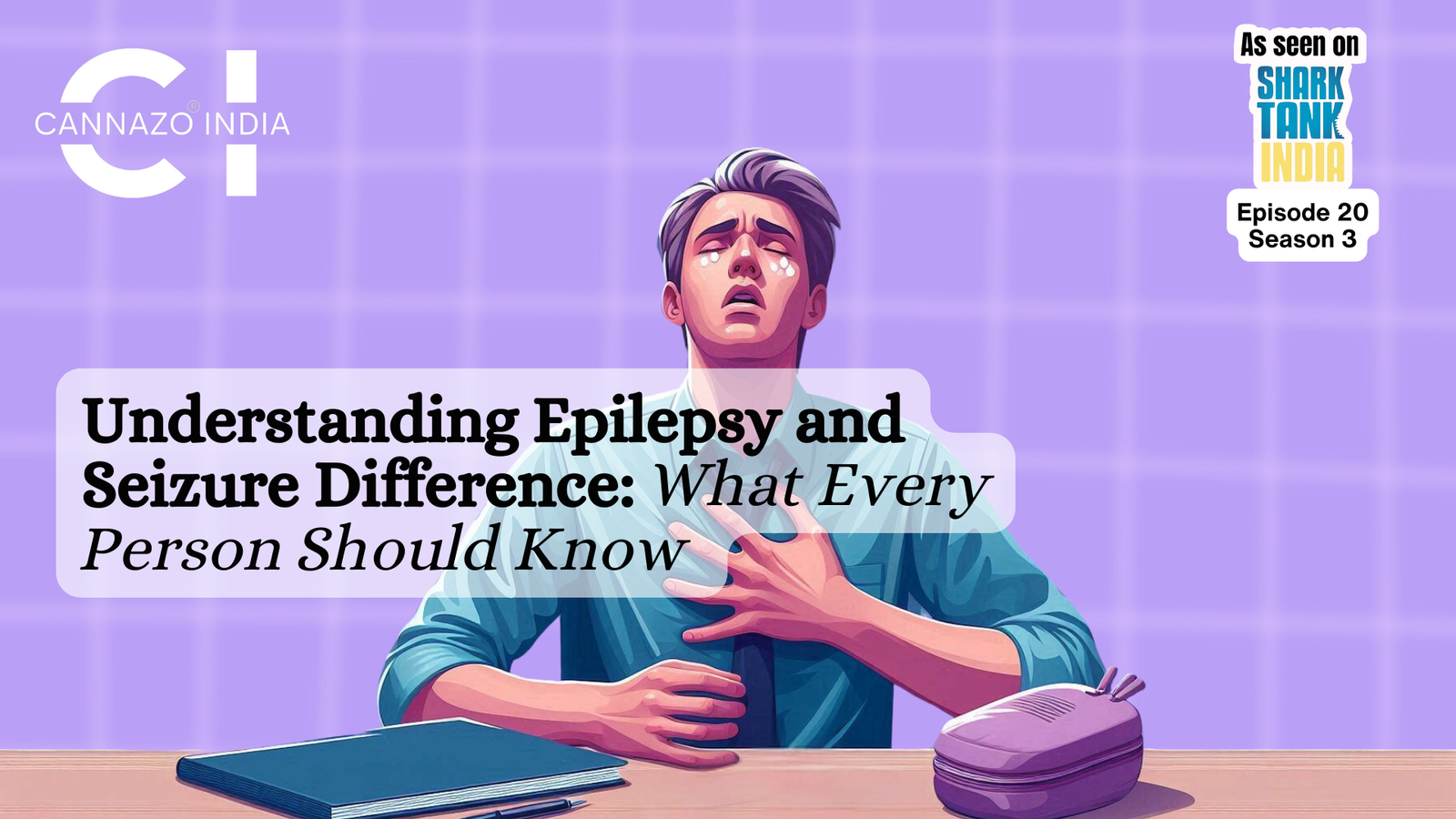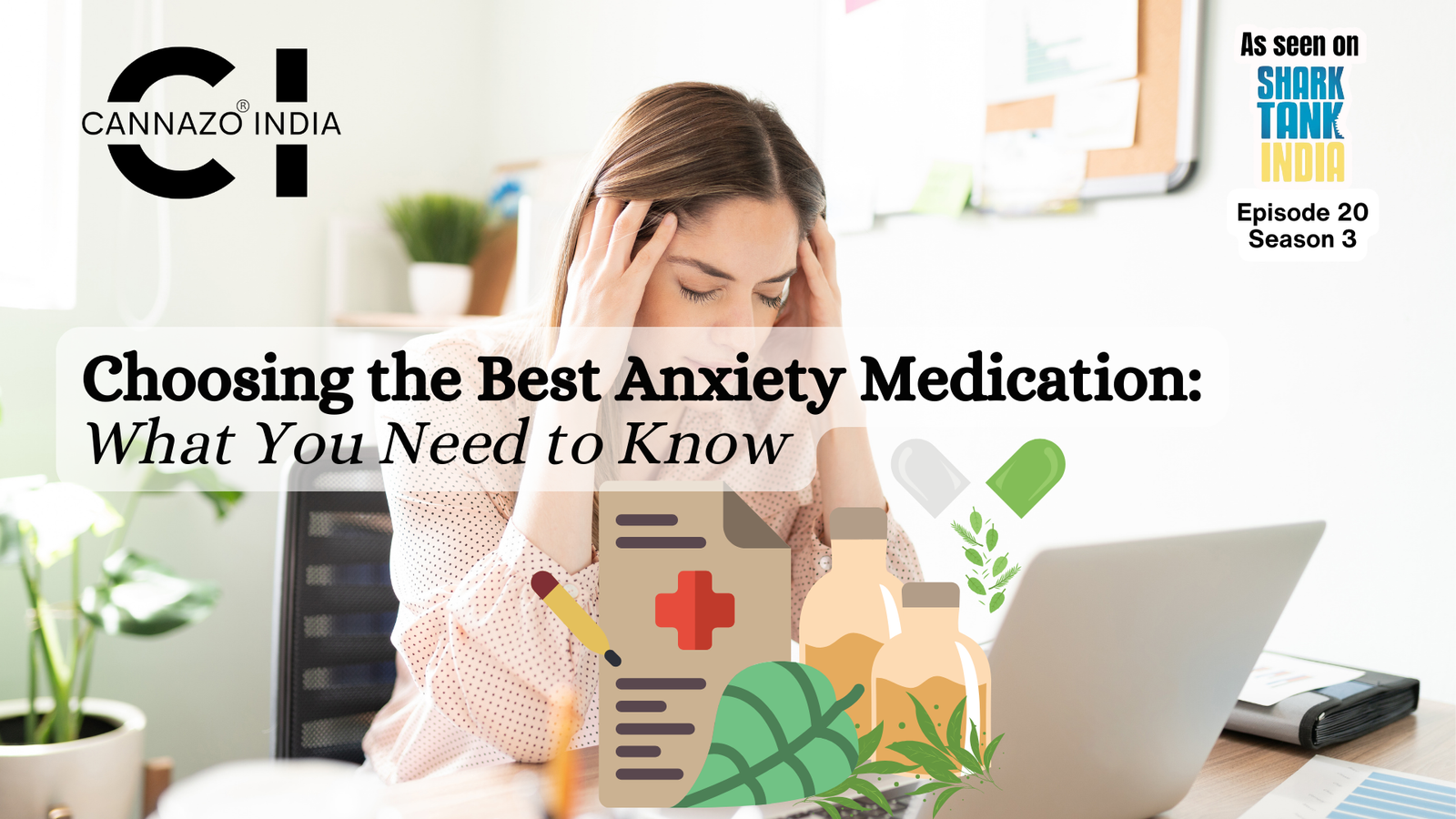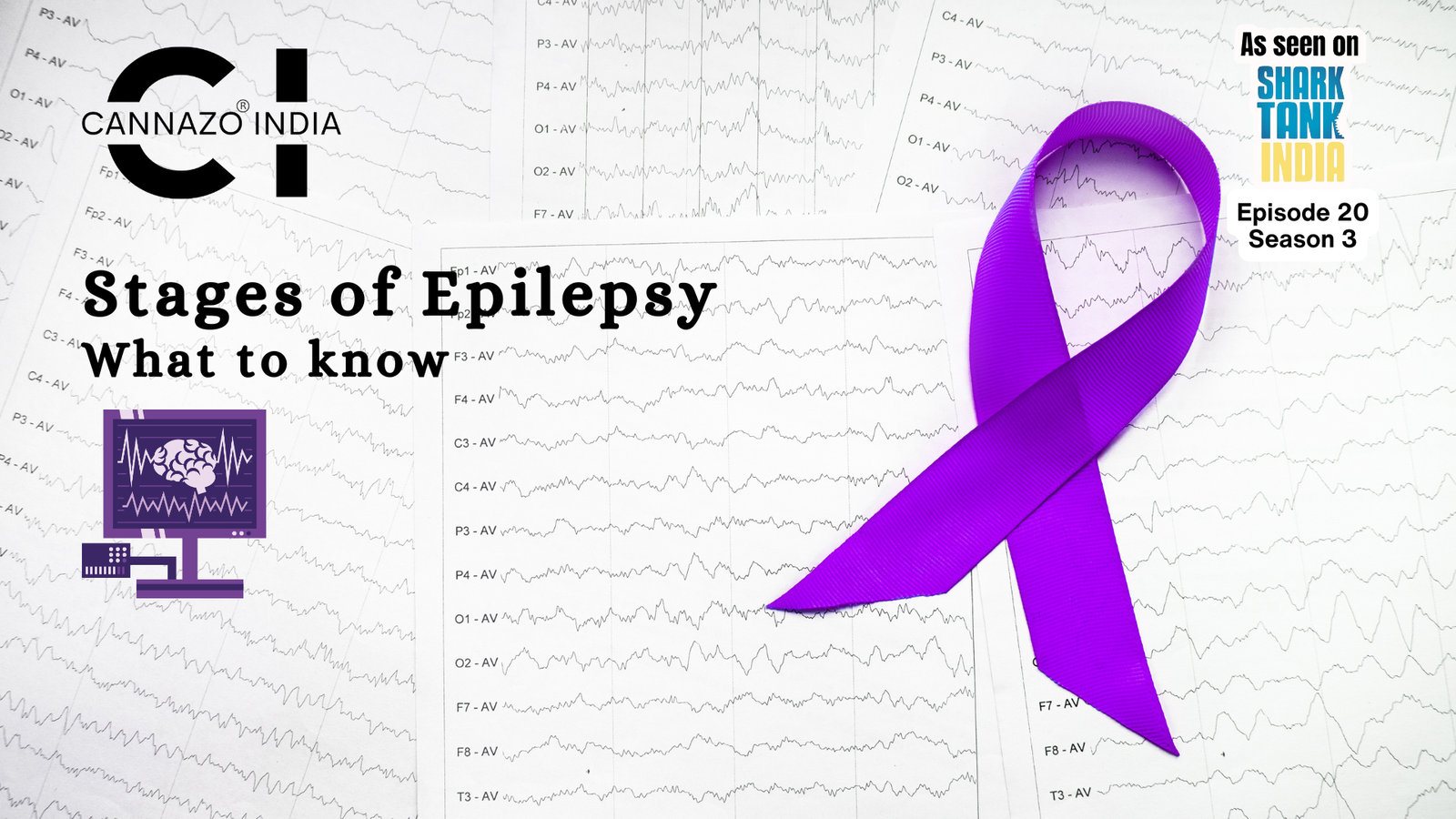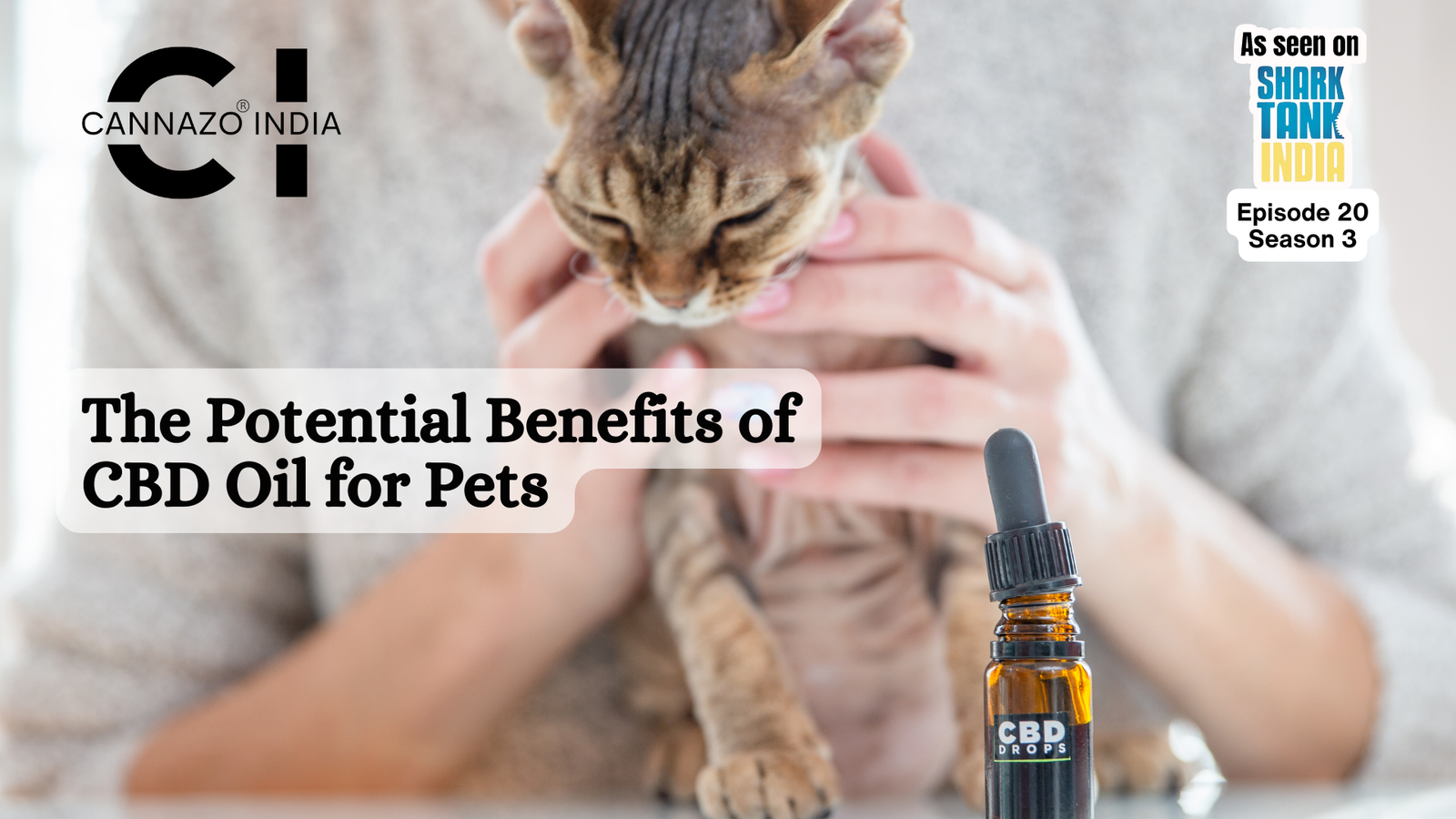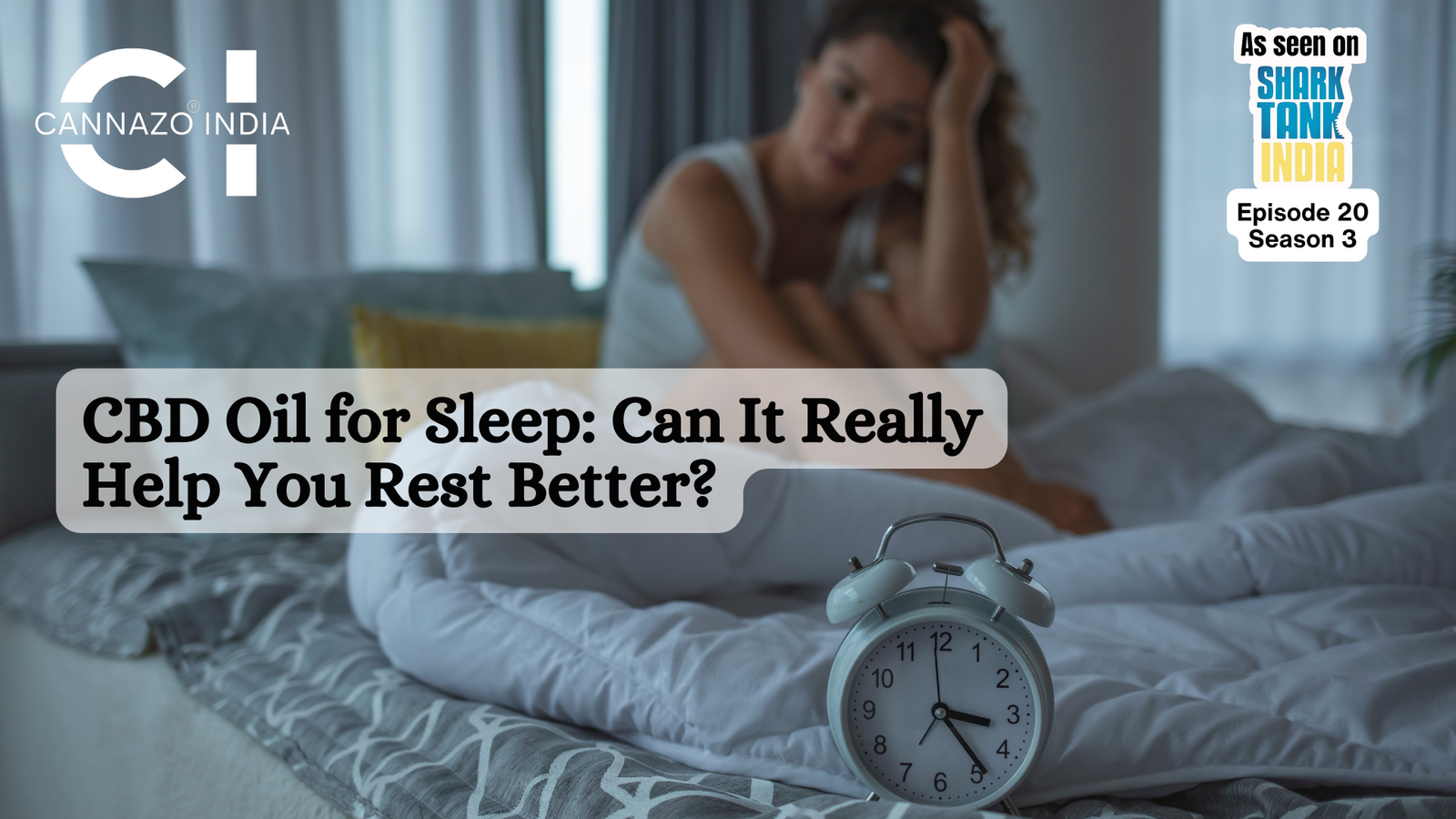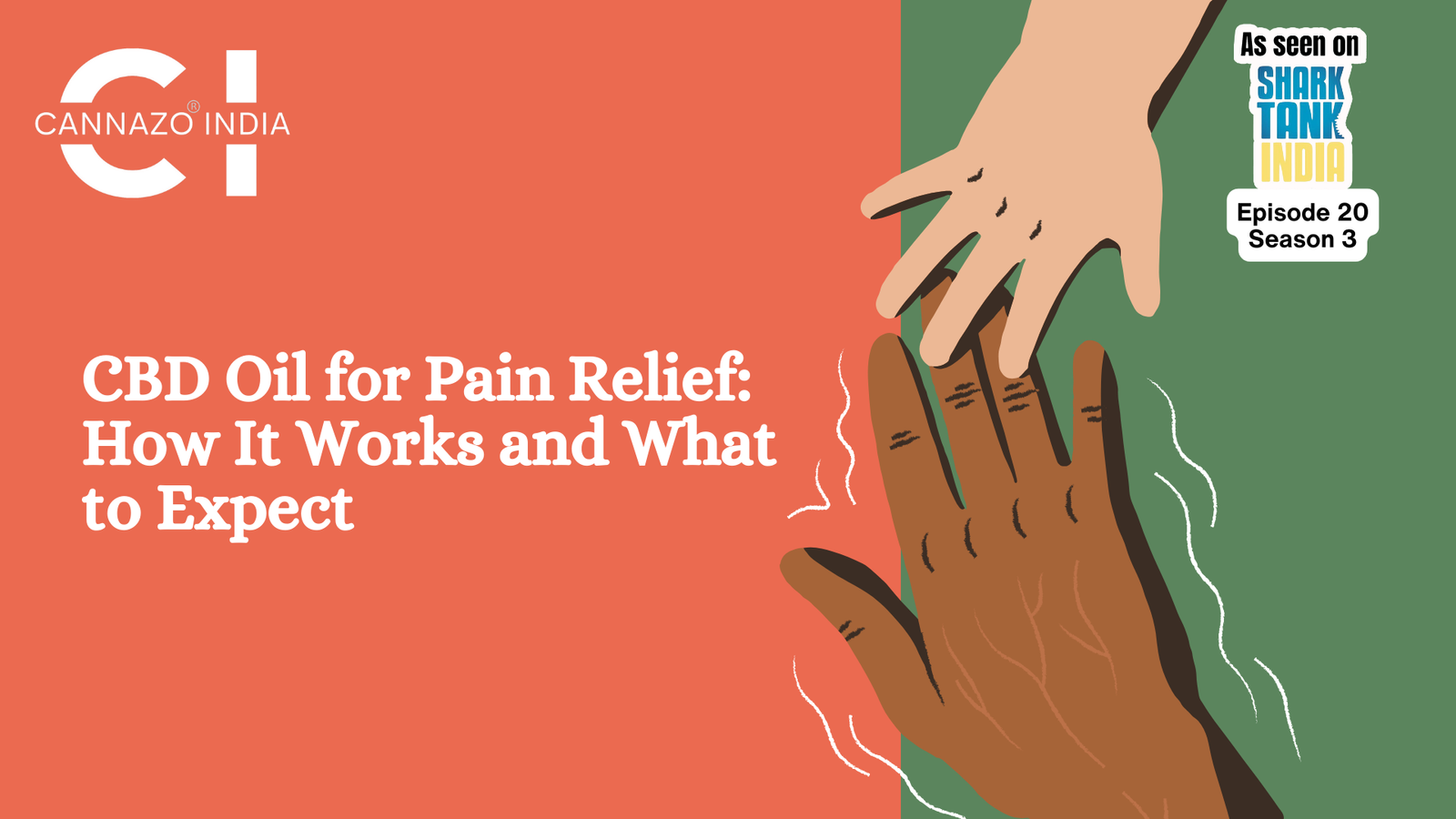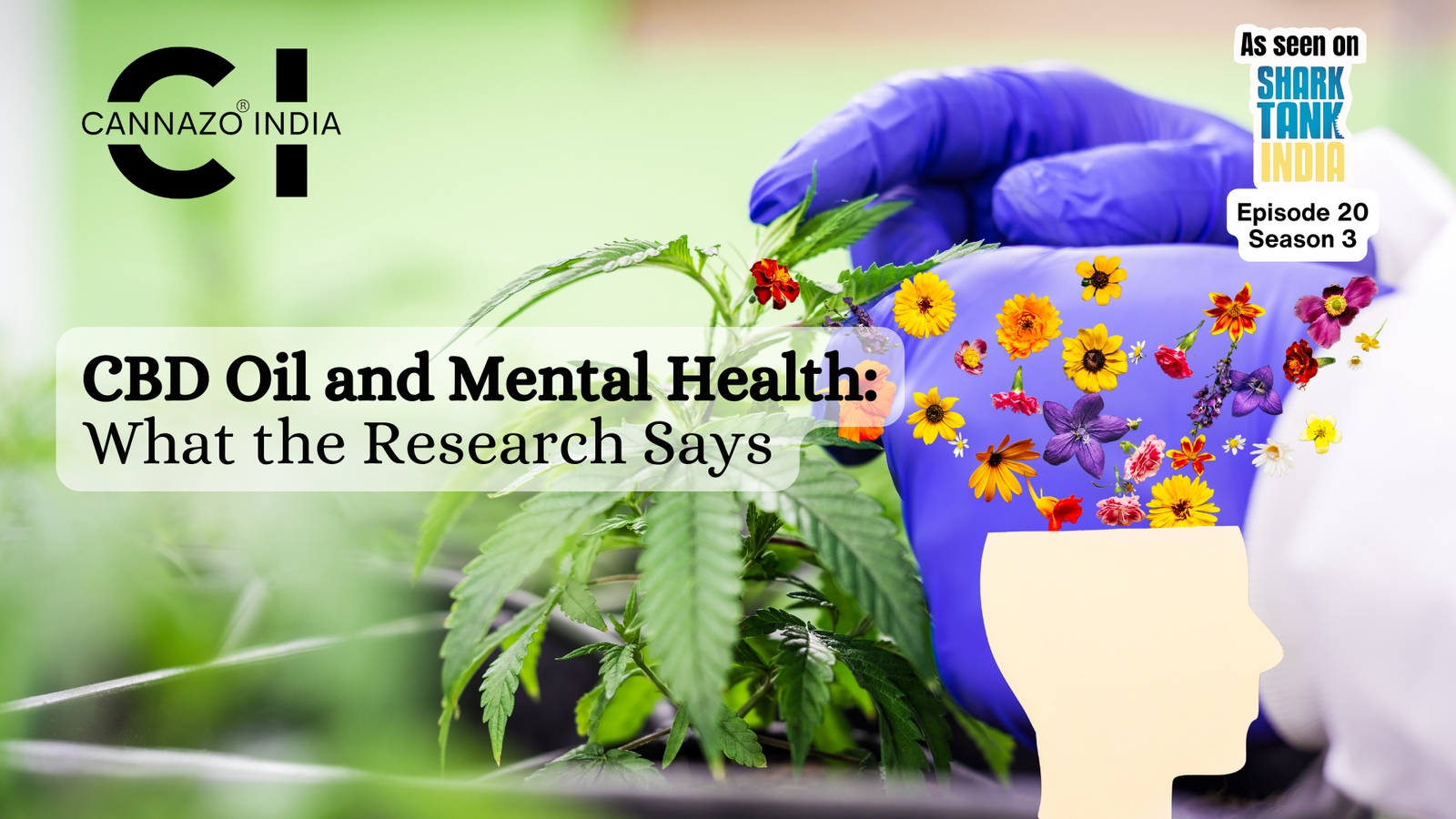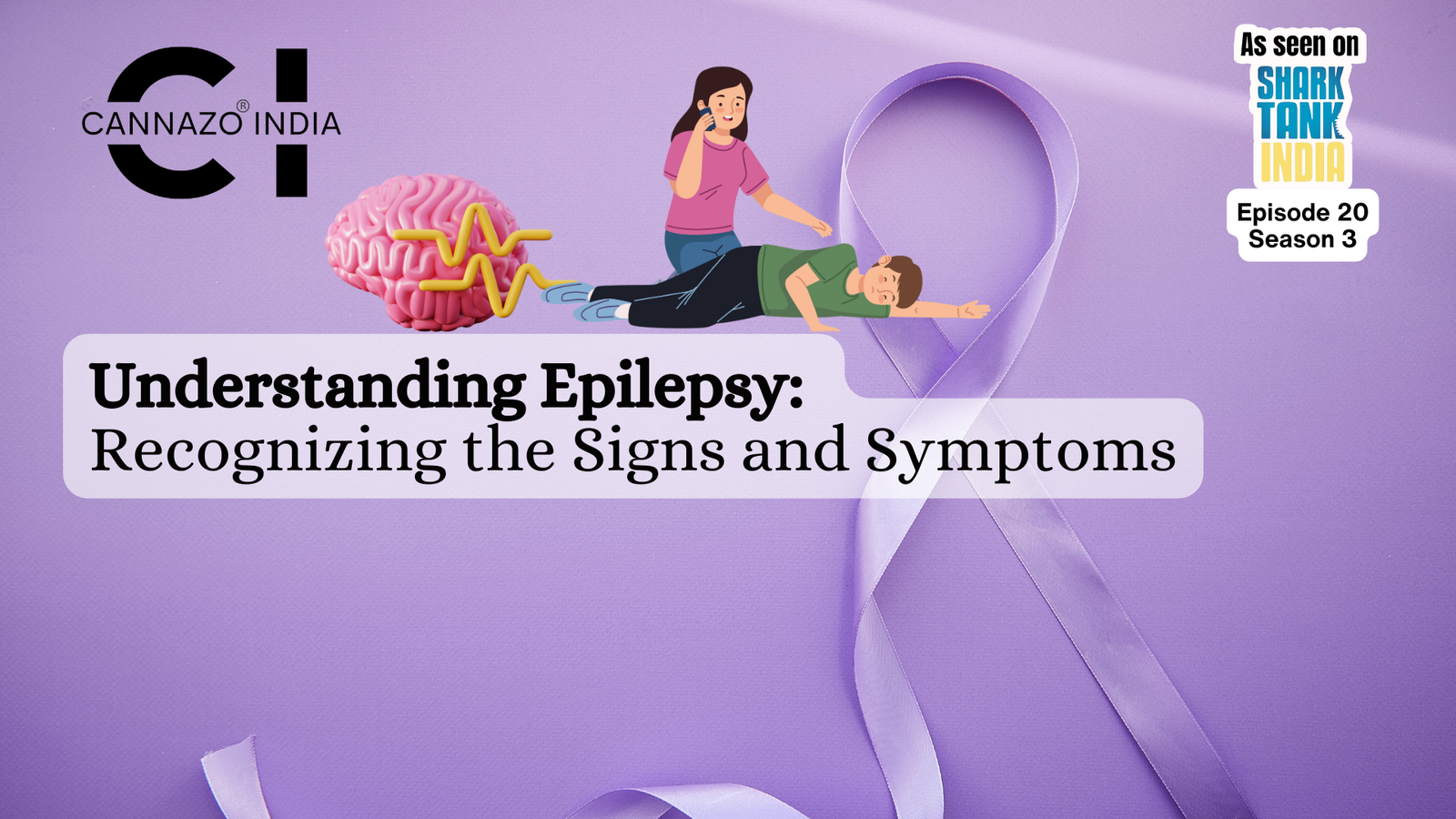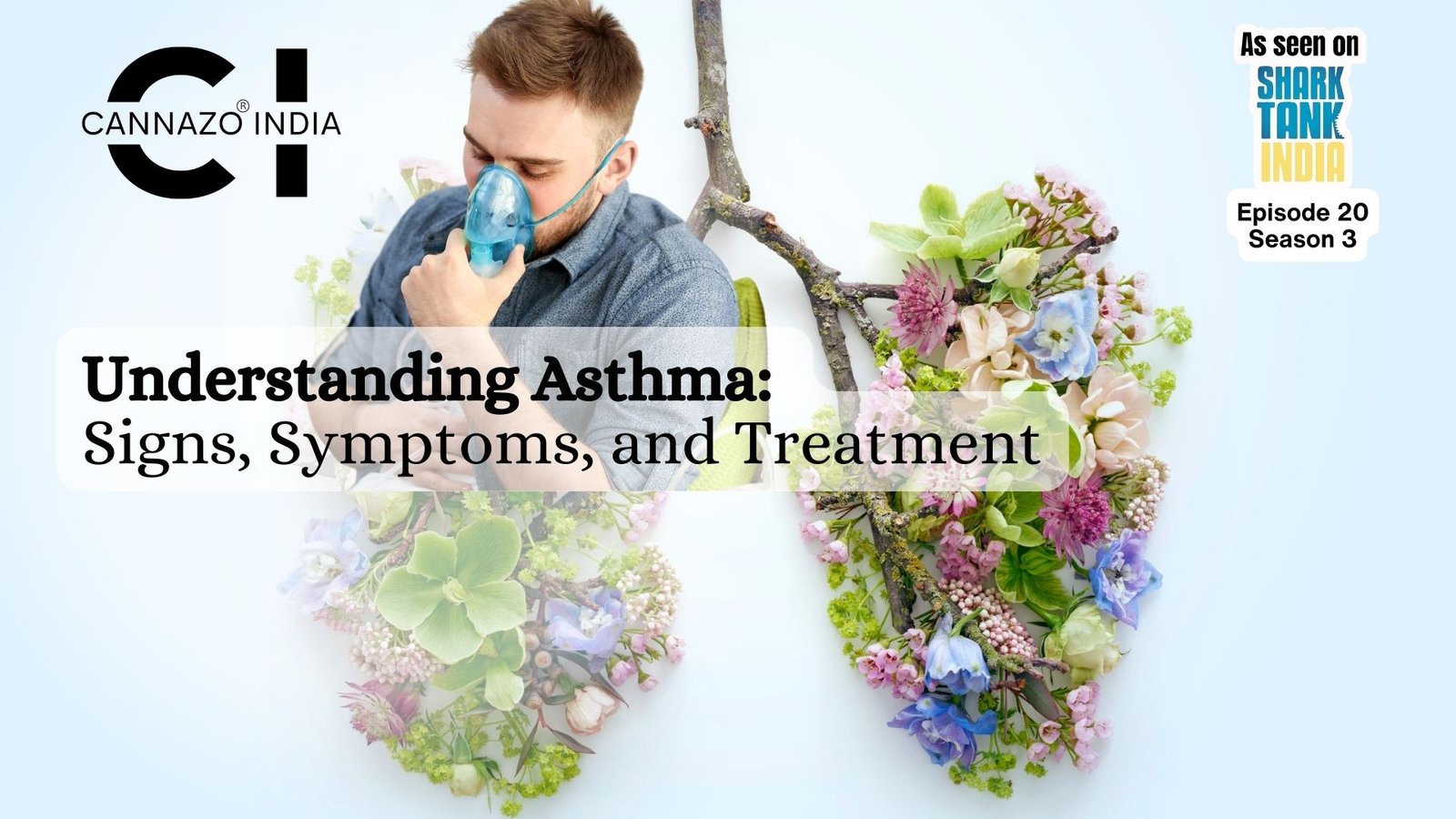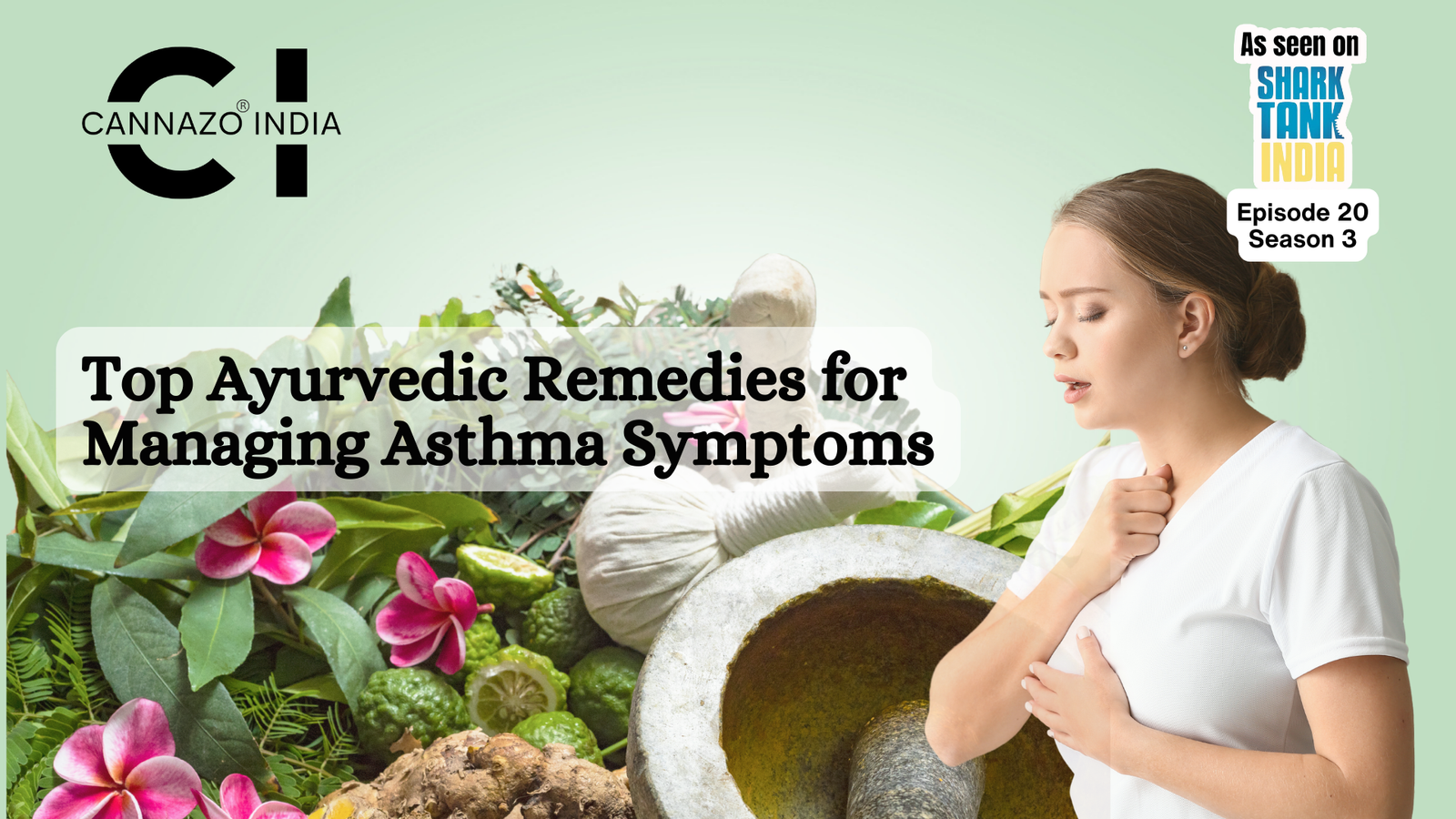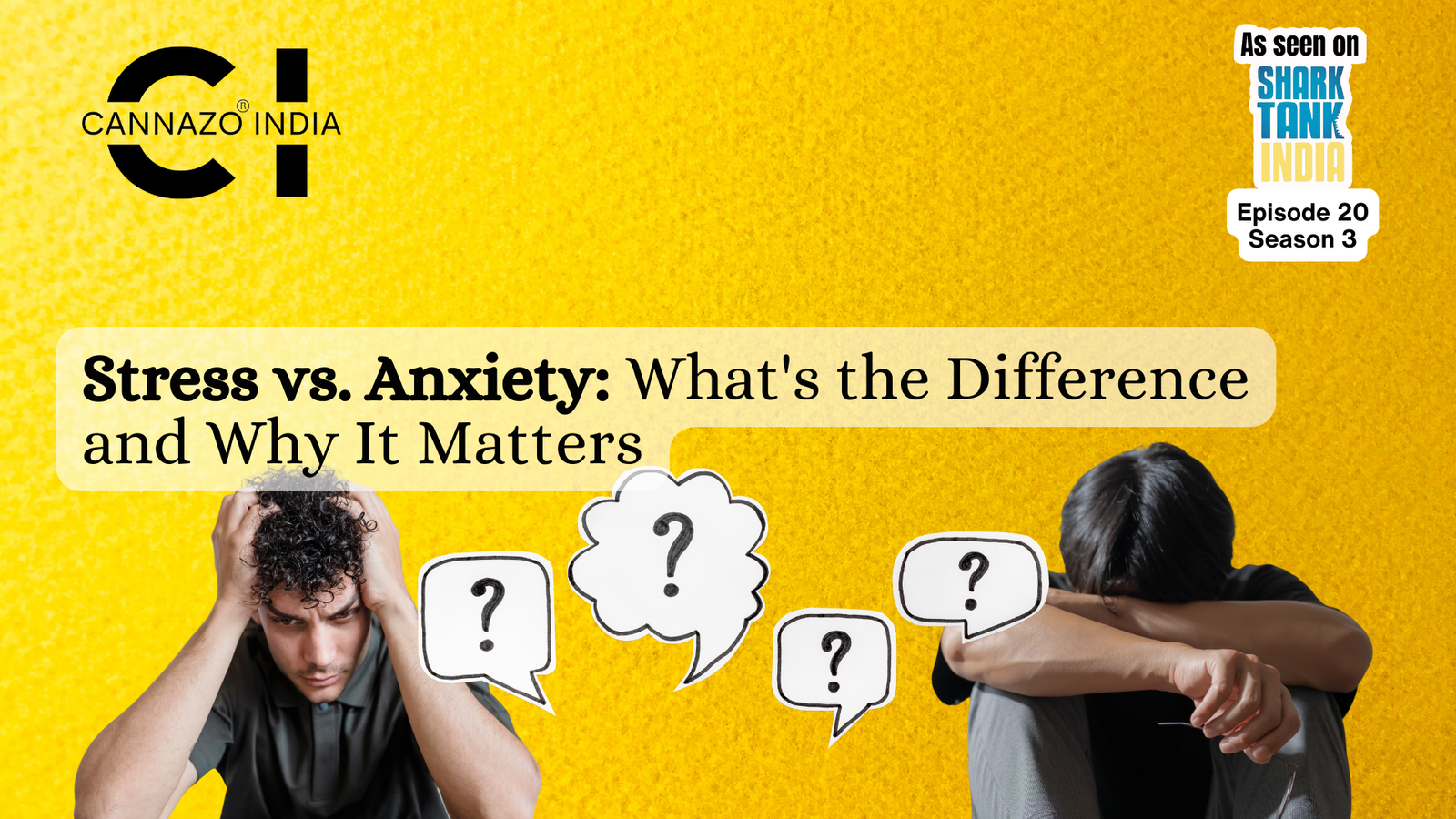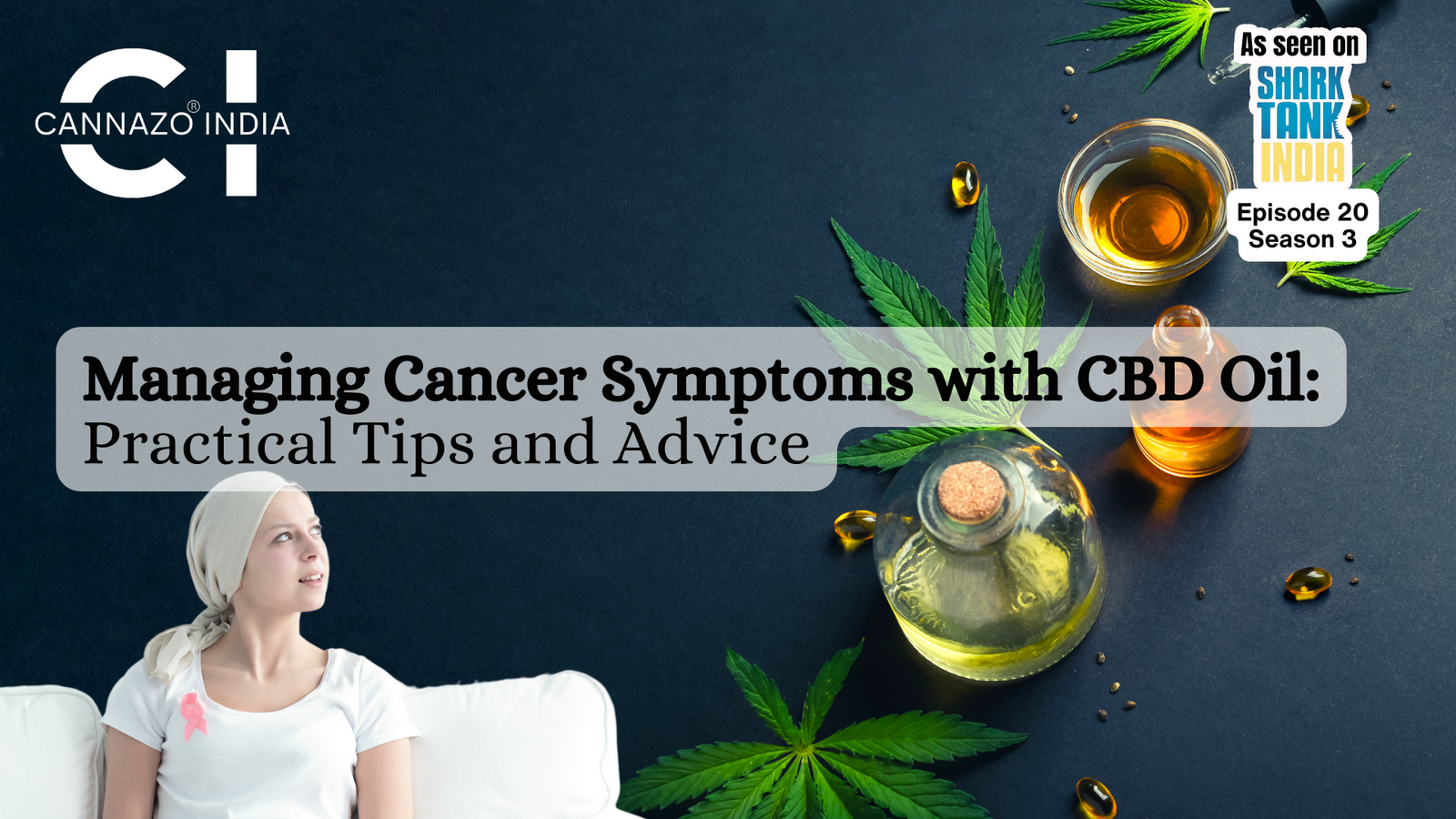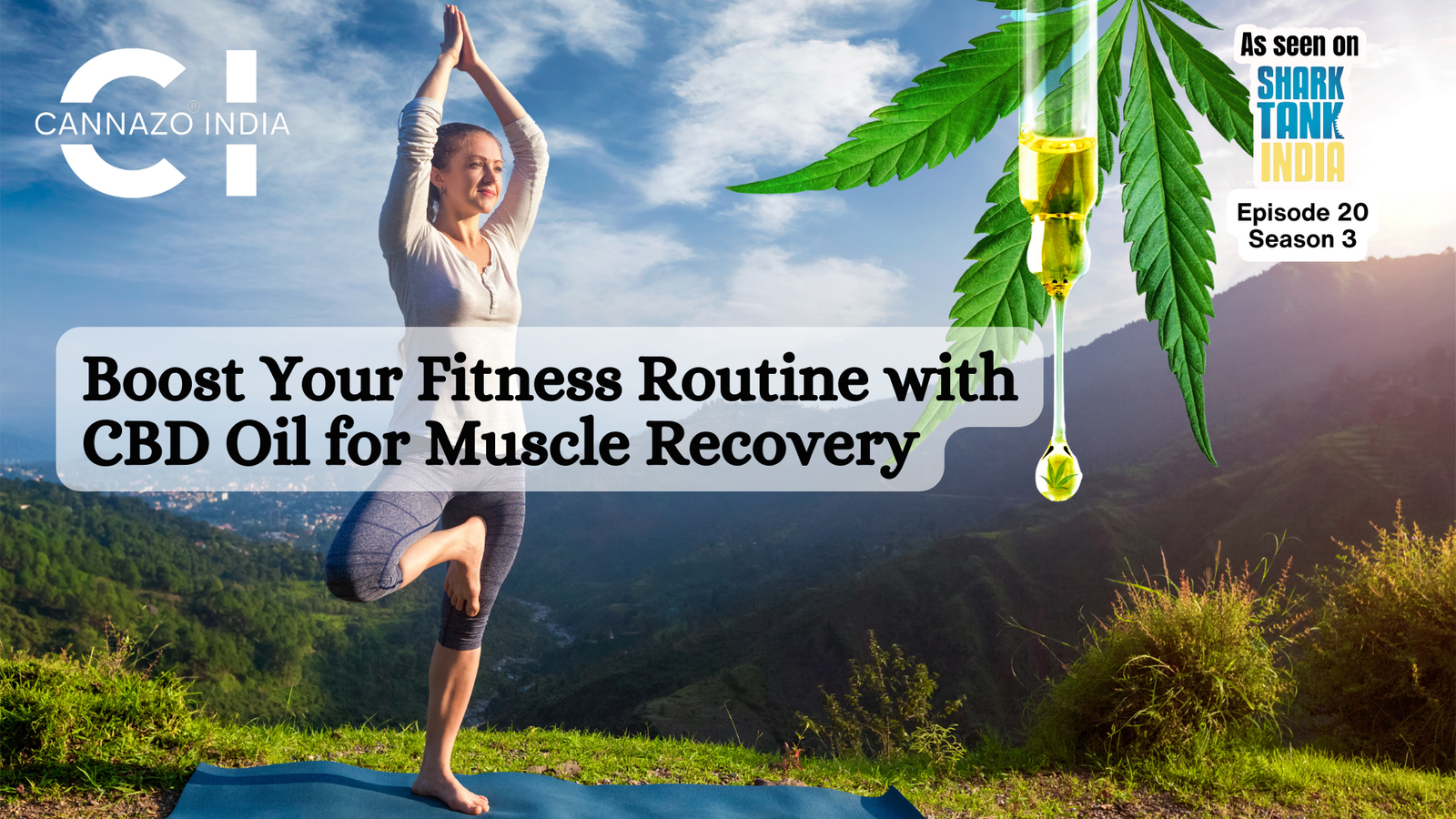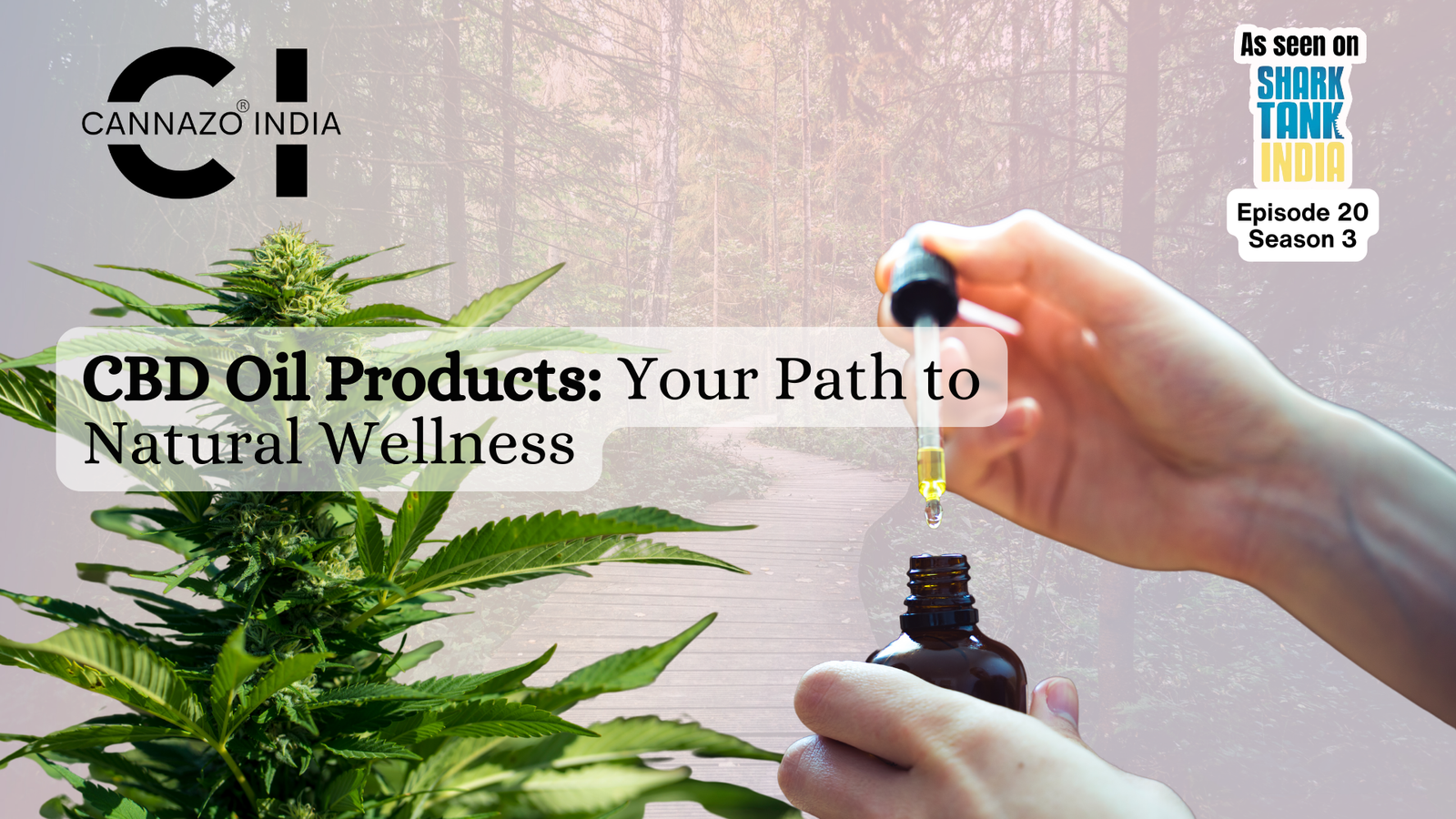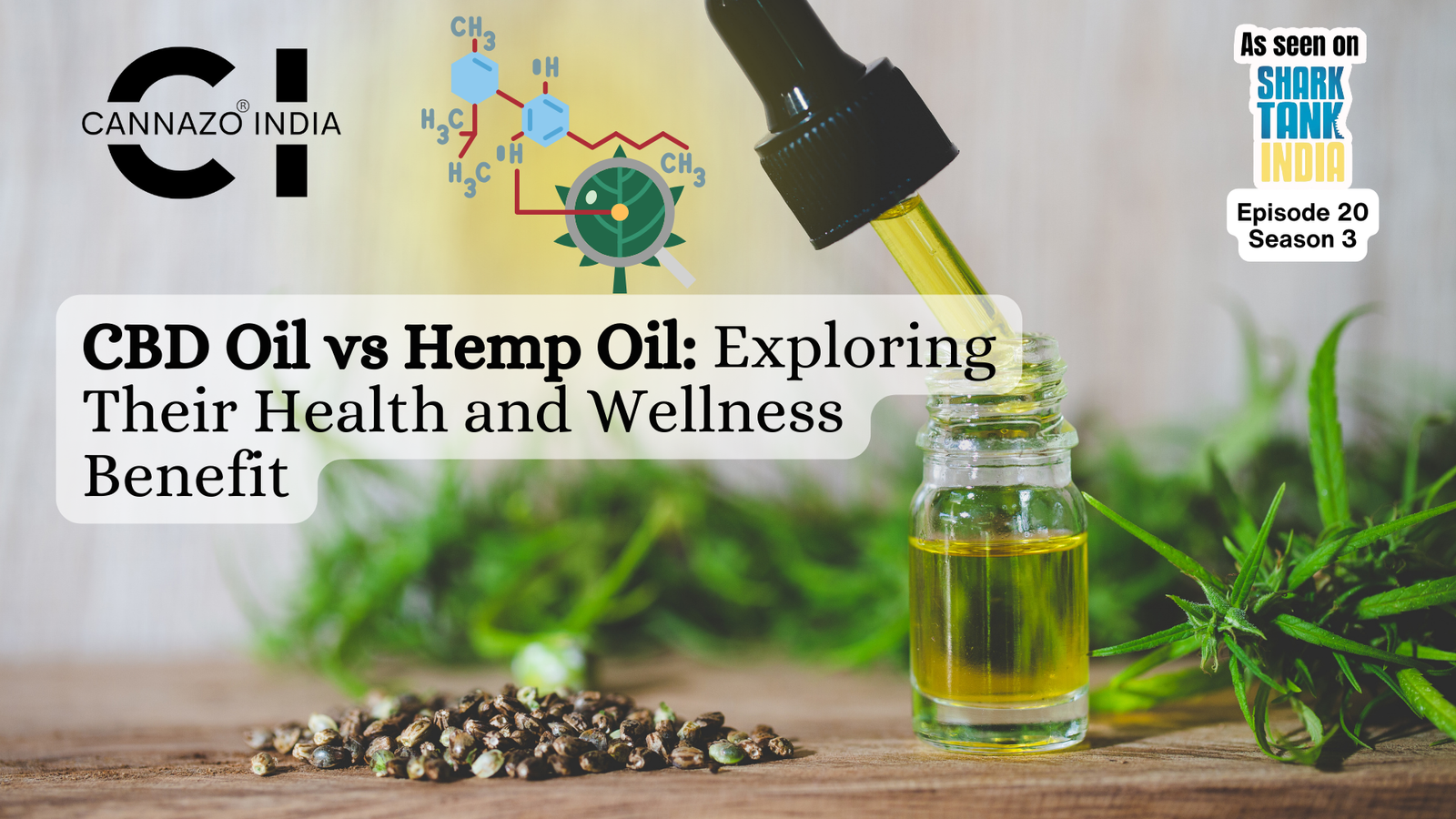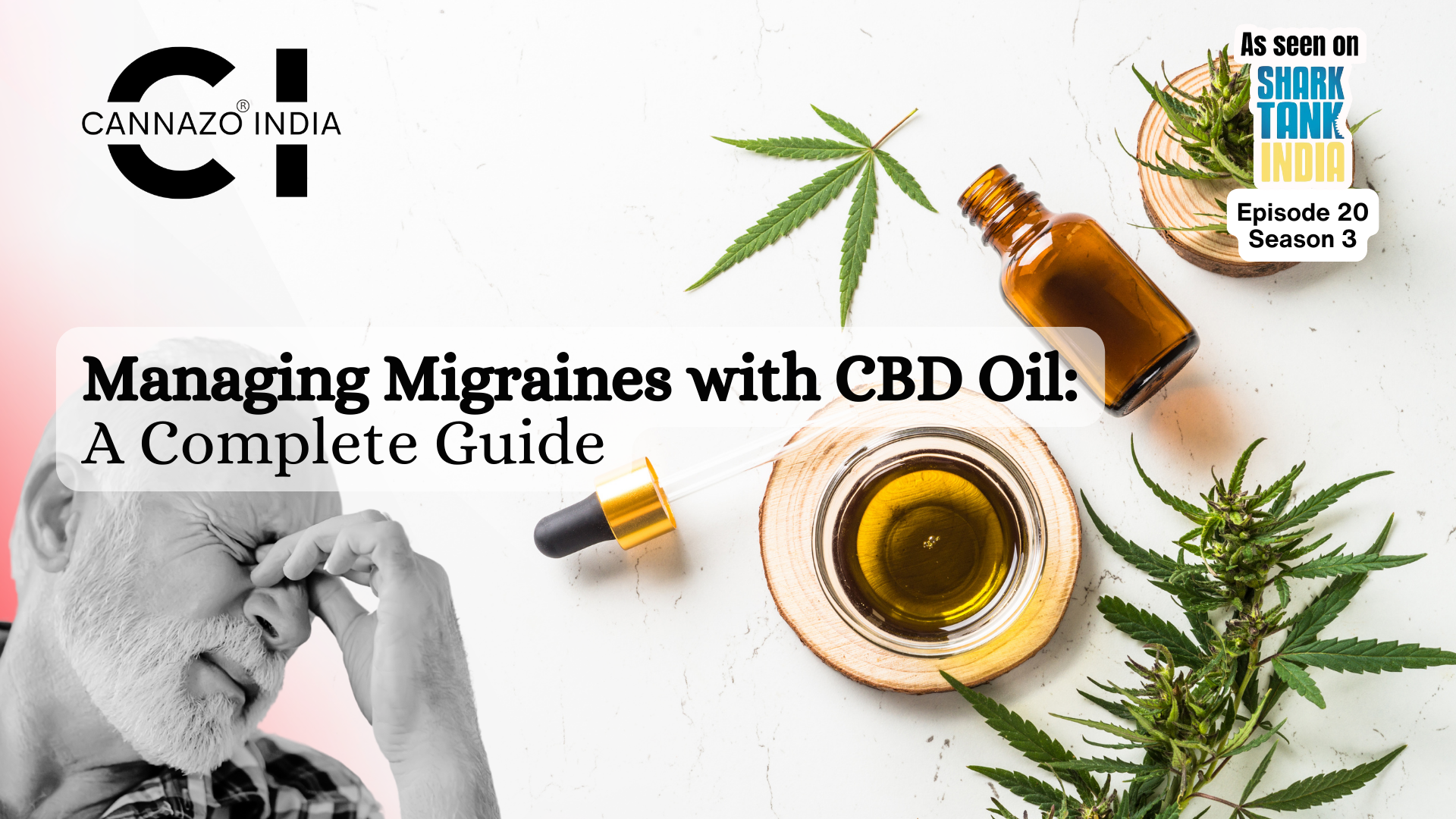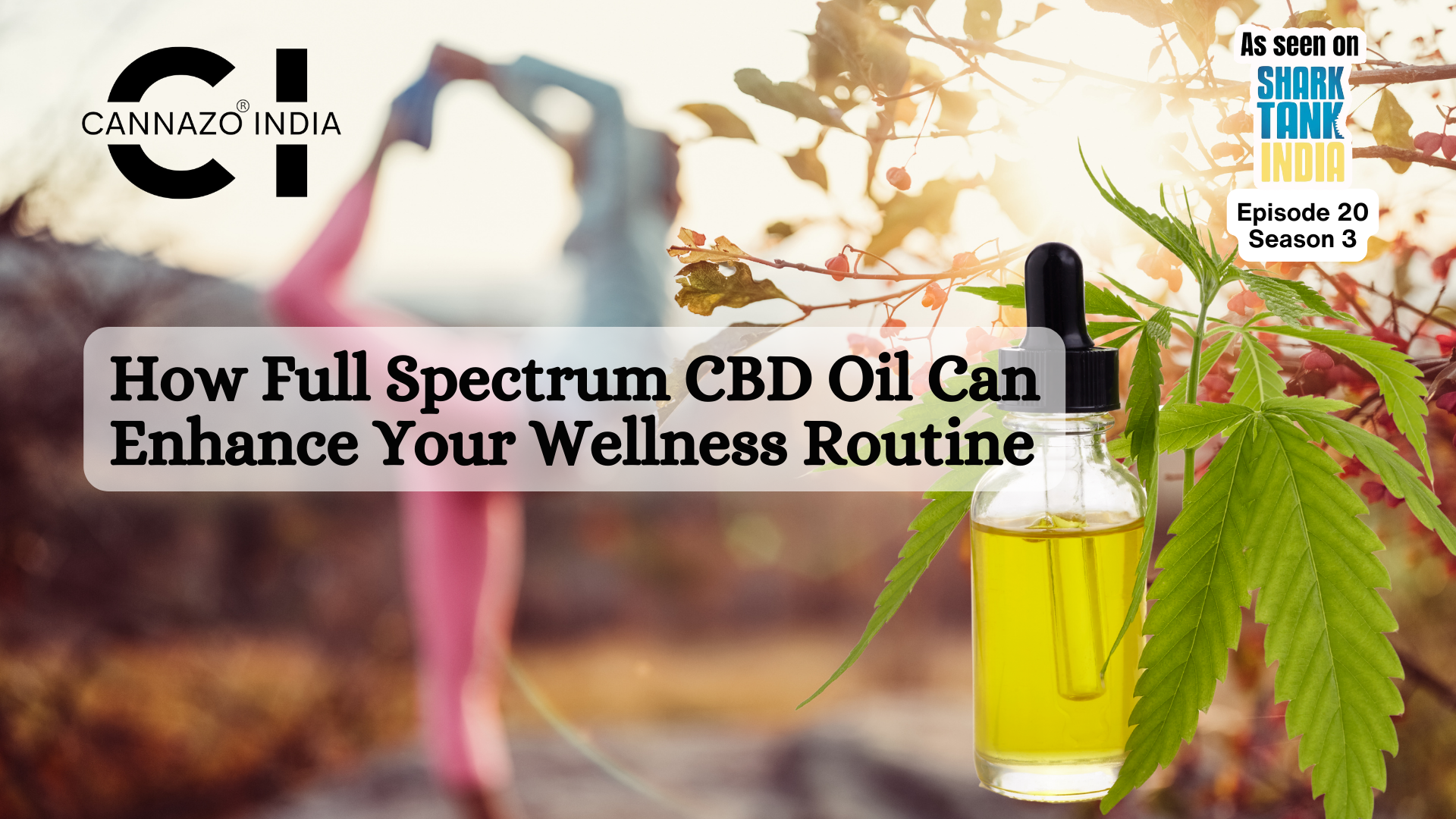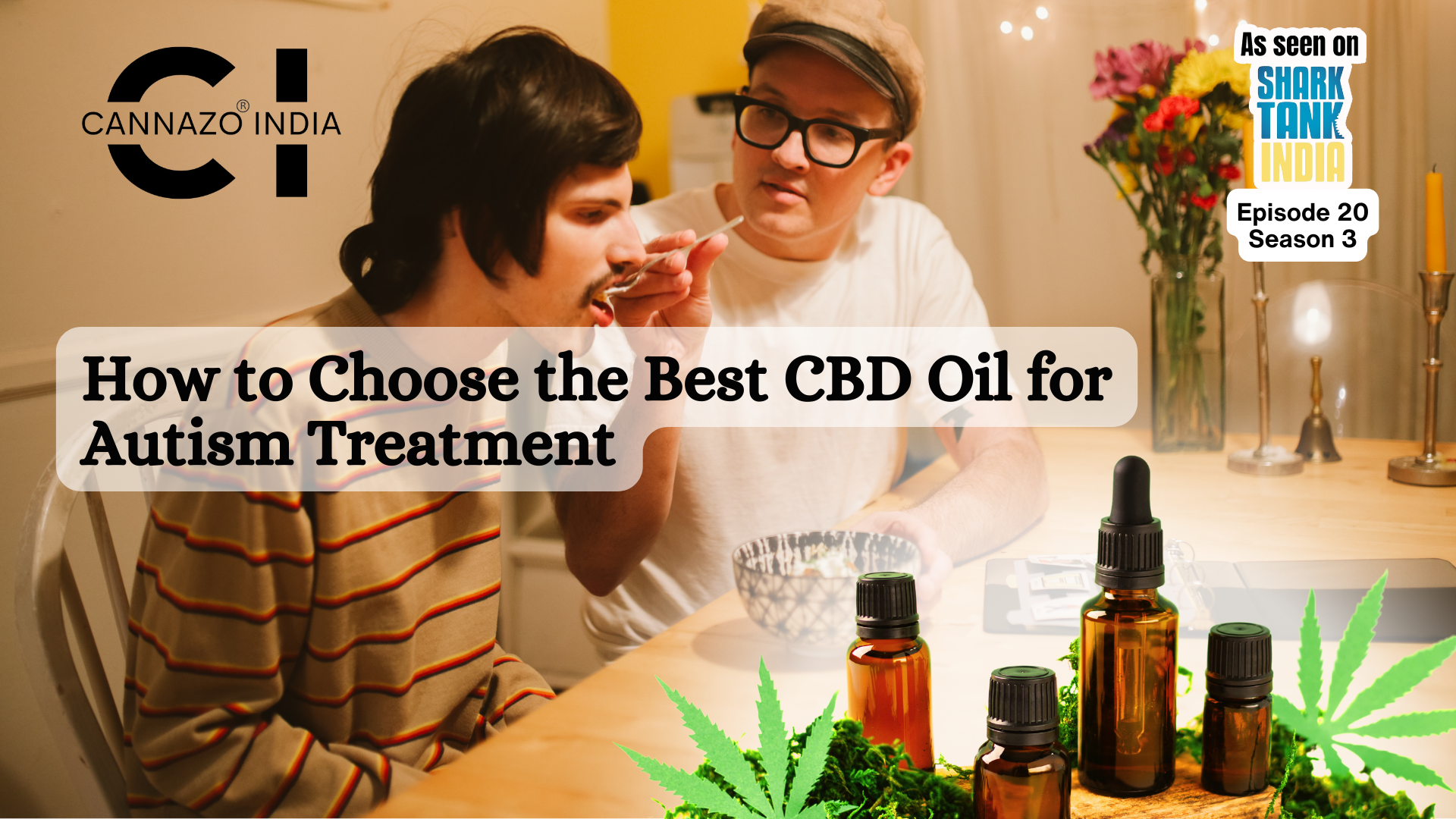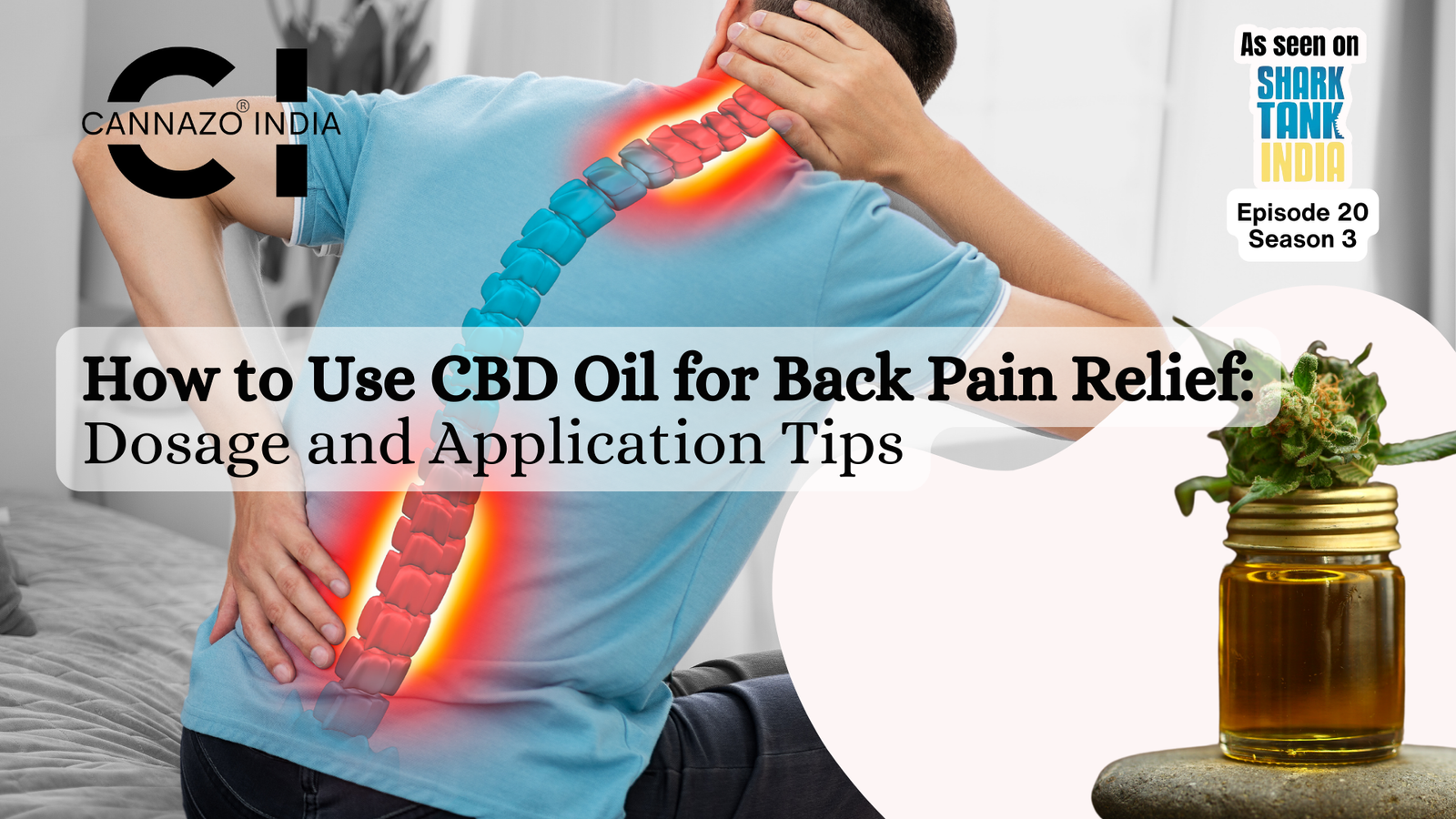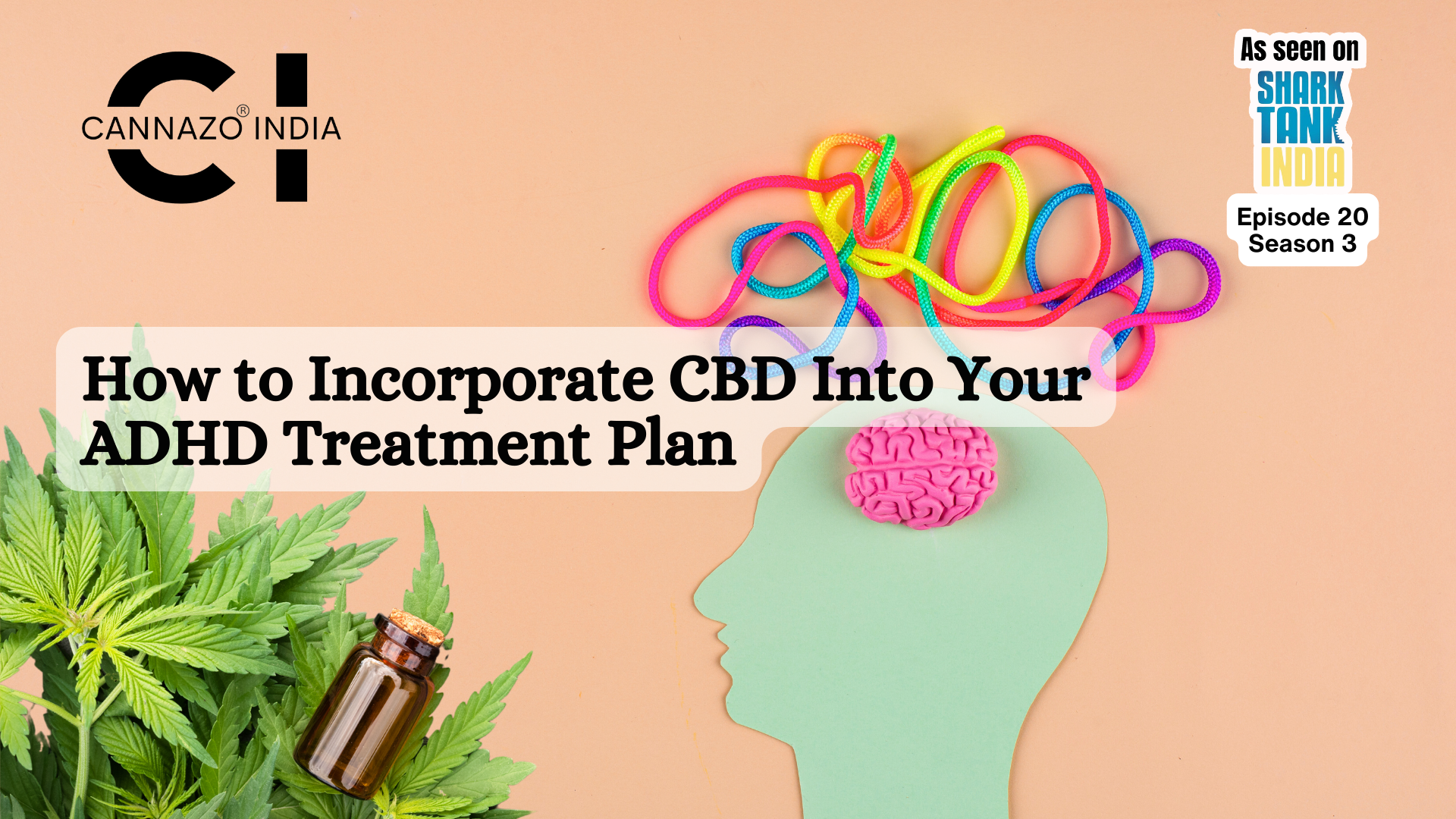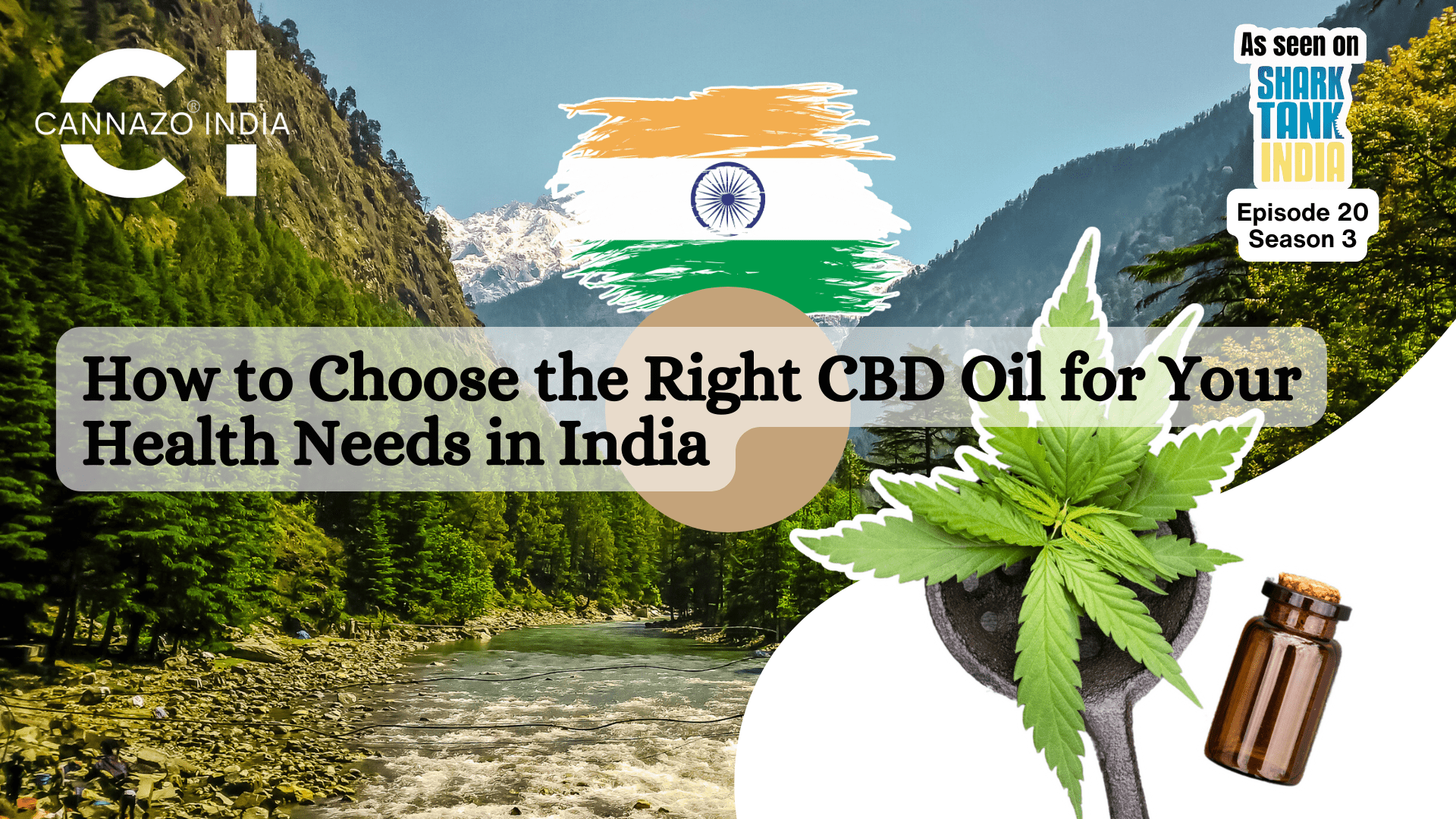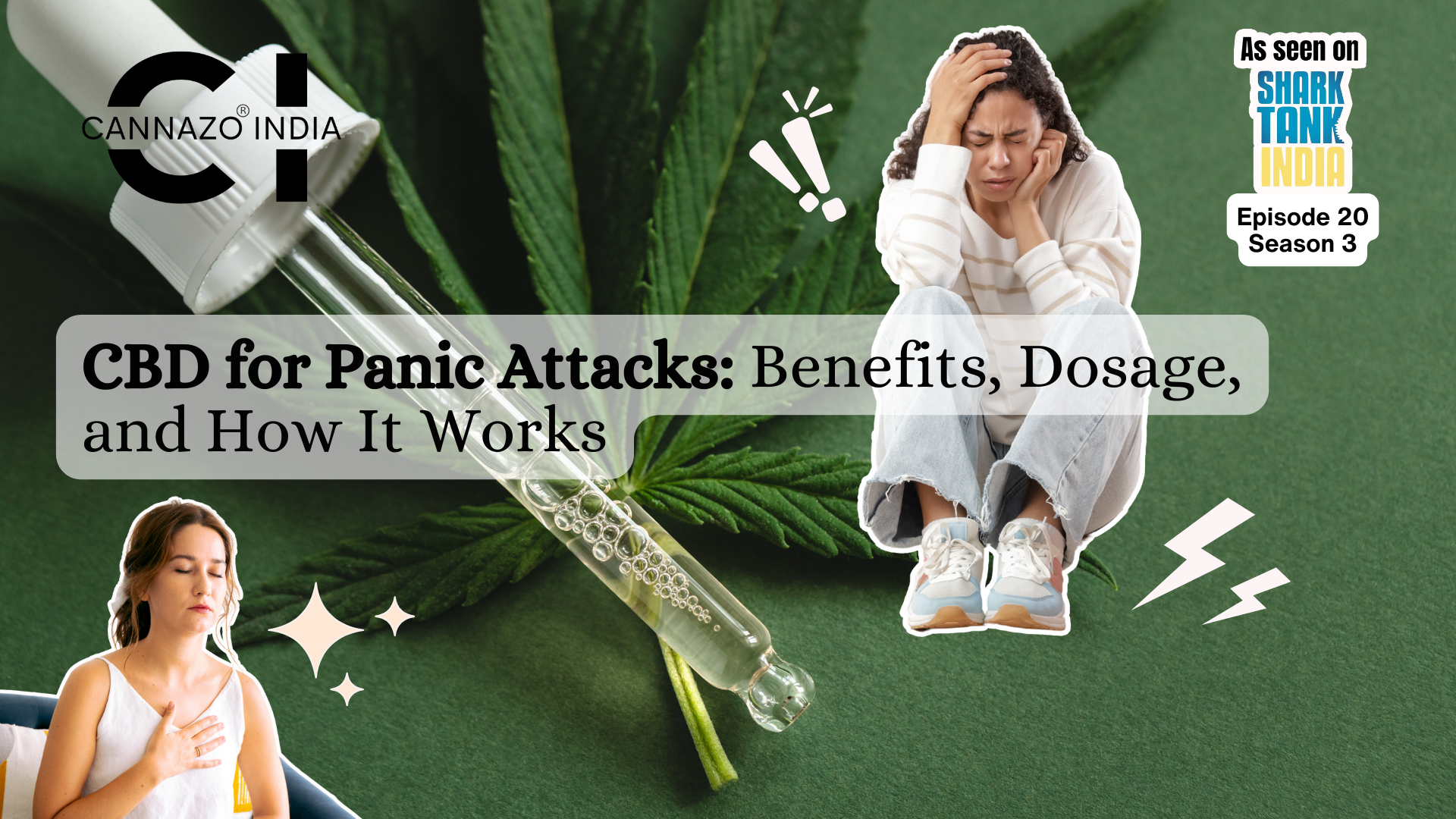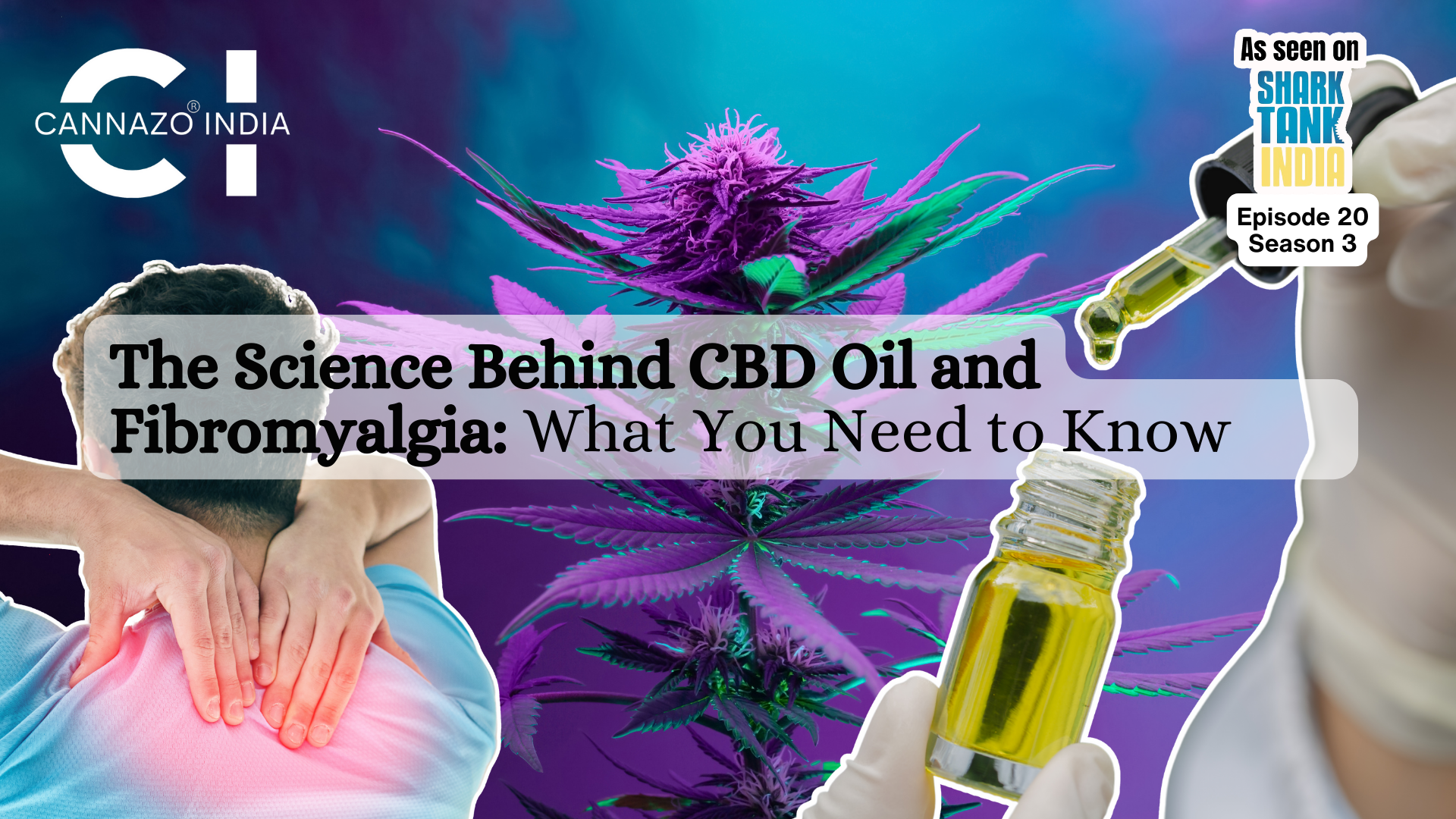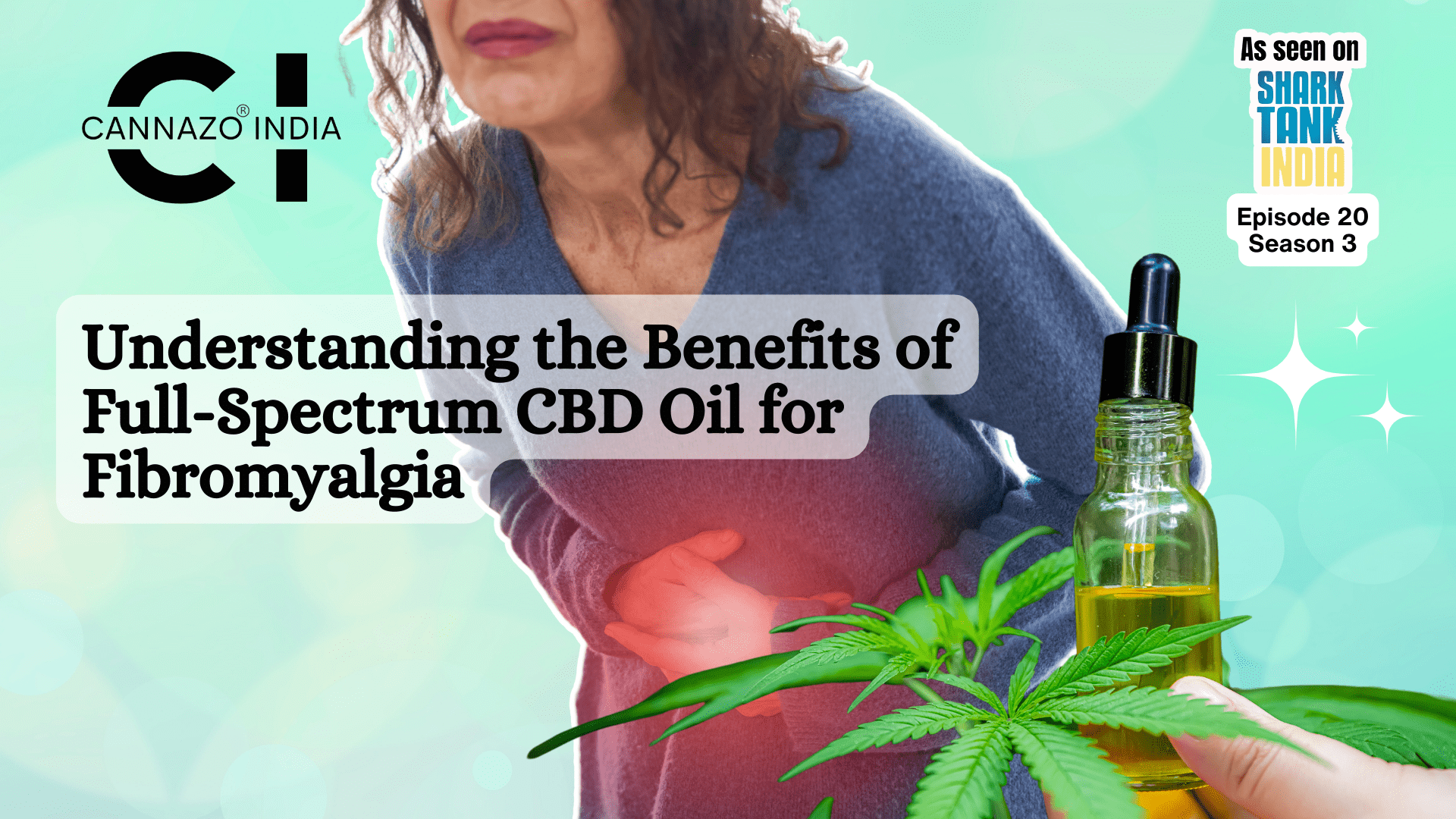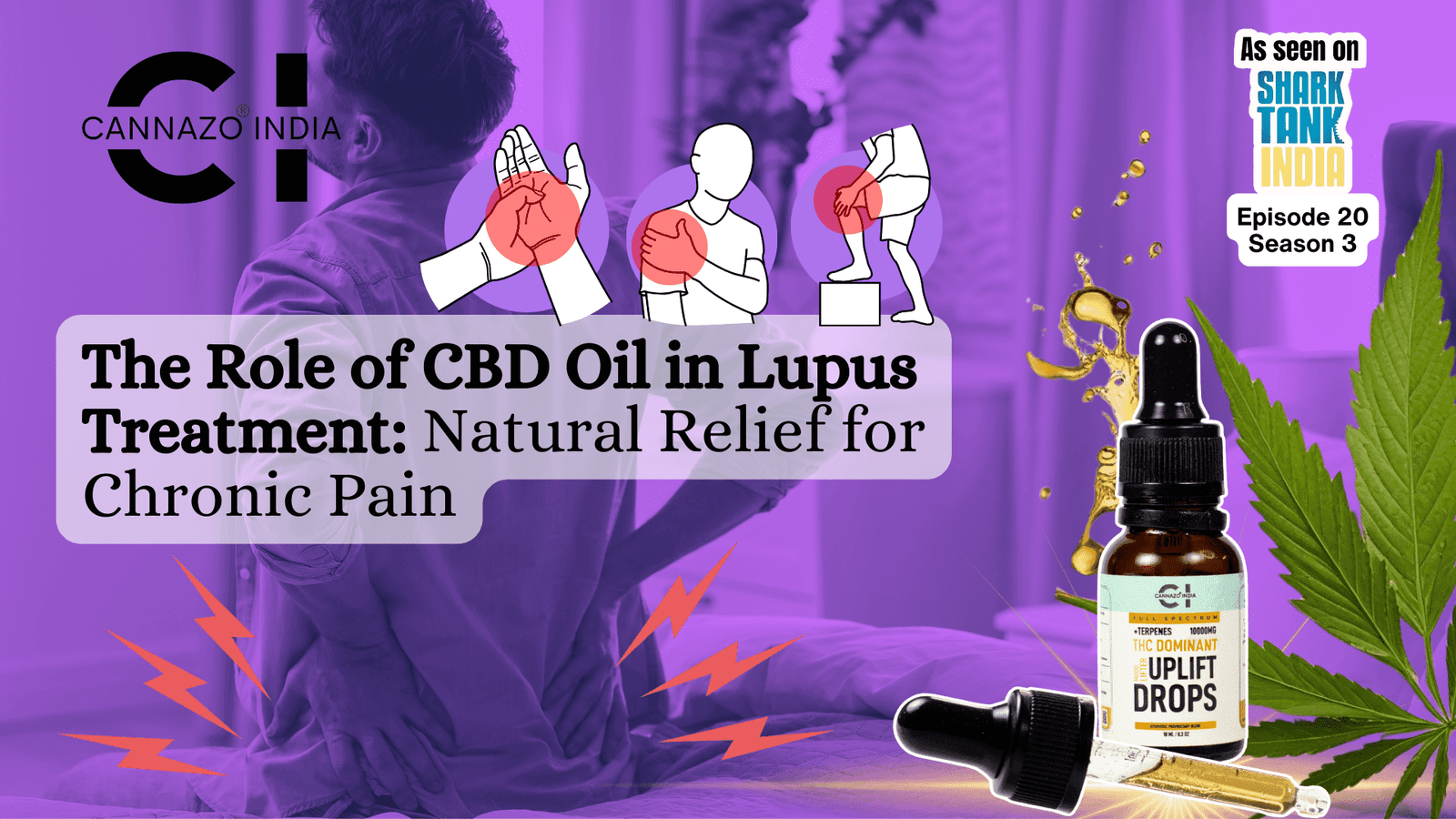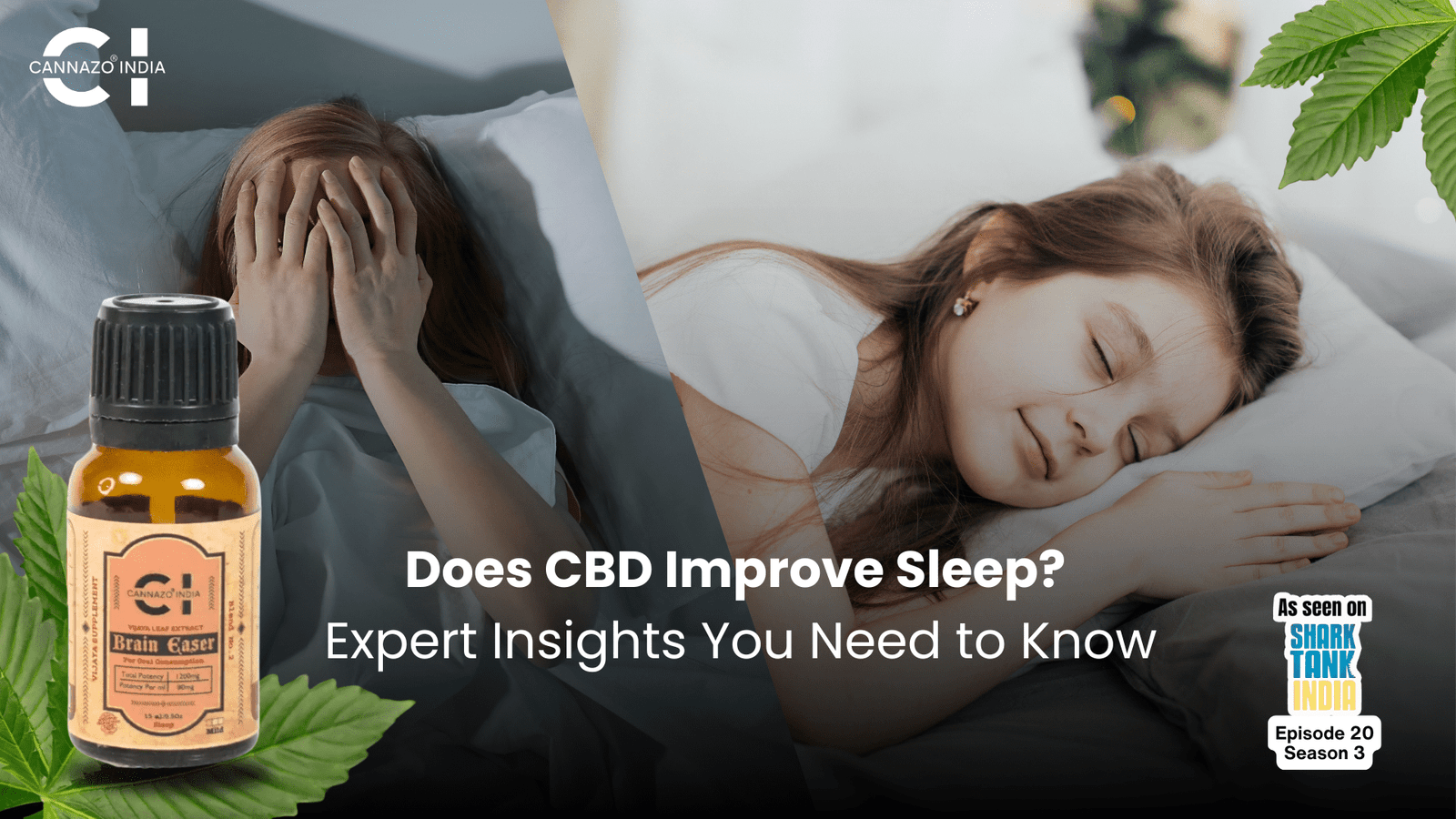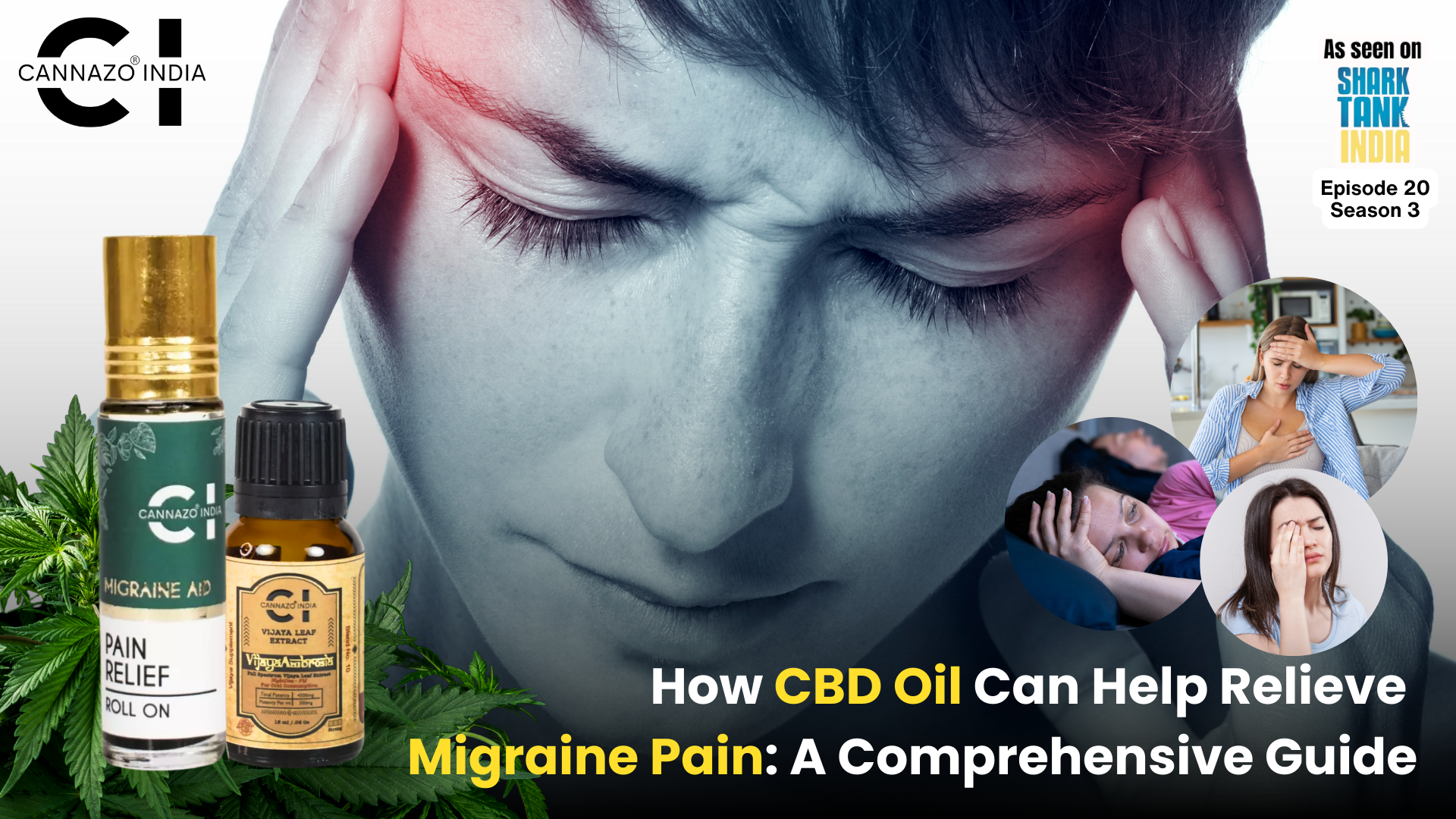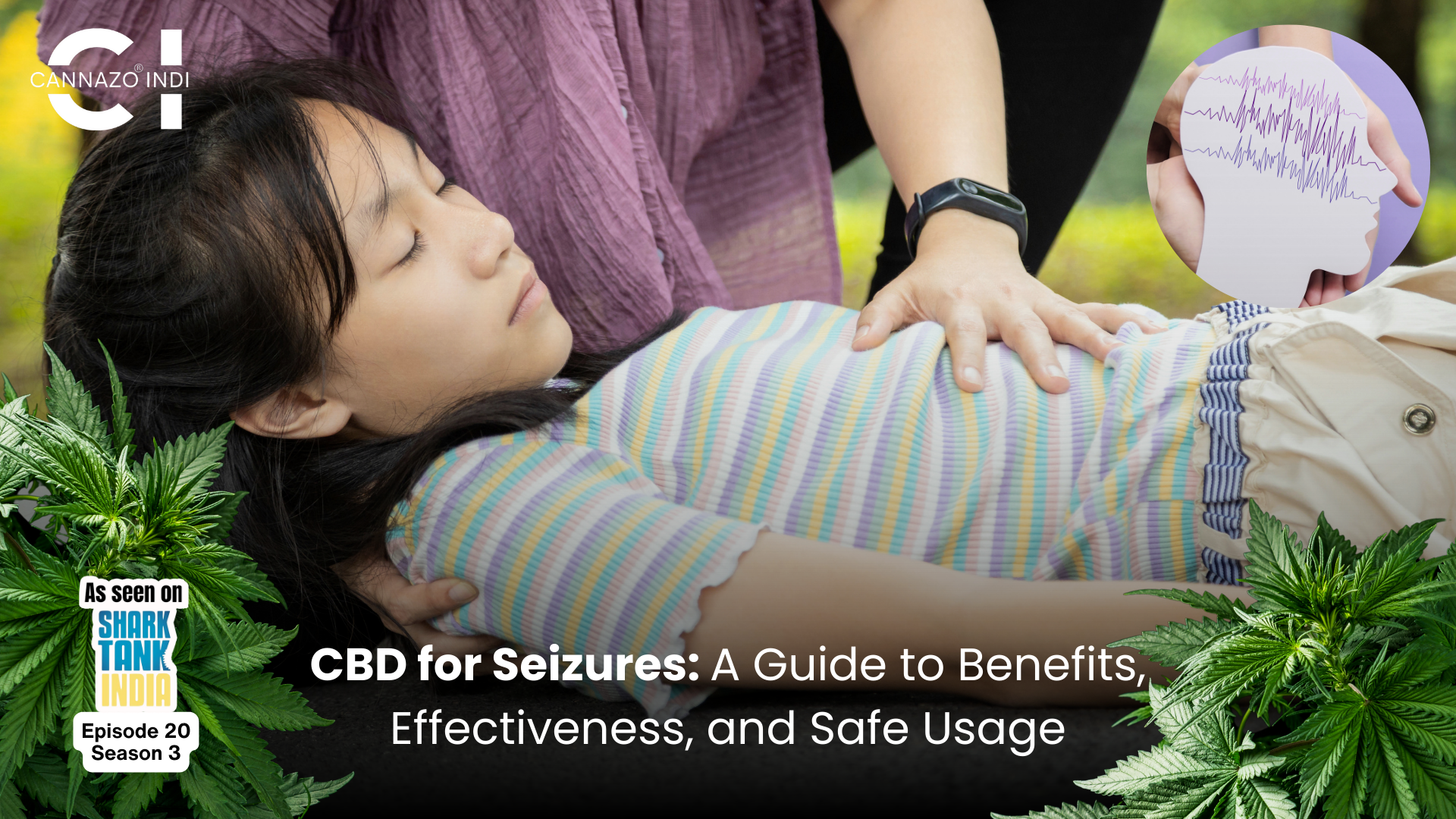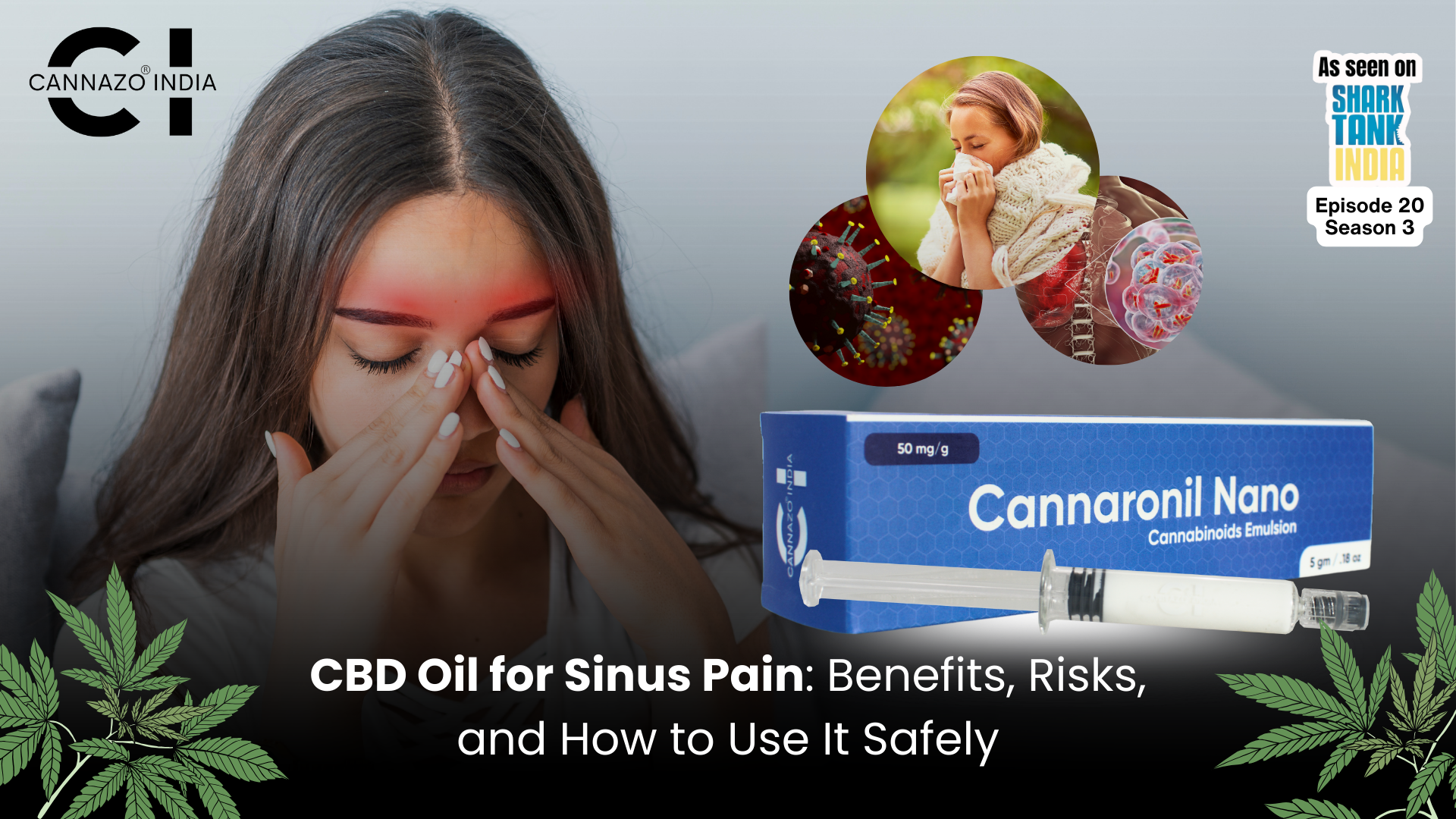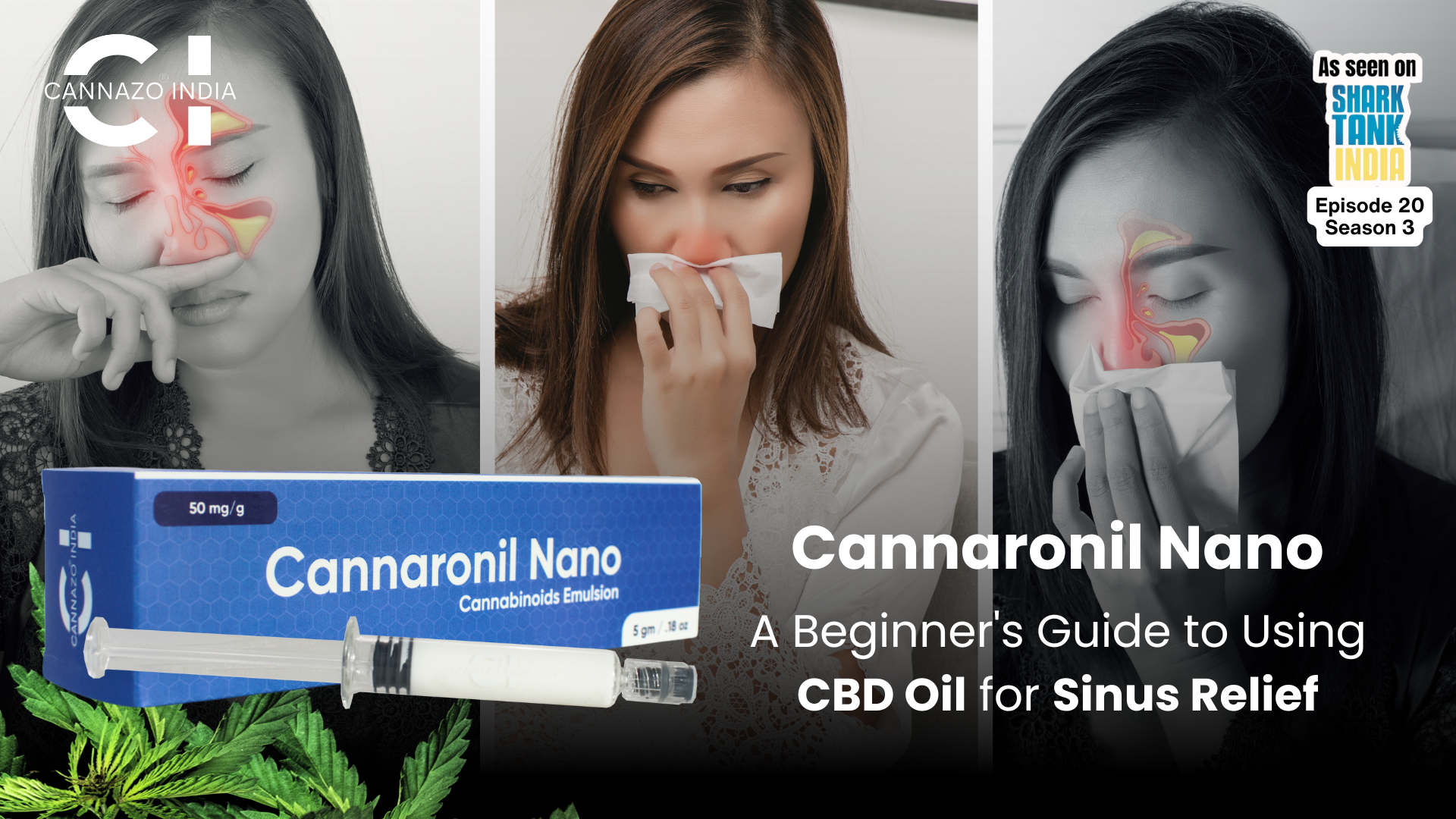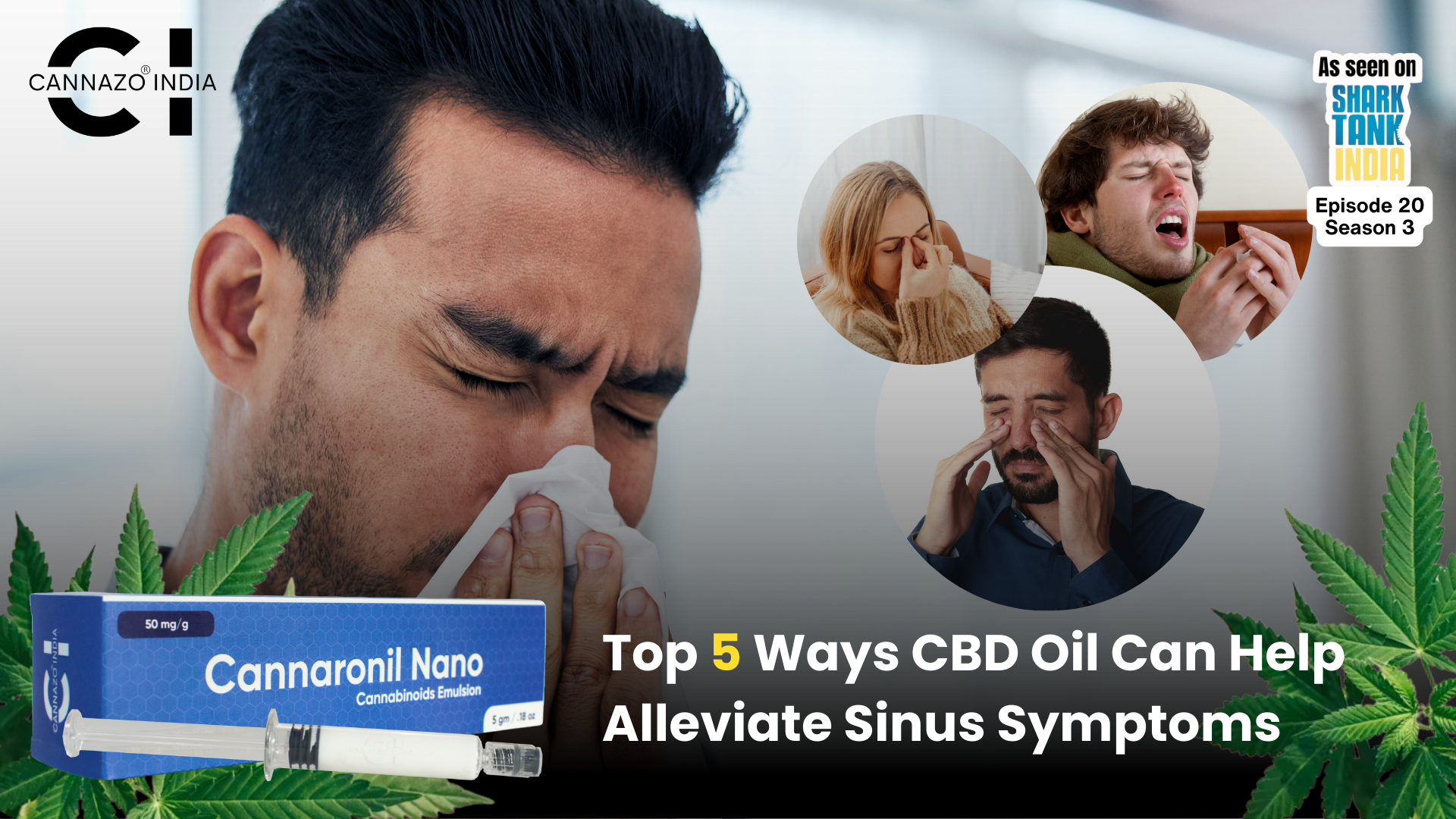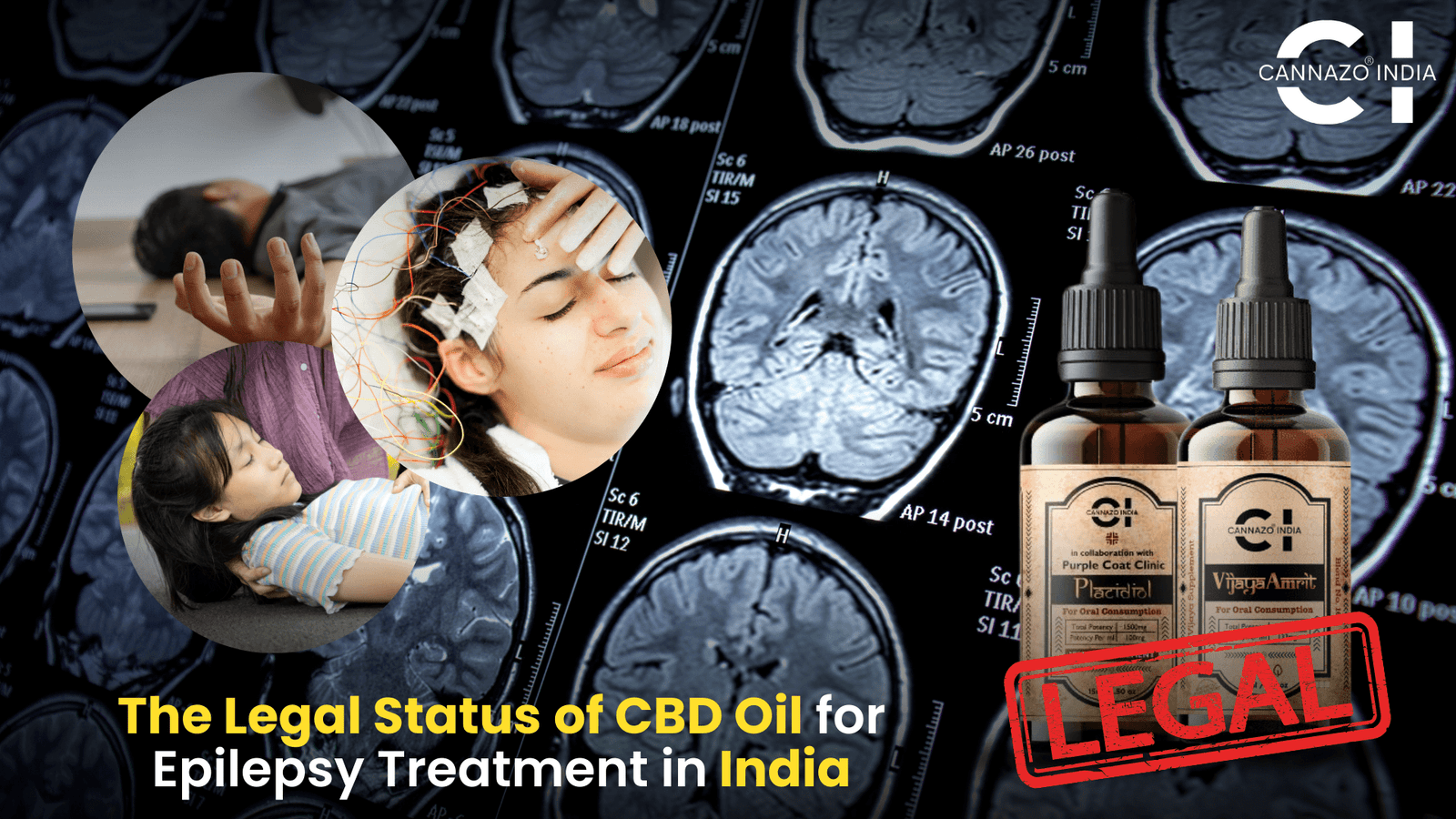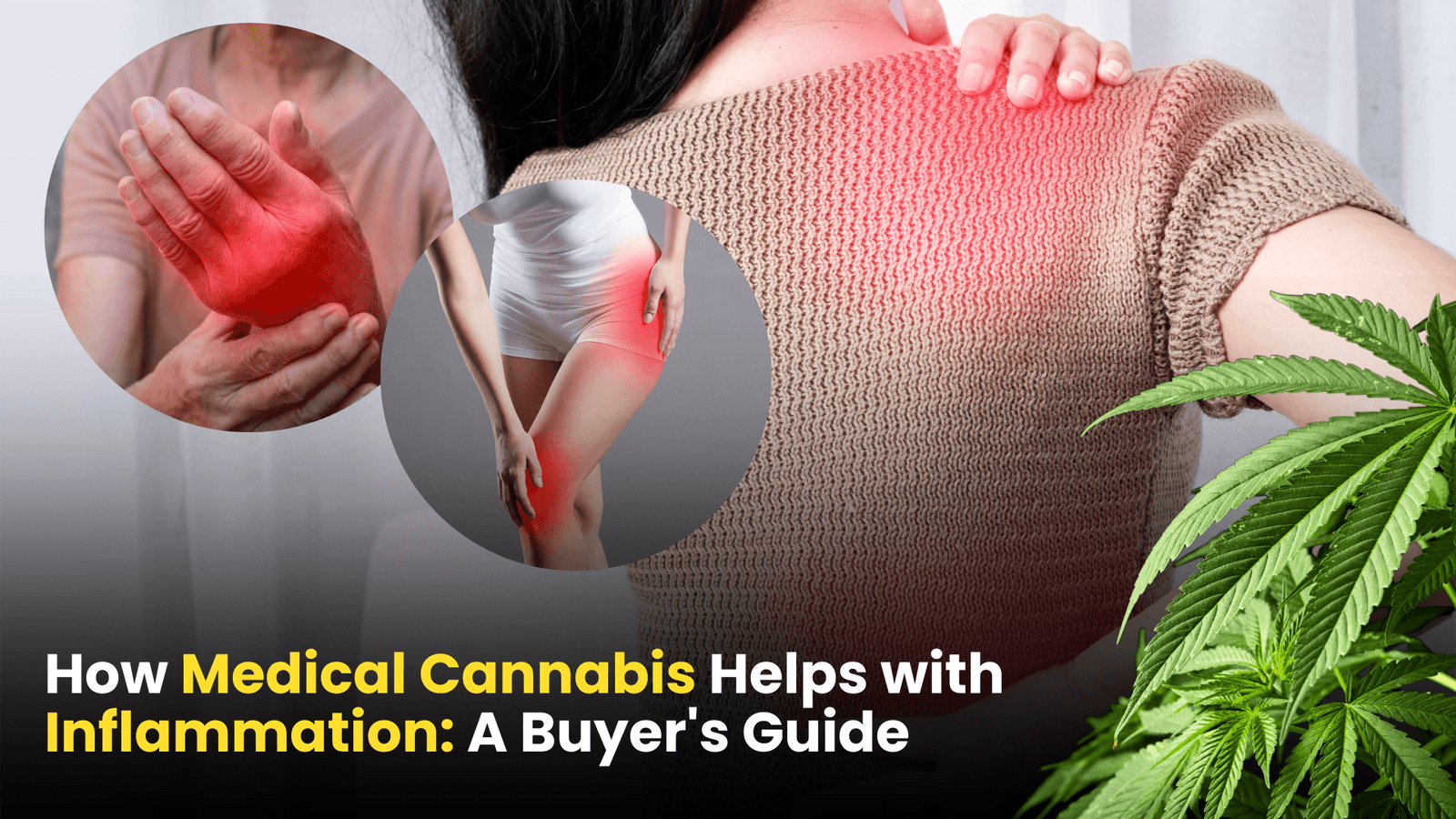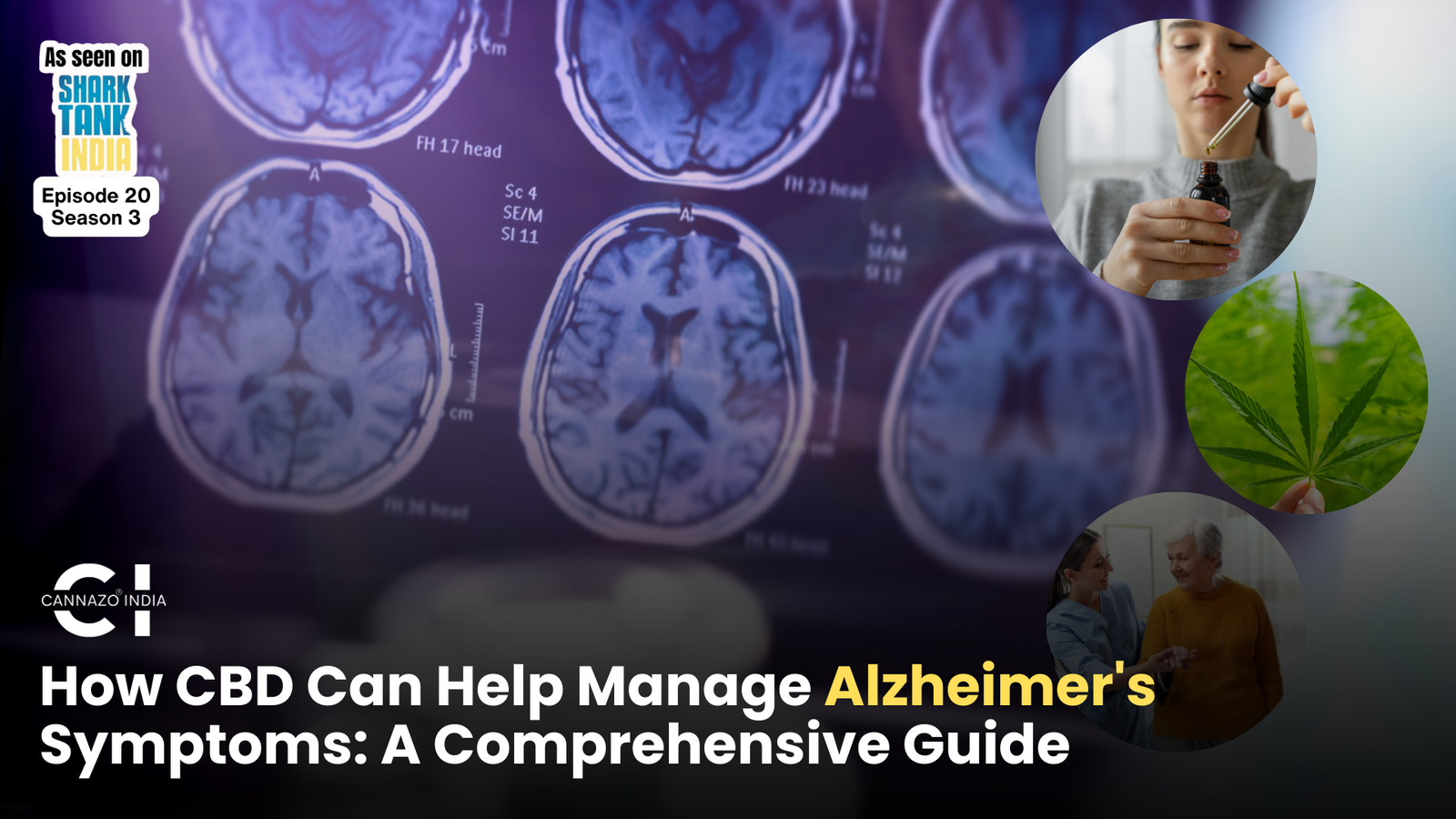In 2019, anxiety disorder was diagnosed in approximately 4% of the global population. Anxiety disorder is different from the usual feeling of worry one might experience sometimes. Anxiety disorder is characterised by excessive worry and/or fear about daily situations which are otherwise simple.
Because of excessive worrying, anxiety disorder affects every part of a patient’s life including social, physical and psychological which degrades their quality of life. This article explores what anxiety is, its symptoms and anxiety disorder medication.
Types of Anxiety Disorders
Since anxiety can affect different aspects of life, it can be categorised into different types. The Diagnostic and Statistical Manual of Mental Disorders 5 (DSM-5) talks about many types of anxiety disorders, some of which are:
- Generalised anxiety disorder (GAD): GAD is the excessive worry or anxiety patients experience over usual, everyday situations like work, school, etc.
- Separation anxiety disorder: It is characterised by excessive anxiety/fear about separating from people to whom the patient is attached.
- Selective mutism: The patient is not able to speak in social situations where they are expected to speak, but may otherwise speak normally.
- Specific phobias: Phobia can be described as fear/anxiety about particular objects or situations like heights, seeing blood and crowded spaces.
- Panic disorder: It is characterised by panic attacks which is an intense surge of fear or discomfort which can lead to trembling, trouble breathing and palpitations.
- Social anxiety disorder (SAD): SAD or social phobia is characterised by excessive fear/anxiety about specific social situations.
Symptoms of Anxiety Disorders
DSM-5 has talked about a list of symptoms along with anxiety disorder medication and treatment for each type of anxiety disorder. In general, anxiety can be characterised by the following physical and lifestyle symptoms:
- Heart palpitations
- Abdominal cramping
- Trembling, shaking, sweating
- Dry mouth
- Chest tightness
- Sleep troubles
- Difficulty in concentrating
Other specific symptoms include panic attacks in panic disorder and, the inability to speak in certain social situations in patients with selective mutism and SAD.
It is important to track the timeline of these symptoms since diagnosing each type requires the patient to present with the symptoms for a specific duration.
Causes and Risk Factors
Anxiety has numerous etiological agents which may co-exist, ranging from genetic, psychological, social factors and other risk factors including:
- Genetic mutations: Certain gene mutations, e.g.: in neurotransmitter receptors, may lead to anxiety due to dysregulation of neurotransmitters.
- Heredity: Having a family history of anxiety makes one more prone to having it.
- Negative events: There is some evidence abuse, parental divorce, passing away of loved ones, and other stressful events may increase the risk of developing anxiety.
- Behavioural inhibition: It is the expression of inhibition upon experiencing a new situation, and displaying it during childhood is associated with developing anxiety disorder.
When to See a Doctor
It is important to visit a doctor when suspected anxiety symptoms first start to appear, or are worsening. These symptoms might be useful to either eliminate or diagnose conditions with similar symptoms to anxiety.
If symptoms have been occurring consistently for quite some time, it is wise to have a check-up. Lastly, visiting the local hospital ER when having suicidal thoughts is crucial since they can provide immediate assistance which may help manage anxiety effectively.
Treatment Options
Treating anxiety has two approaches: drug-based and non-drug-based. They are usually used in conjunction for the best treatment outcome. Commonly used anxiety disorder medications include:
- Selective serotonin reuptake inhibitors (SSRIs): escitalopram, fluoxetine, sertraline, etc.
- Selective serotonin-norepinephrine reuptake inhibitors (SNRIs): venlafaxine and duloxetine.
- Tricyclic anti-depressants (TCAs): imipramine and clomipramine.
CBD oil: CBD is an alternative anxiety disorder medication which is gaining popularity. A review summarises the efficacy of CBD oil in treating anxiety wherein numerous animal studies and clinical trials have revealed that CBD may help in improving anxiety, depression and sleep disturbances, among other benefits.
SSRIs and SNRIs are the first-line drugs prescribed for anxiety disorders. They are prescribed before moving on to TCAs since they have relatively fewer side effects.
These conventional anxiety disorder medications have side effects like gastrointestinal distress, sexual dysfunction and bleeding. On the other hand, CBD has been shown to have very mild side effects like dry mouth, fatigue and nausea.
As for non-drug-based approaches, the most common treatment includes cognitive brain therapy (CBT) where a doctor (or the patient) examines anxiety-inducing thoughts and then tries to understand how to manage them.
Strategies and Self-Help Tips
Although anxiety disorder medications may be effective at managing your anxiety, holistic management is always preferred. For that, the following self-help tips may be followed:
- Talking: Talking about your anxiety with a therapist, a support group or a friend might help in relieving it for some time.
- Breathing: Practicing breathing exercises may help manage breathing when experiencing unmanageable anxiety.
- Exercise: Whether it be the gym or simply dancing, exercising may help regulate mood and help alleviate anxiety.
Conclusion
Anxiety disorder is different and more severe than the usual anxiety over some situations. It can severely affect the quality of life of individuals including physical, psychological and social factors.
Available treatment modes show good efficacy along with some severe side effects however, new research shows promising candidates for anxiety disorder medications like CBD oil.
References
- American Psychiatric Association. (2015). Anxiety disorders: DSM-5® selections. American Psychiatric Pub.
García-Gutiérrez, M. S., Navarrete, F., Gasparyan, A., Austrich-Olivares, A., Sala, F., & Manzanares, J. (2020). Cannabidiol: a potential new alternative for the treatment of anxiety, depression, and psychotic disorders. Biomolecules, 10(11), 1575.
- Michael, T., Zetsche, U., & Margraf, J. (2007). Epidemiology of anxiety disorders. Psychiatry, 6(4), 136-142.
Vanin, J. R., Helsley, J. D., Morgan, D. M., & Vanin, J. R. (2008). Overview of anxiety and the anxiety disorders. Anxiety disorders: A pocket guide for primary care, 1-18.
- HealthyPlace (2017, October 5). When Should You See a Doctor for Anxiety? When Should You See a Doctor for Anxiety? Retrieved June 18, 2024, from https://www.healthyplace.com/blogs/anxiety-schmanxiety/2017/10/when-to-see-your-doctor-about-your-anxiety-symptoms
- PsychCentral (2021, November 3). Top 7 Lesser Known Self-Help Strategies for Anxiety. Top 7 Lesser Known Self-Help Strategies for Anxiety. Retrieved June 18, 2024, from https://psychcentral.com/anxiety/anxiety-self-help#sleep-better
- PsychReel (2022, October 1). DSM 5 Anxiety Disorders (A complete guide). DSM 5 Anxiety Disorders (A Complete Guide). Retrieved June 18, 2024, from https://psychreel.com/dsm-5-anxiety-disorders/
- World Health Organization (2023, September 27). Anxiety disorders. Anxiety Disorders. Retrieved June 18, 2024, from https://www.who.int/news-room/fact-sheets/detail/anxiety-disorders





